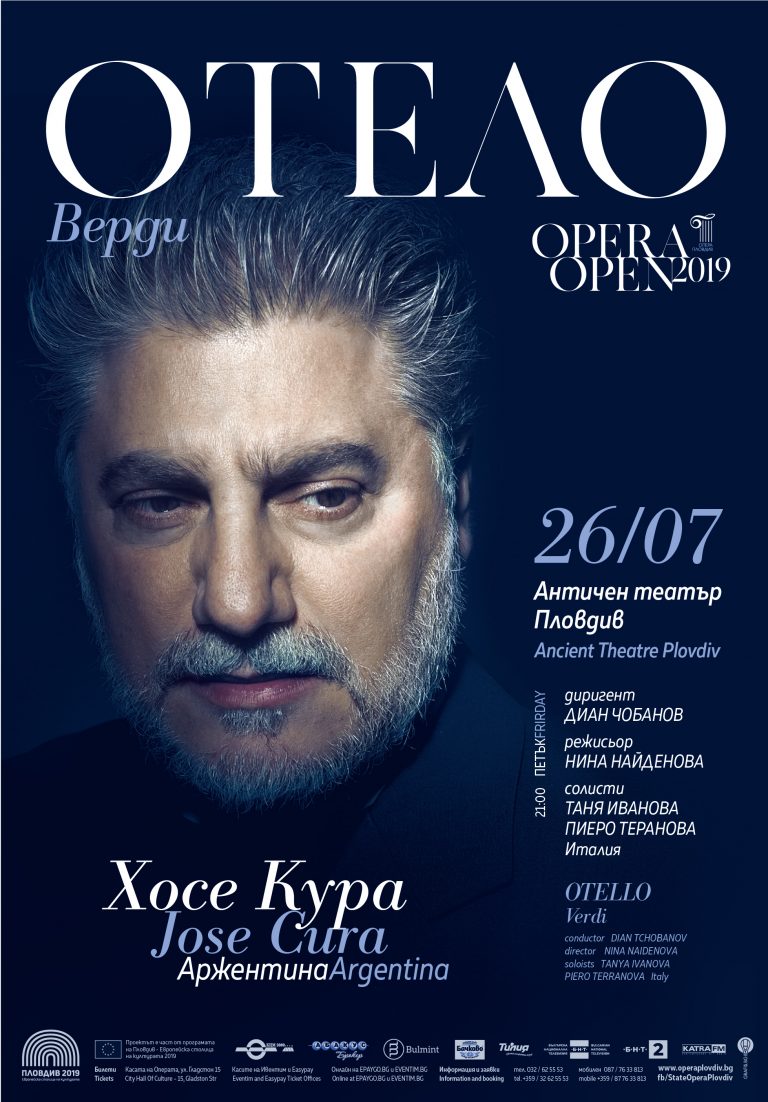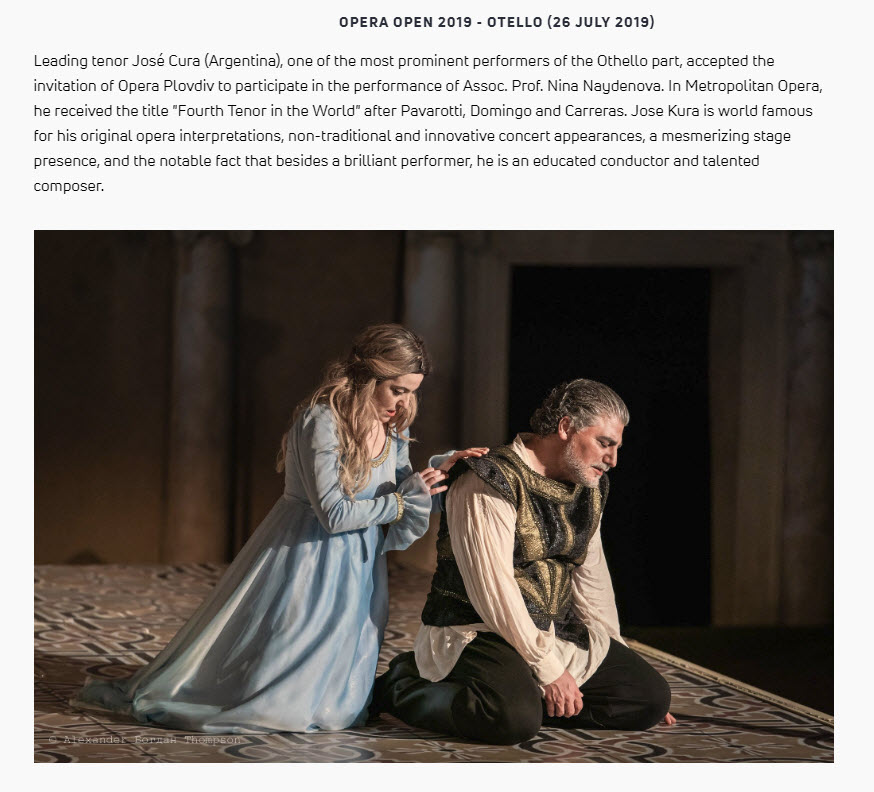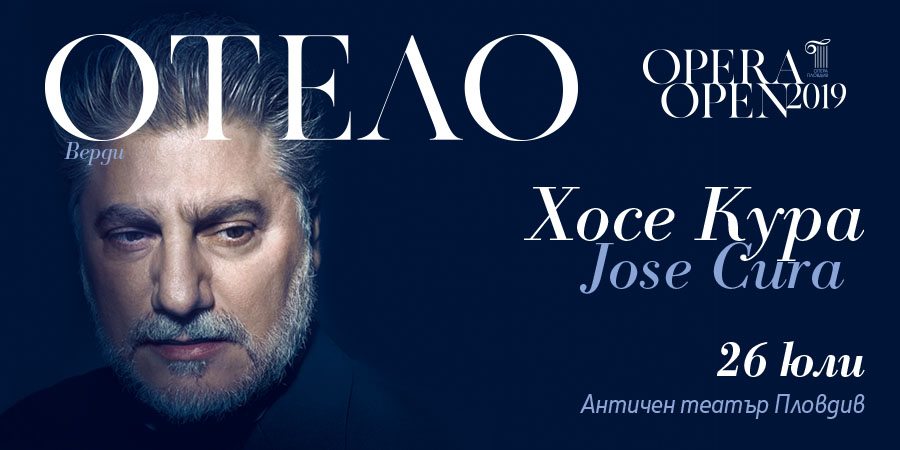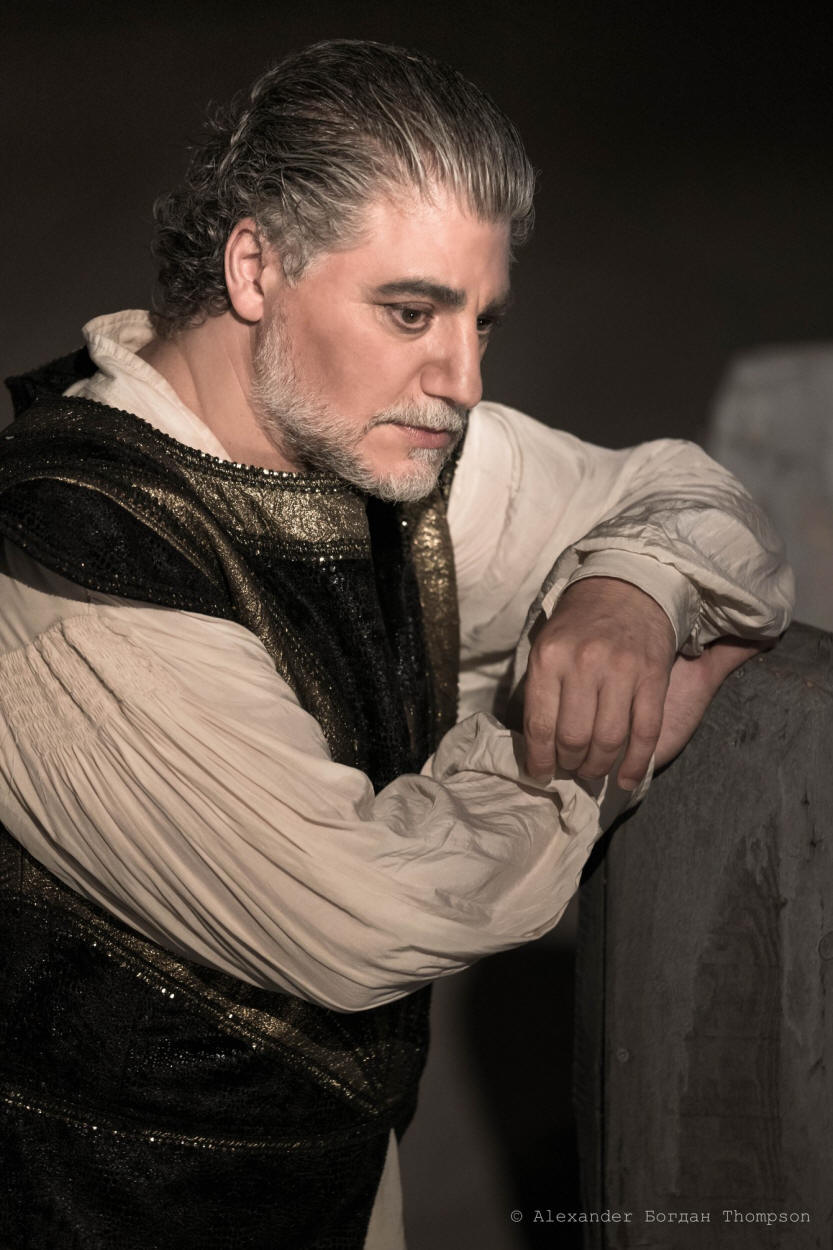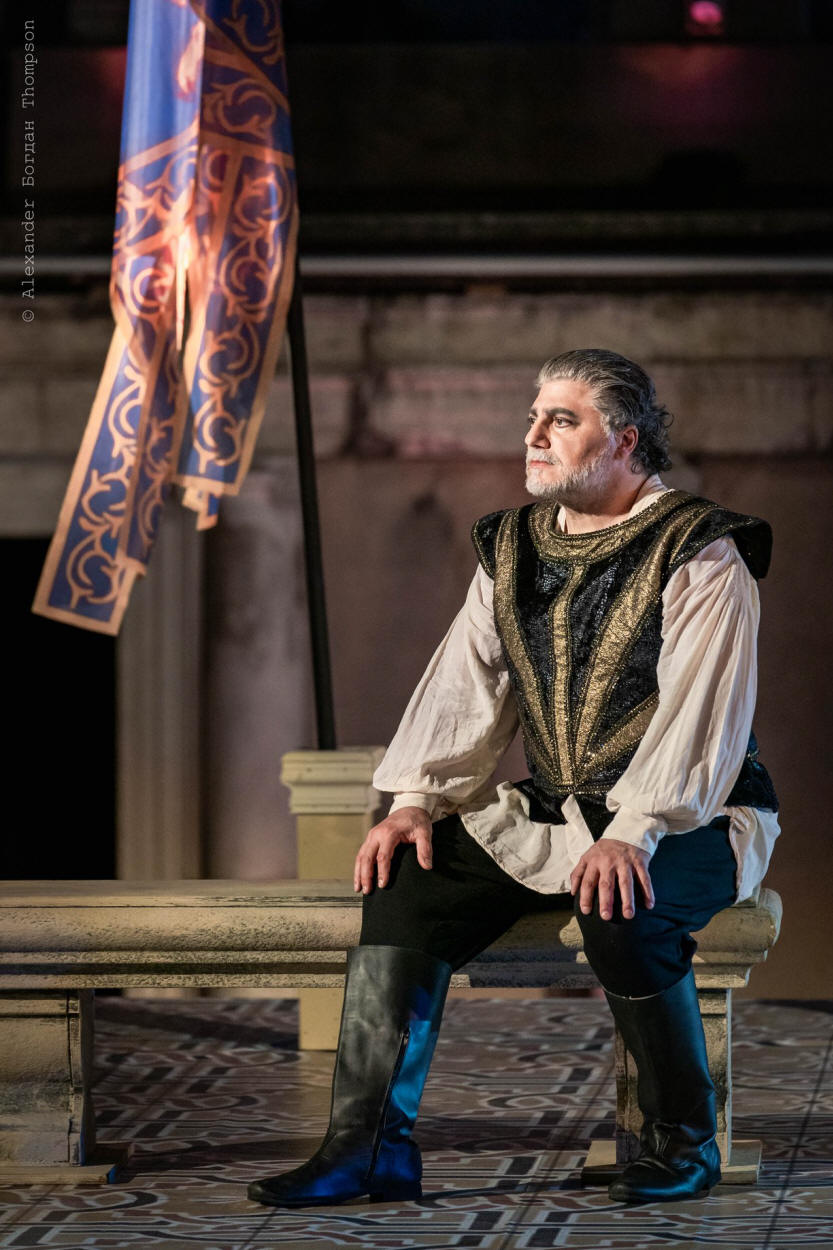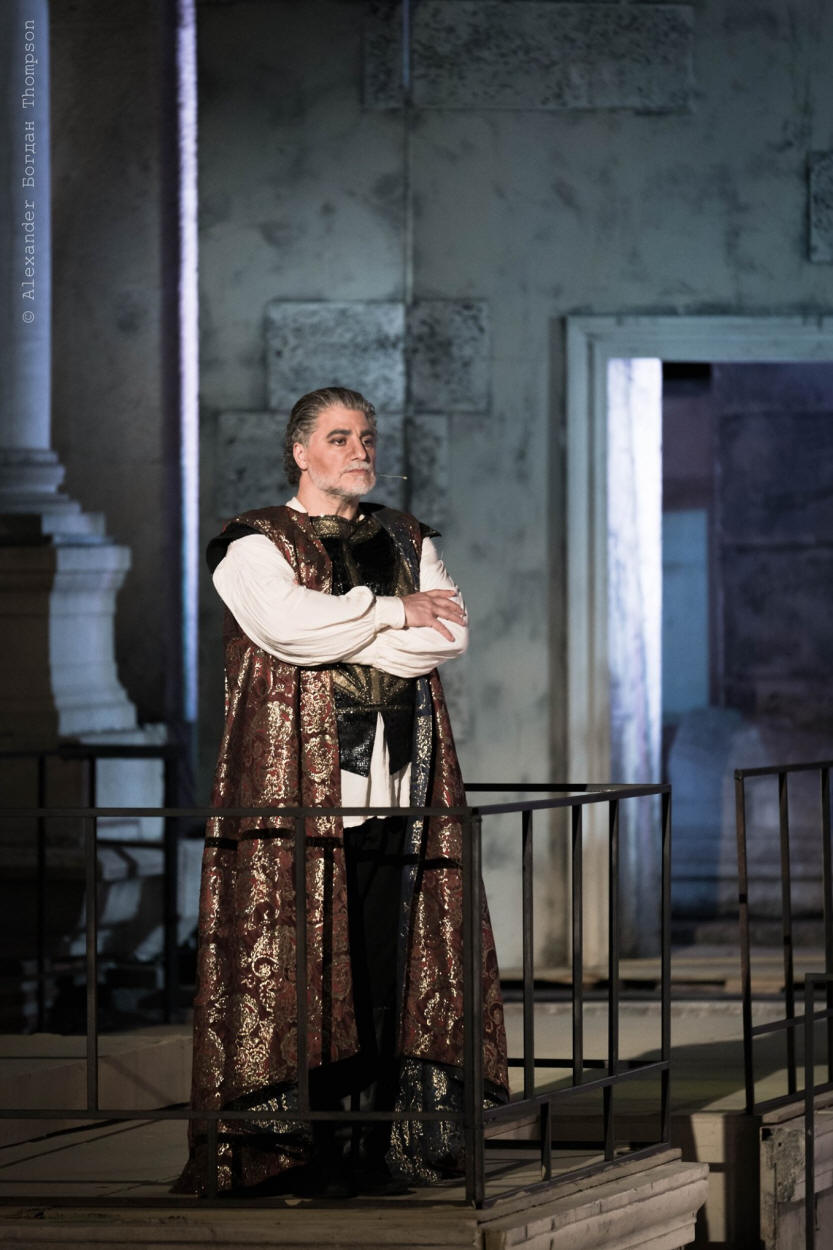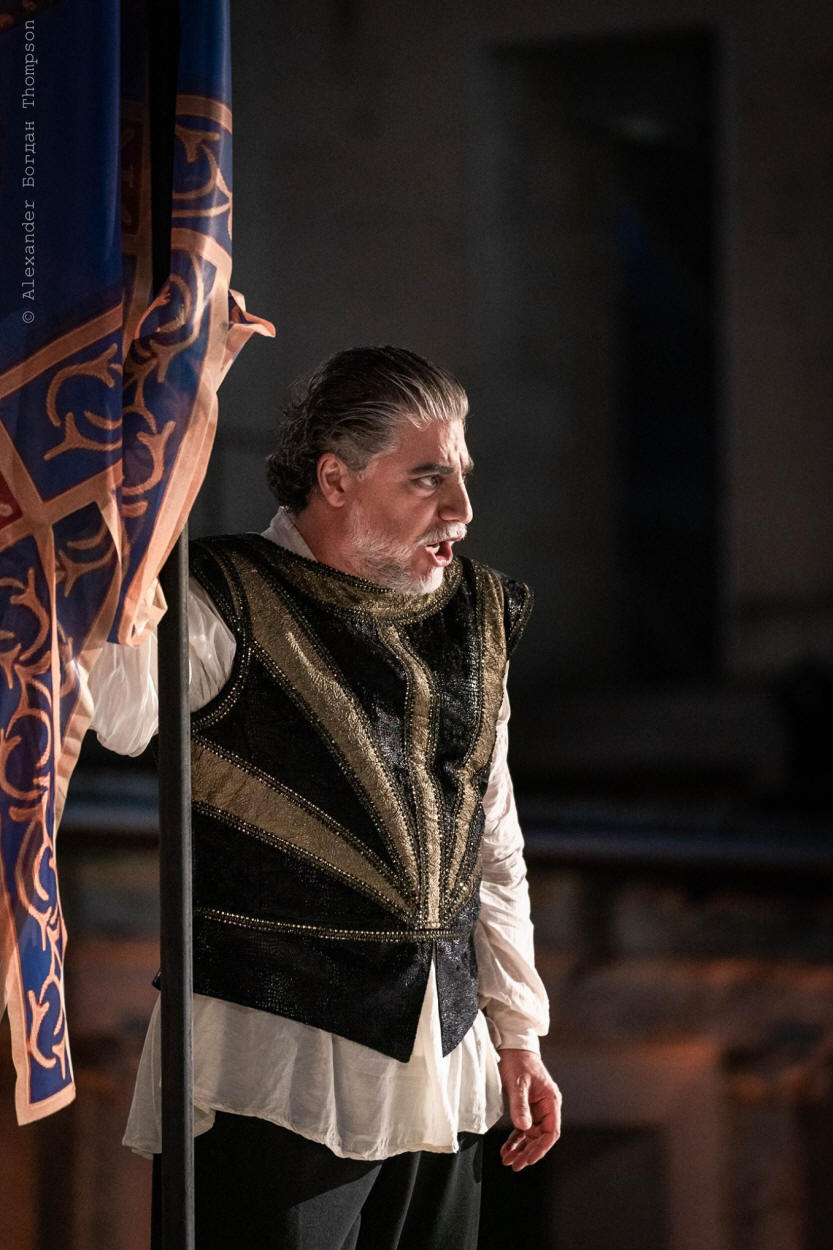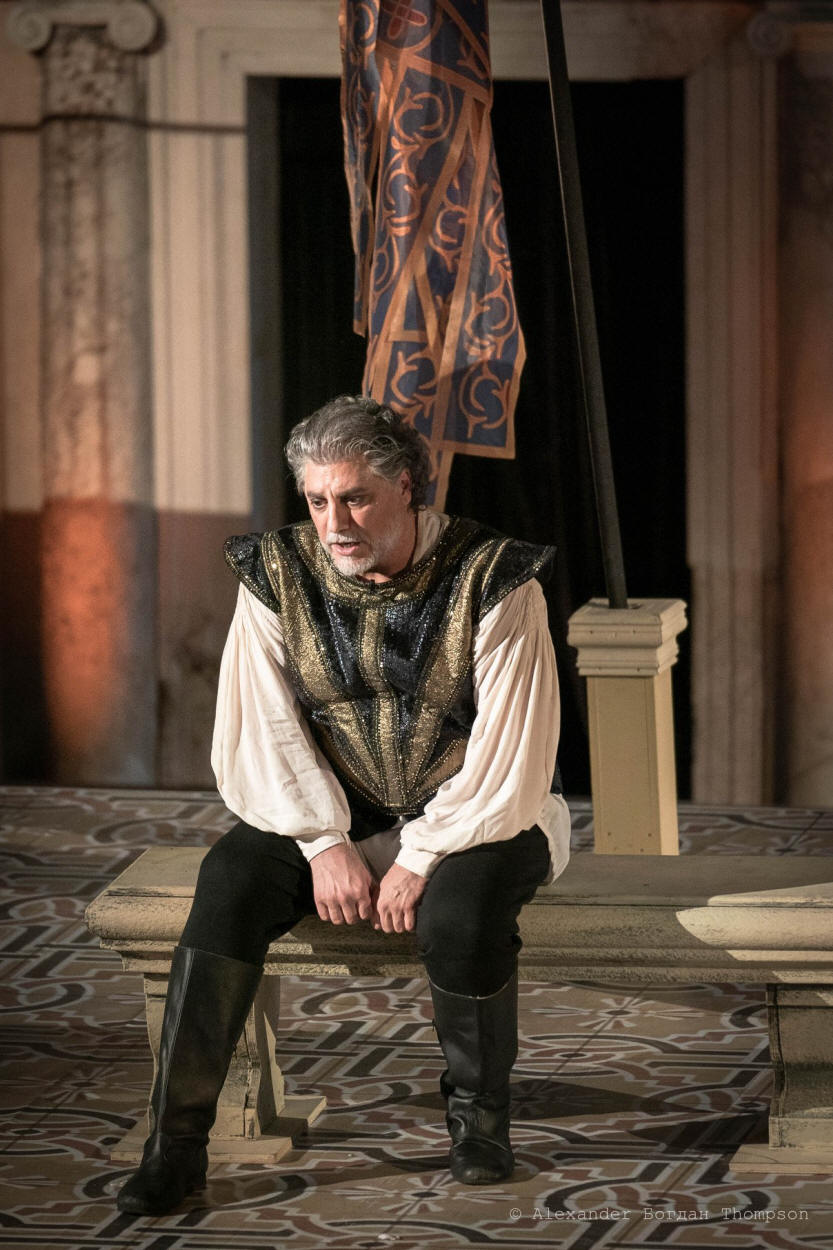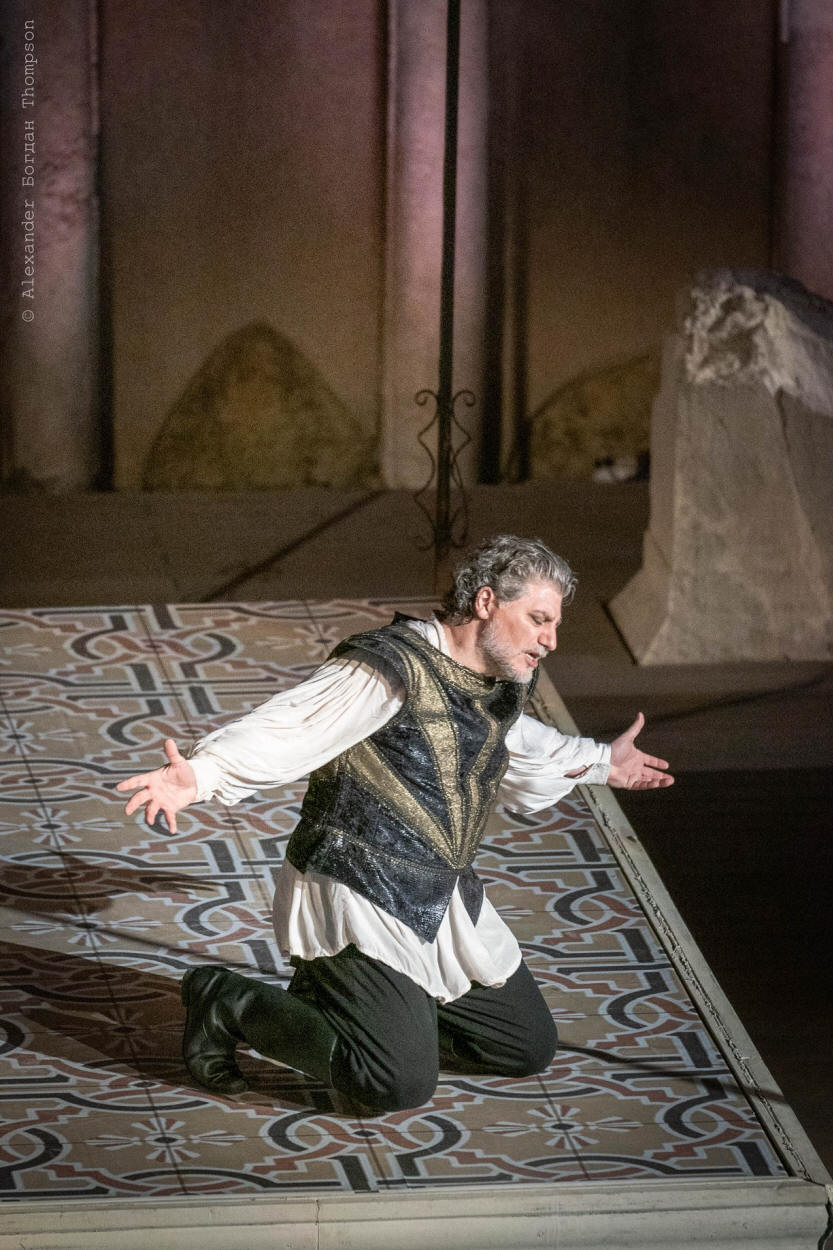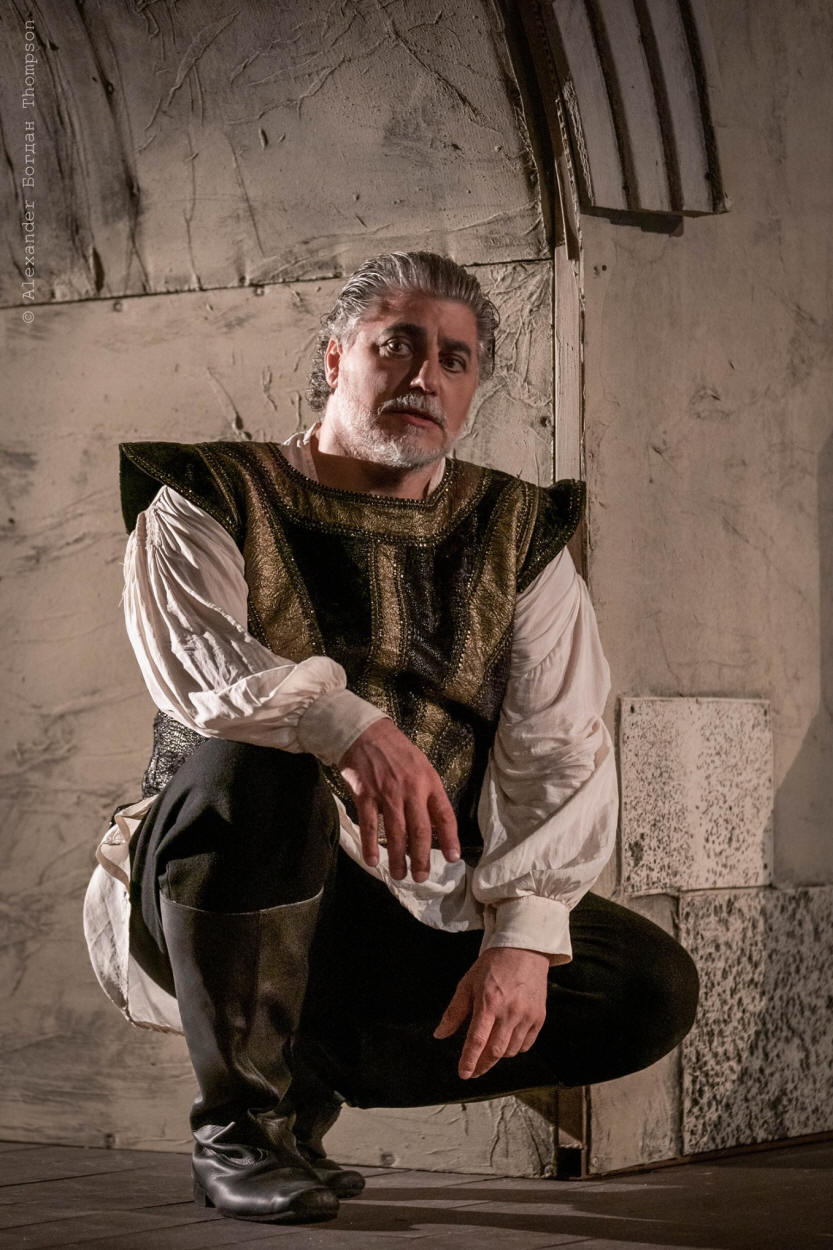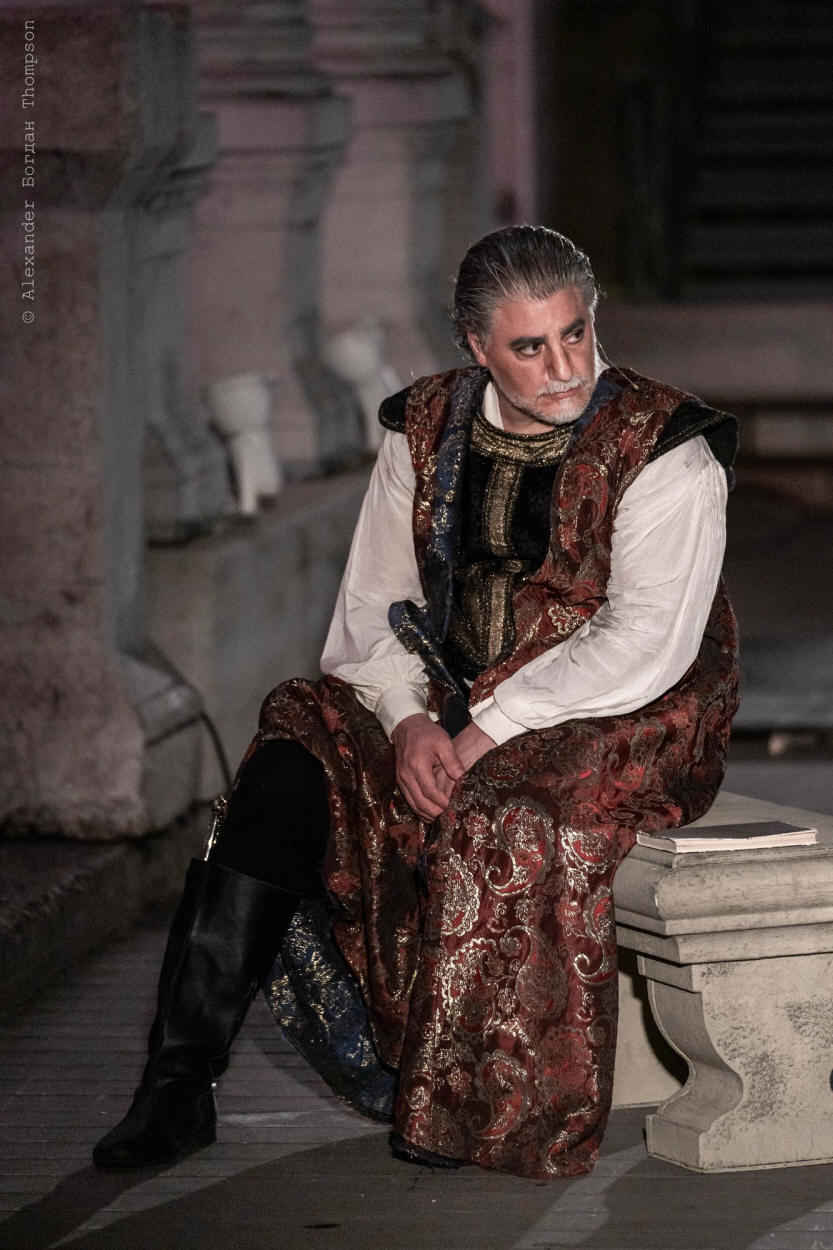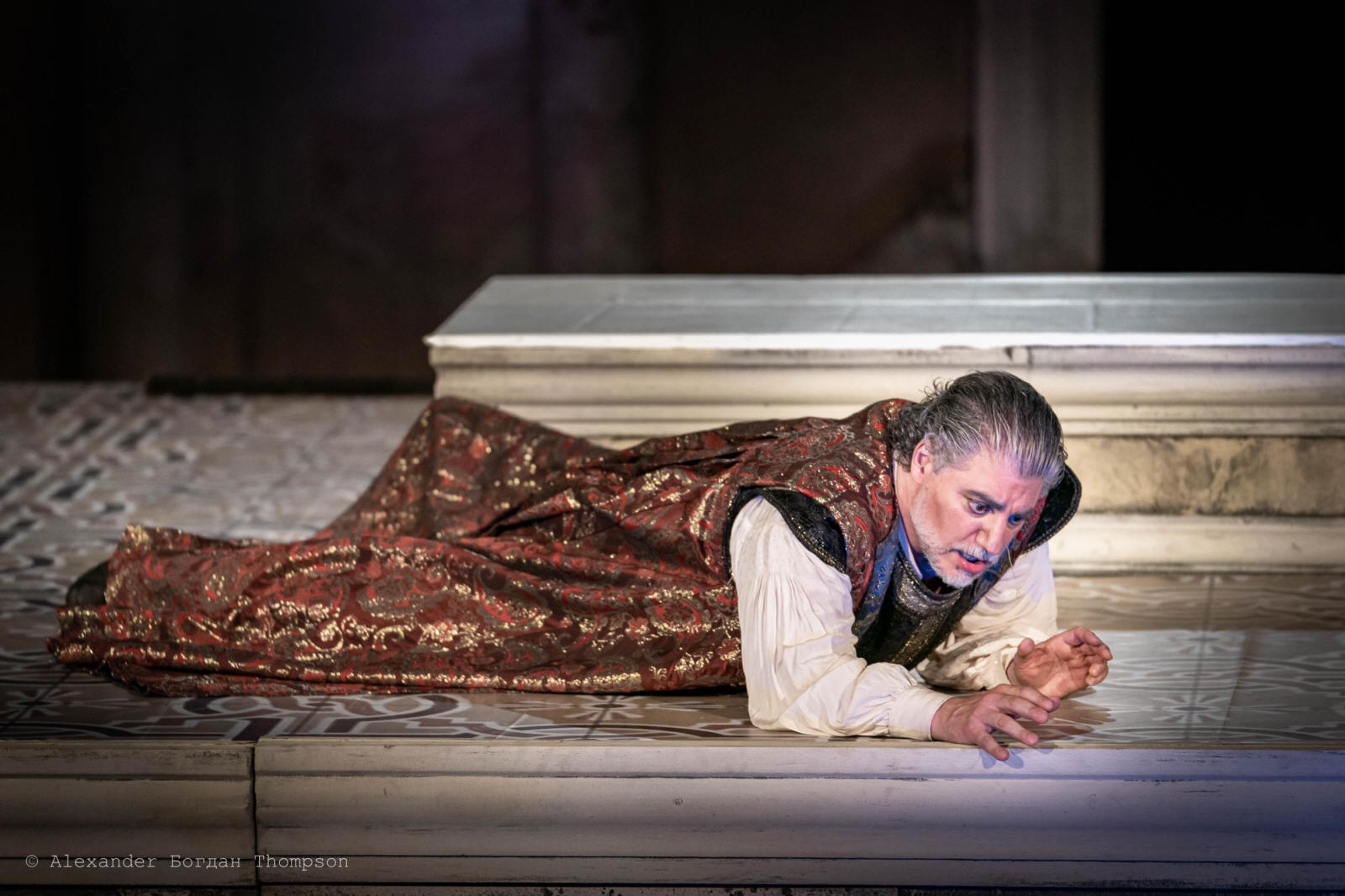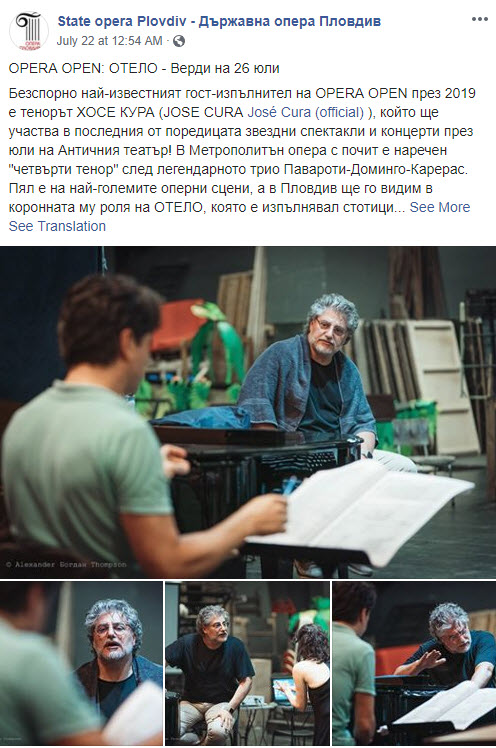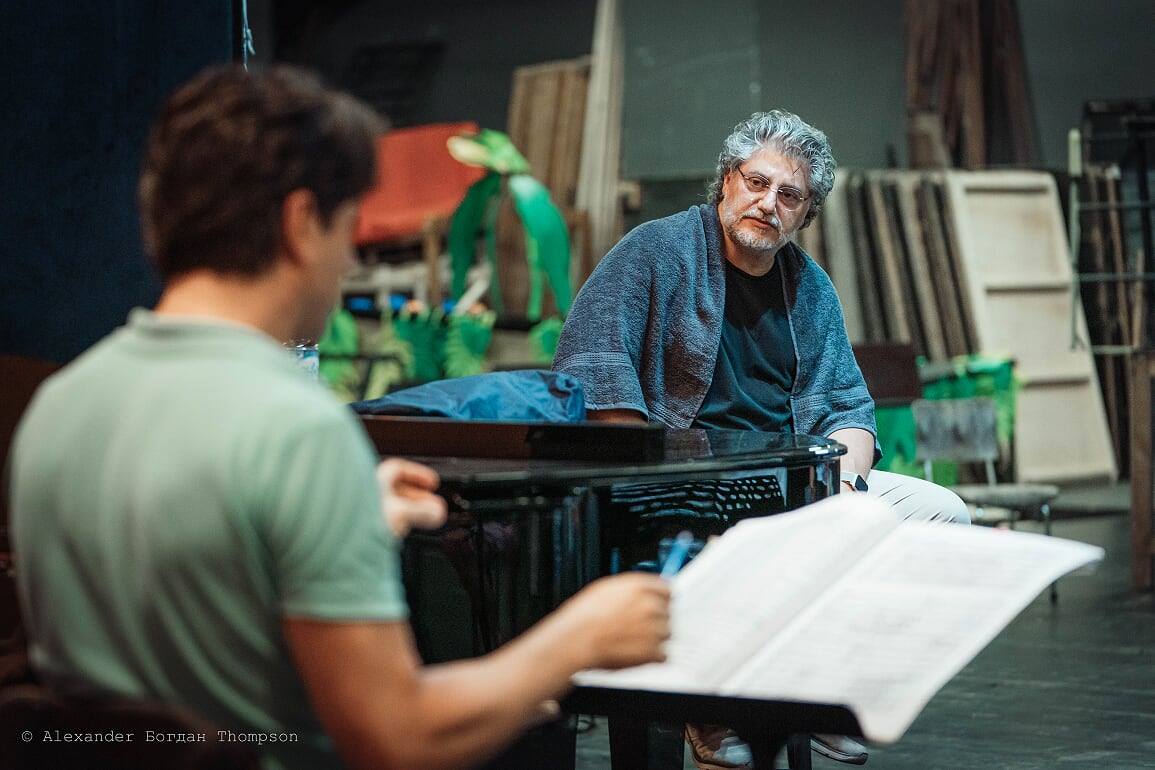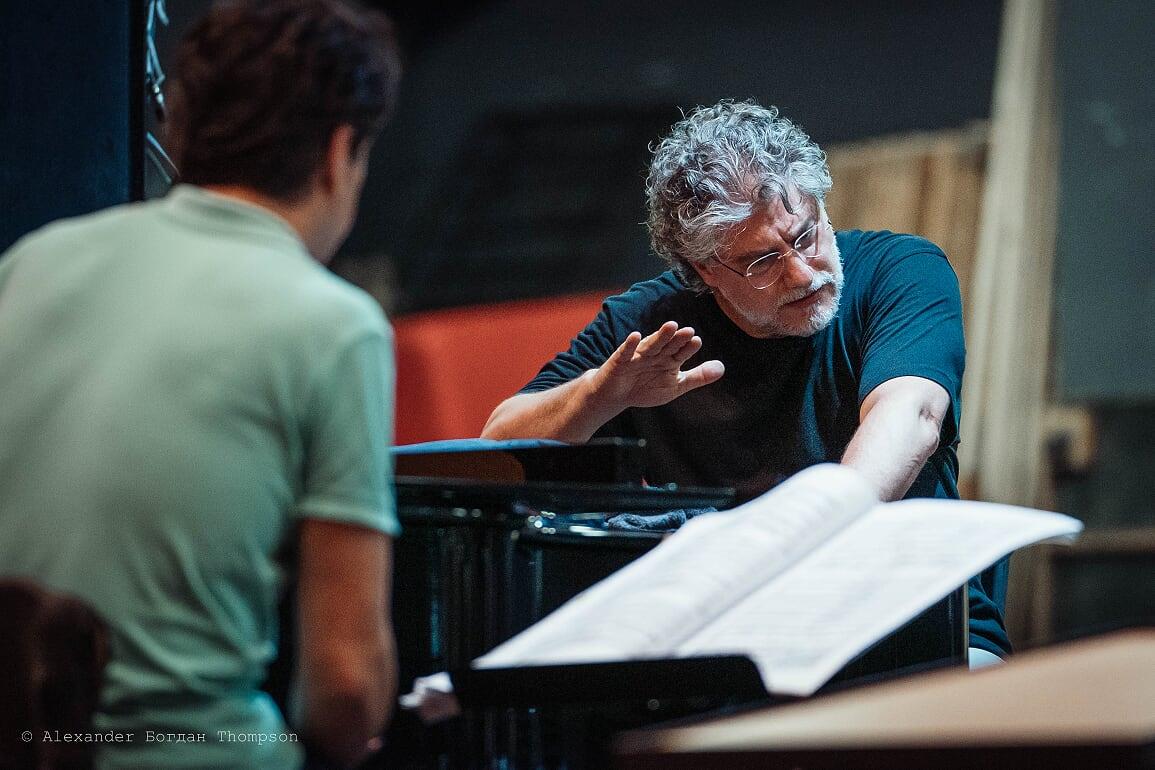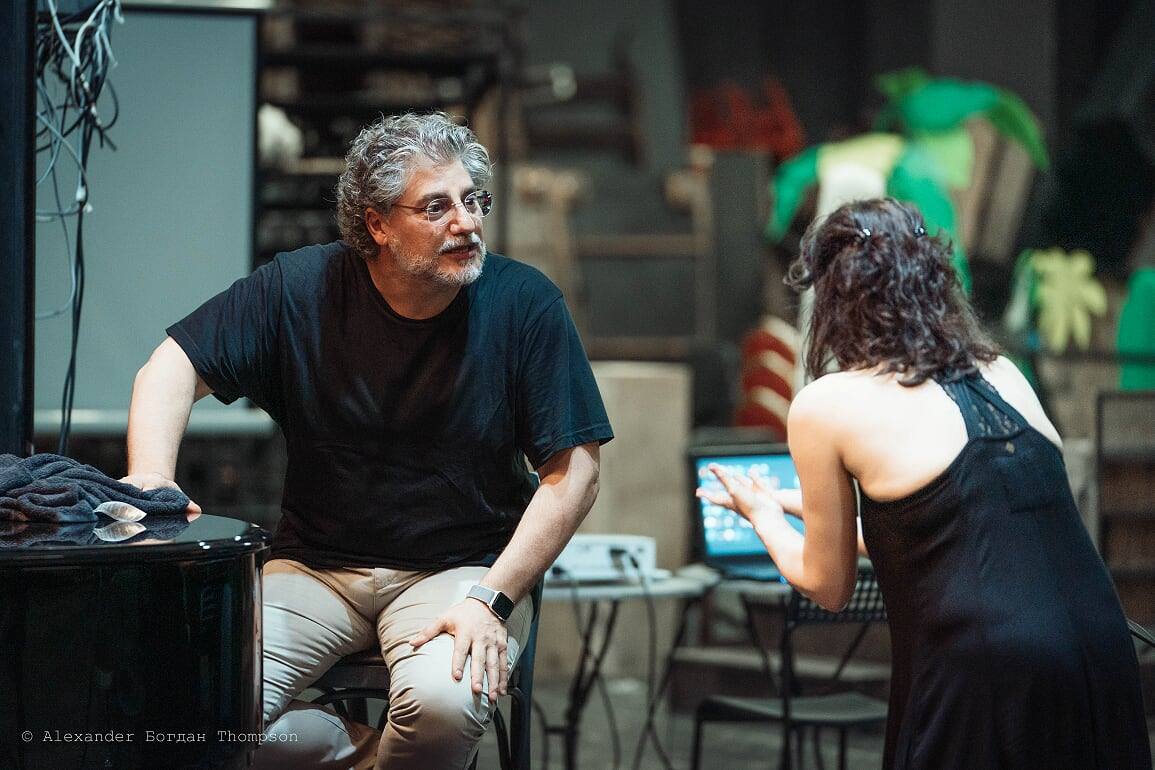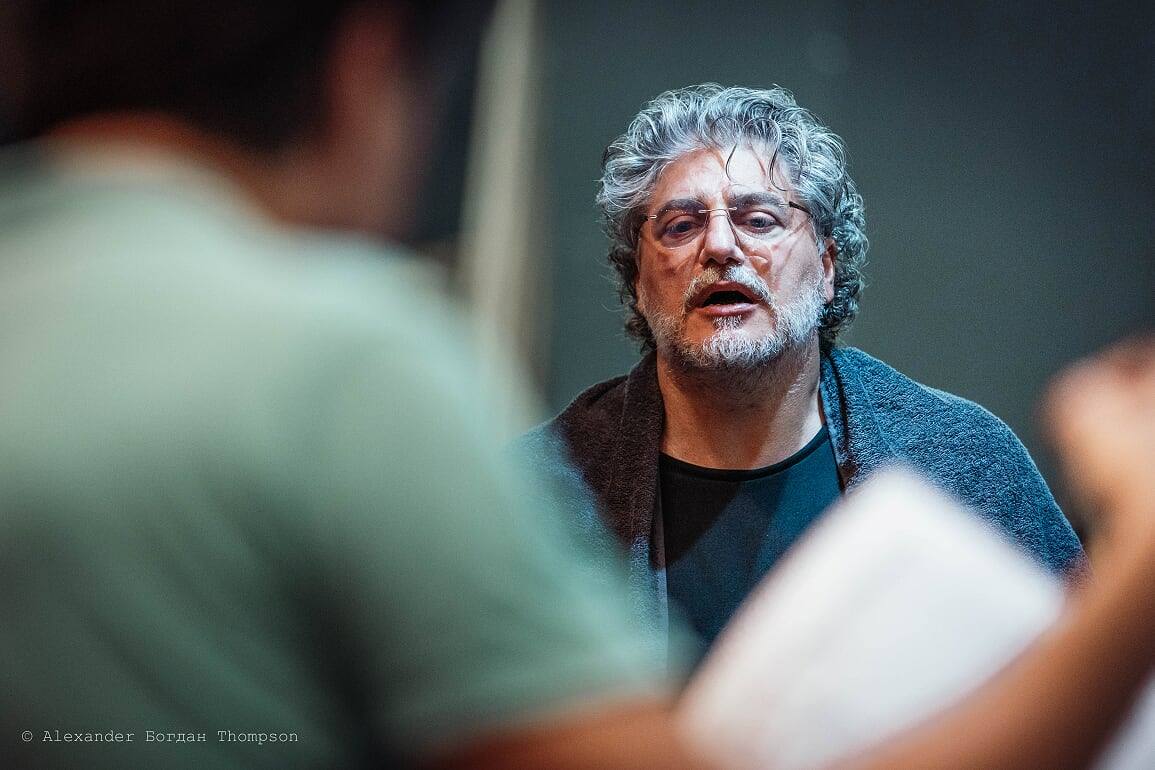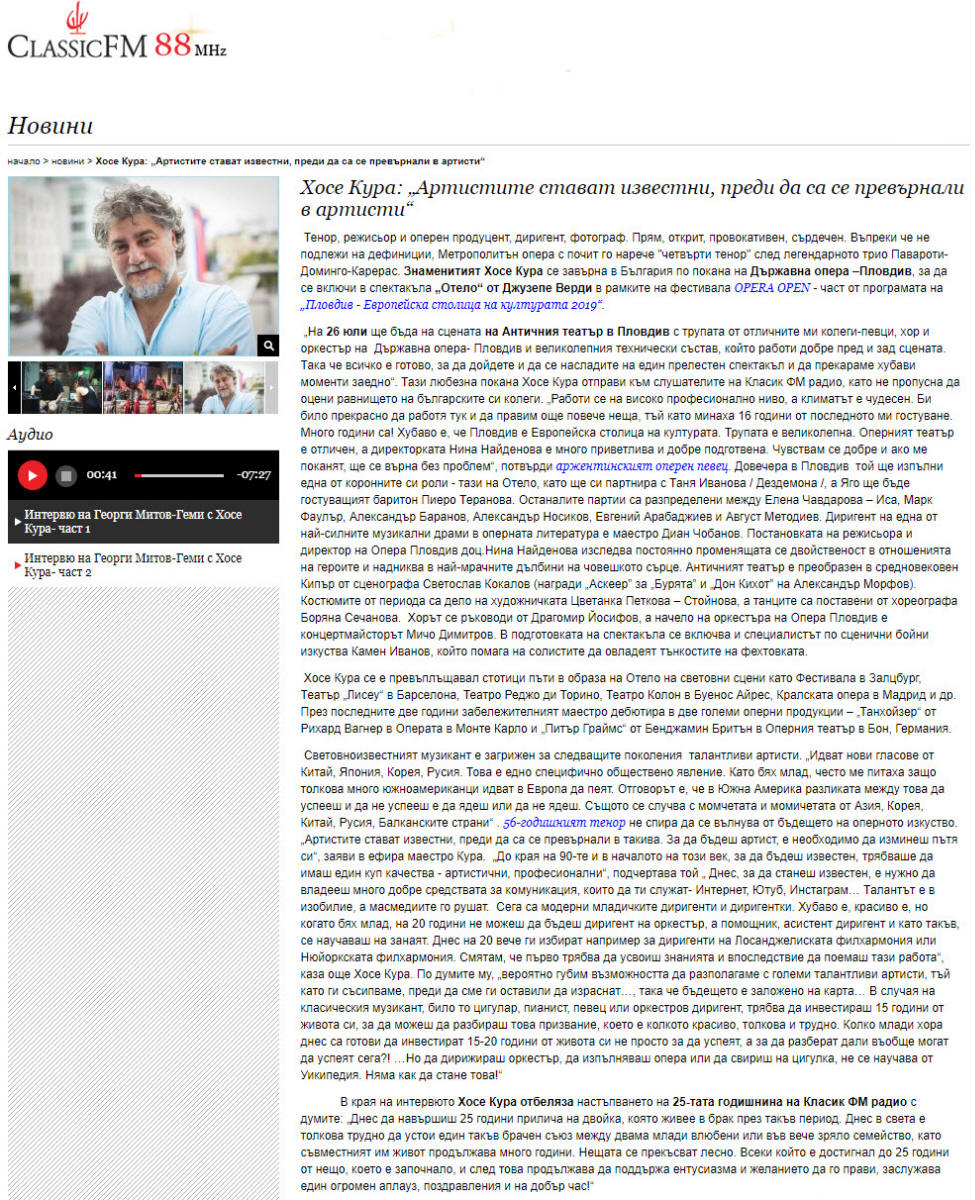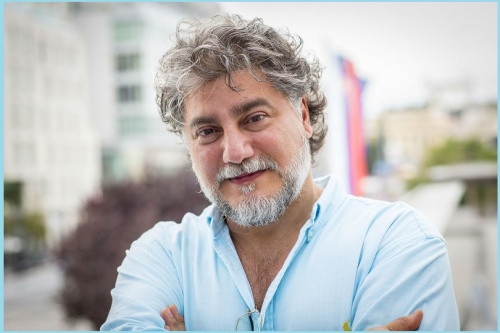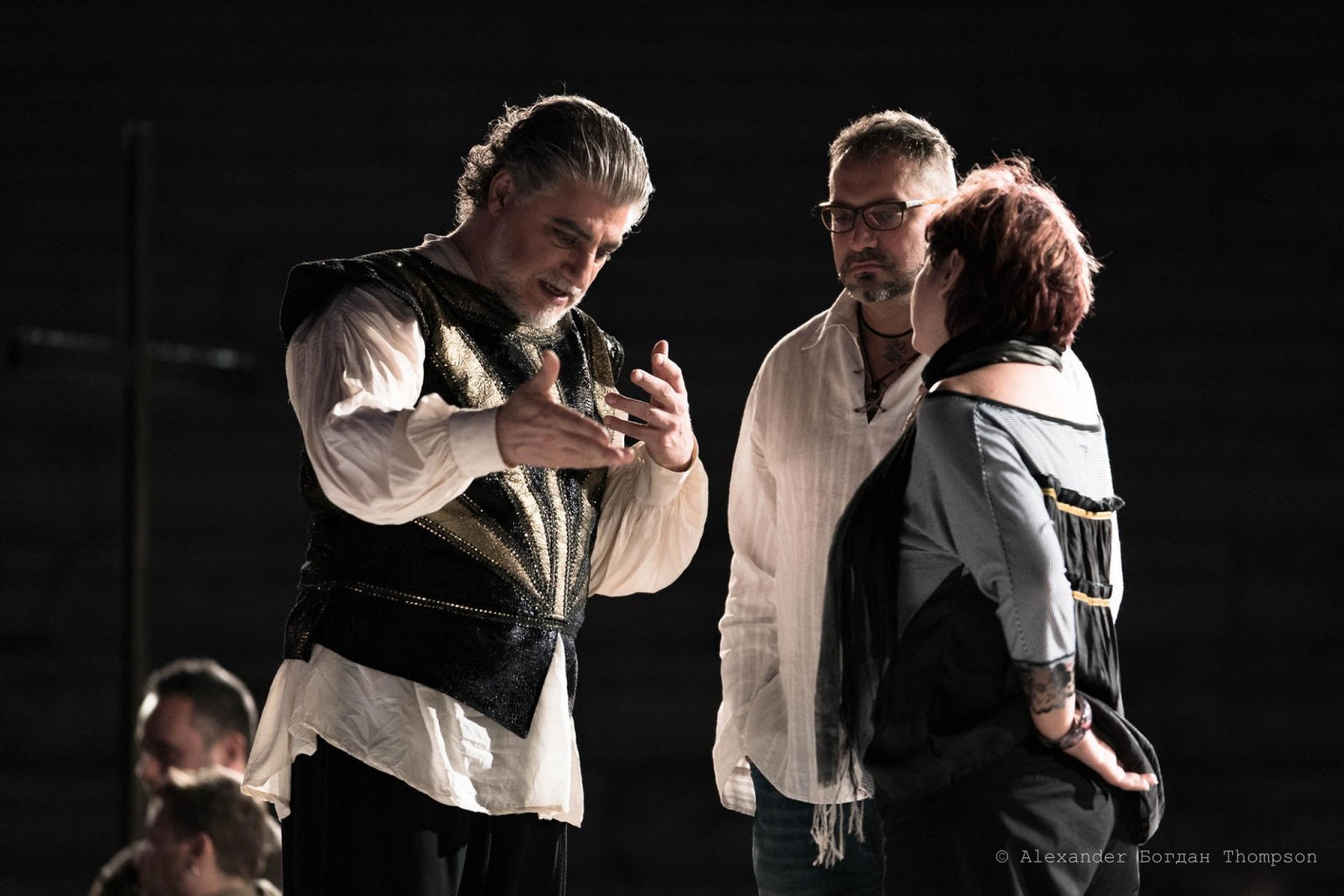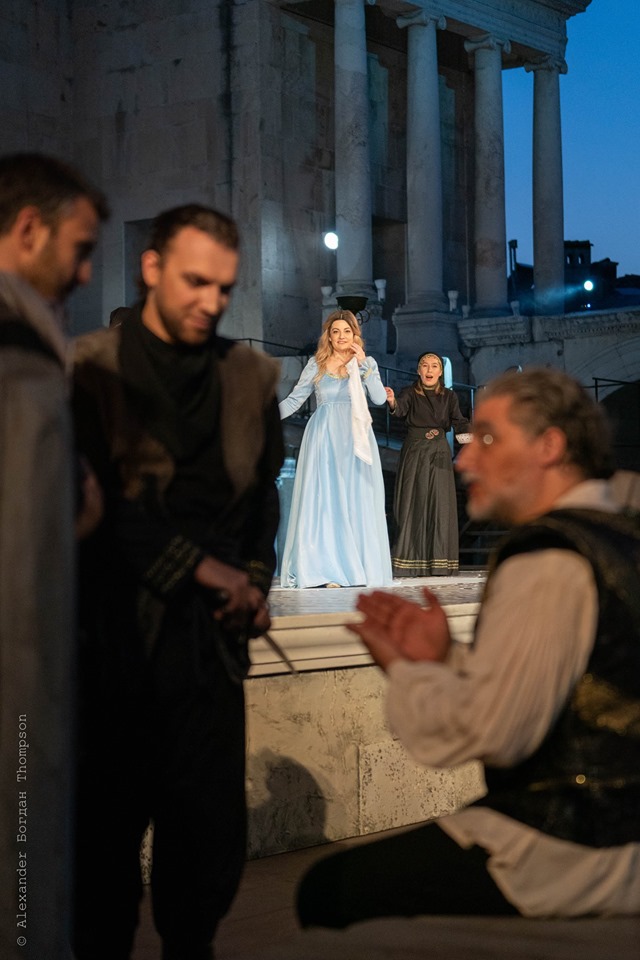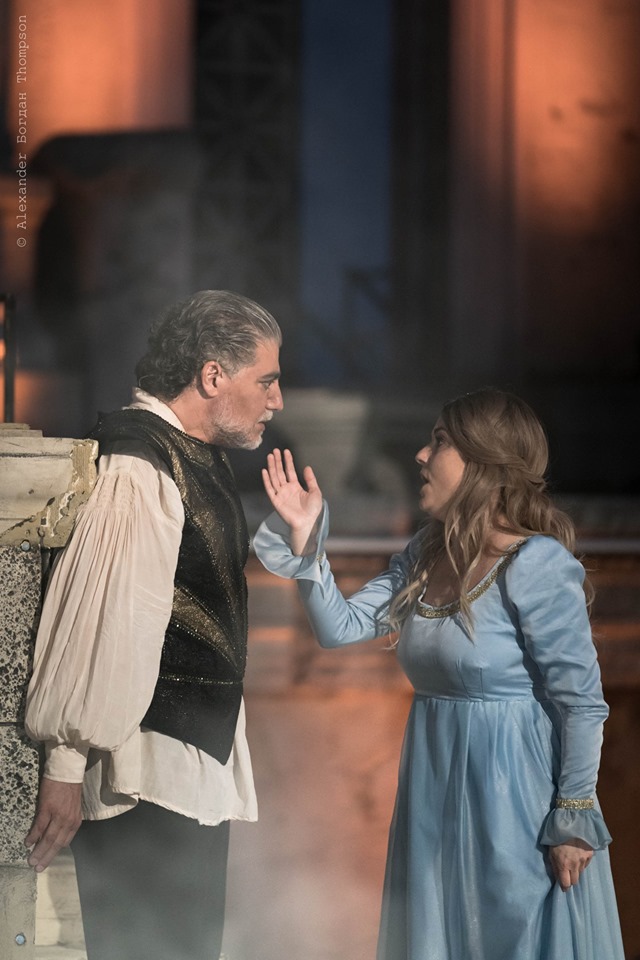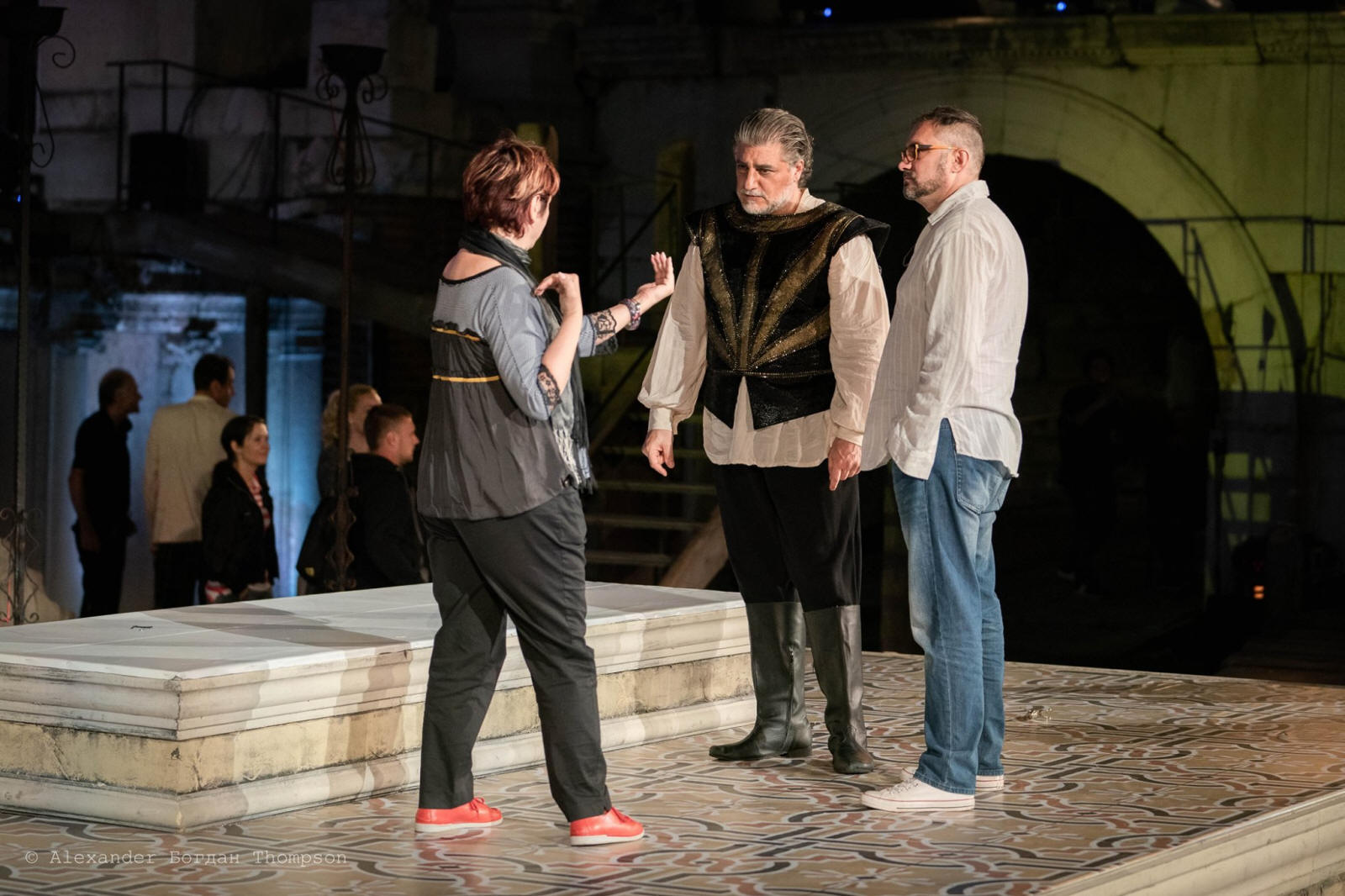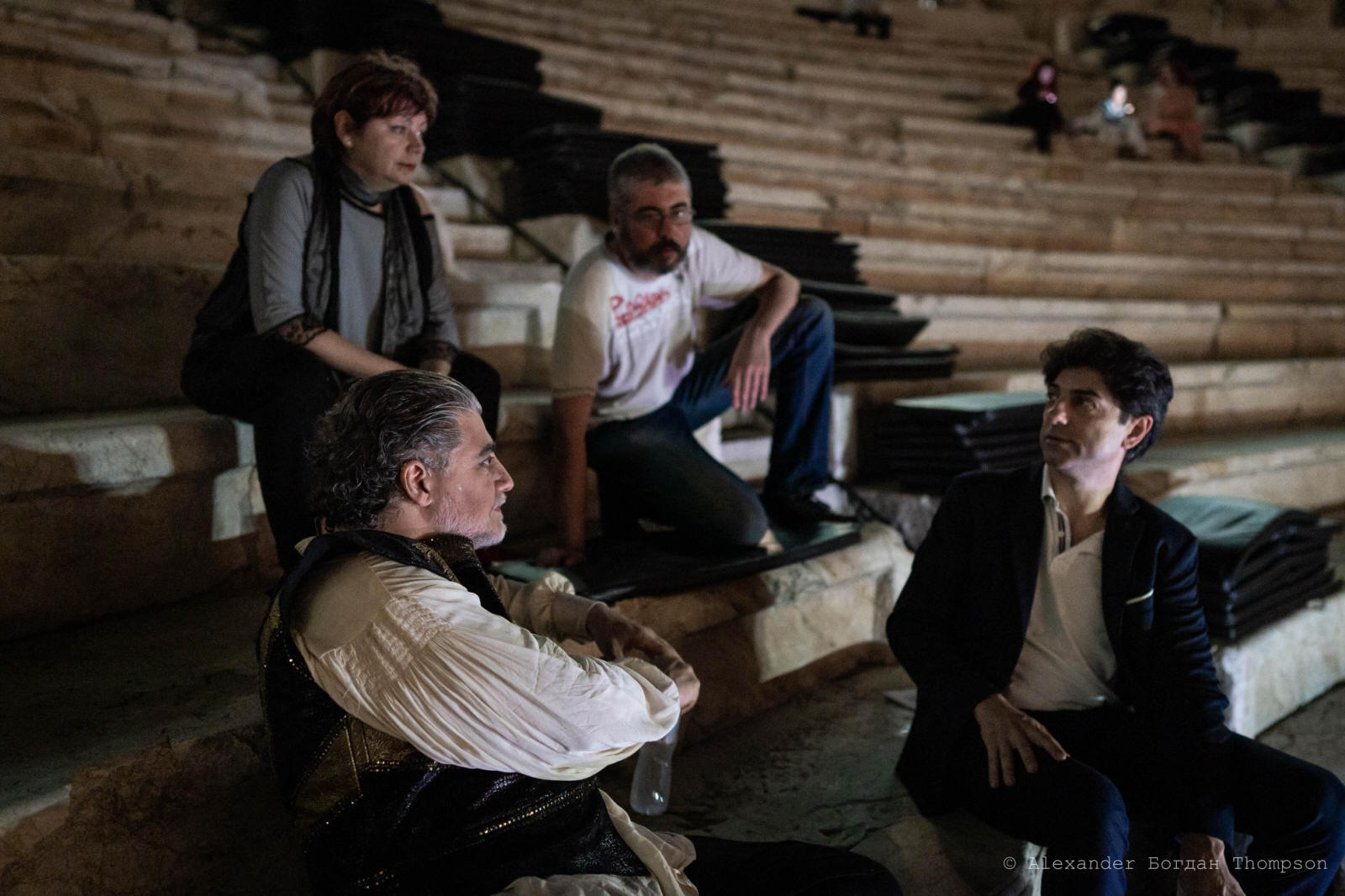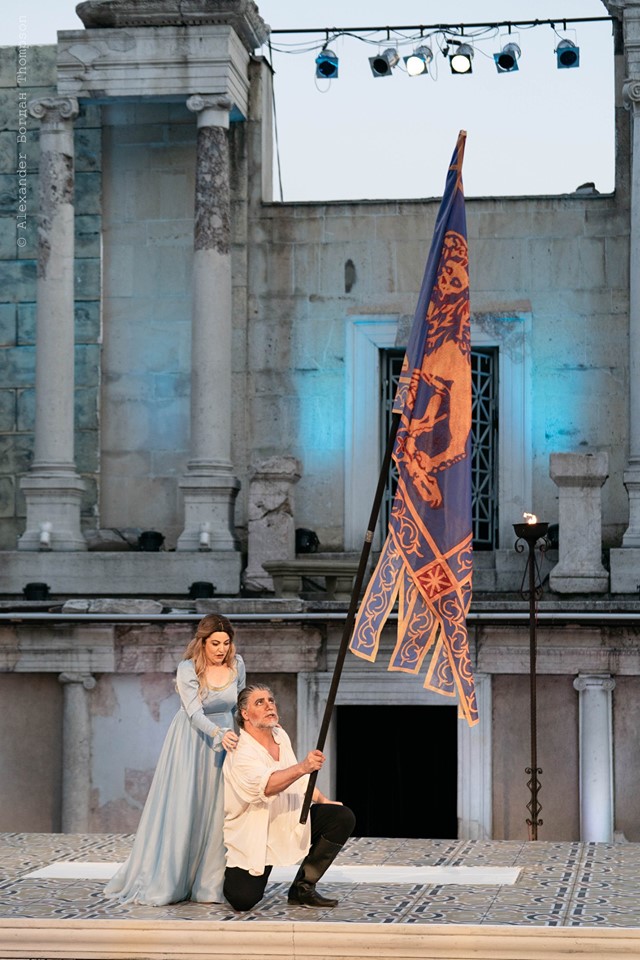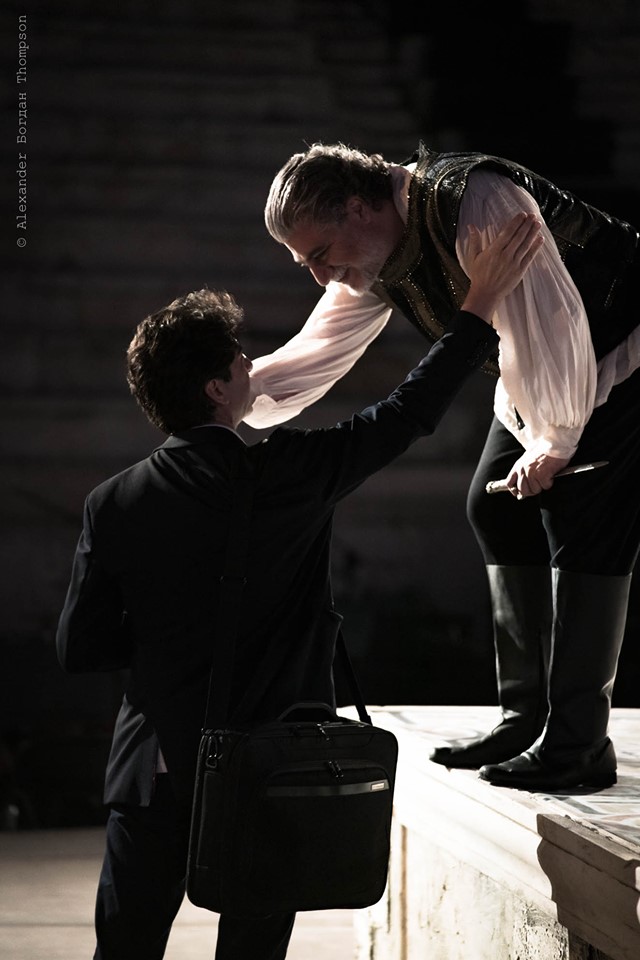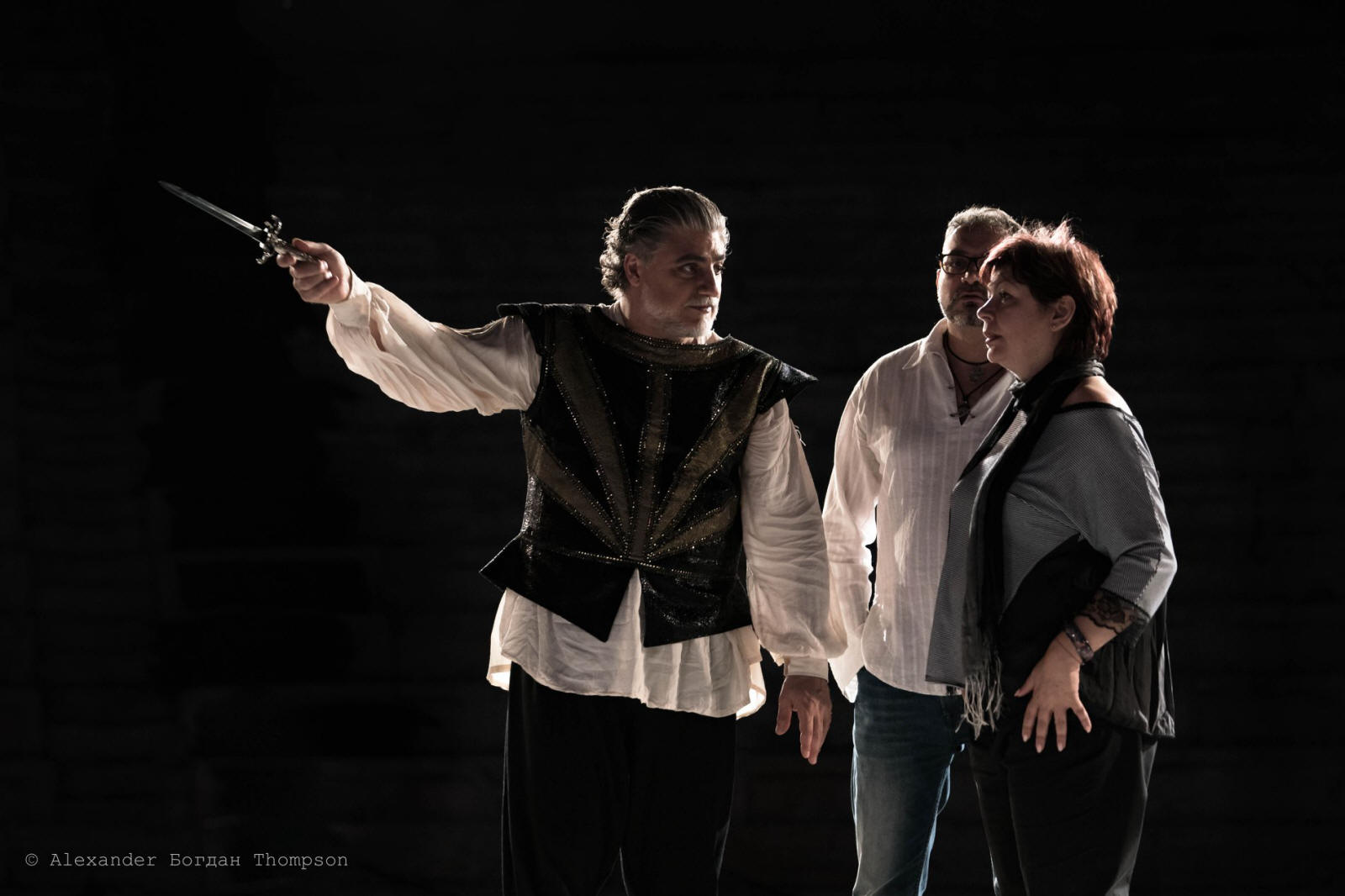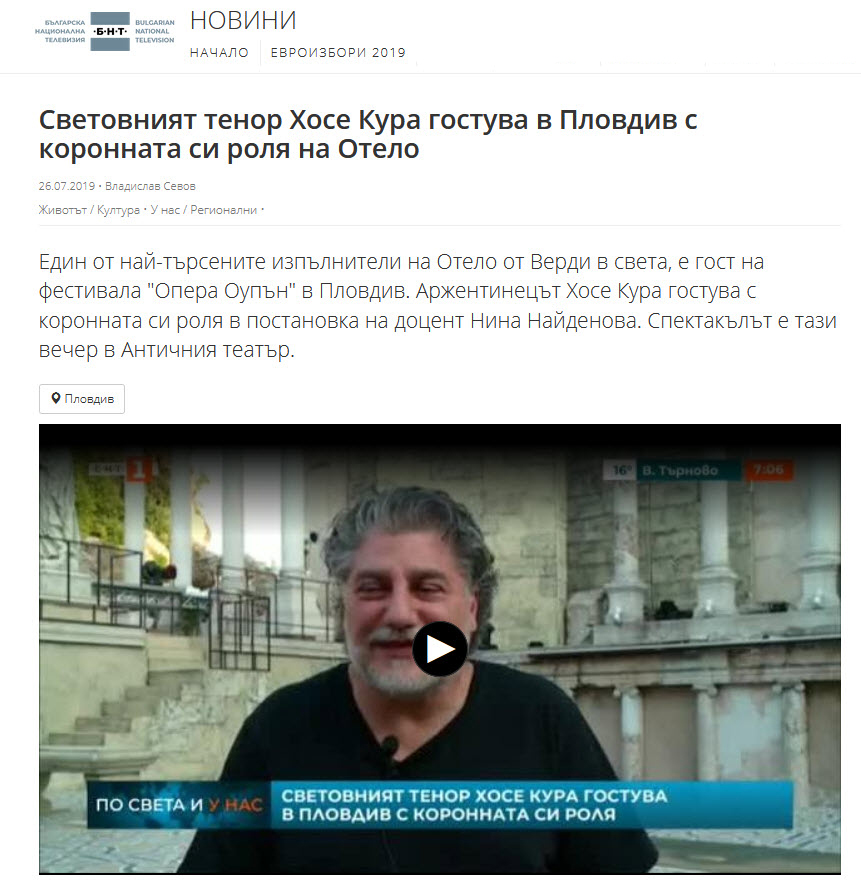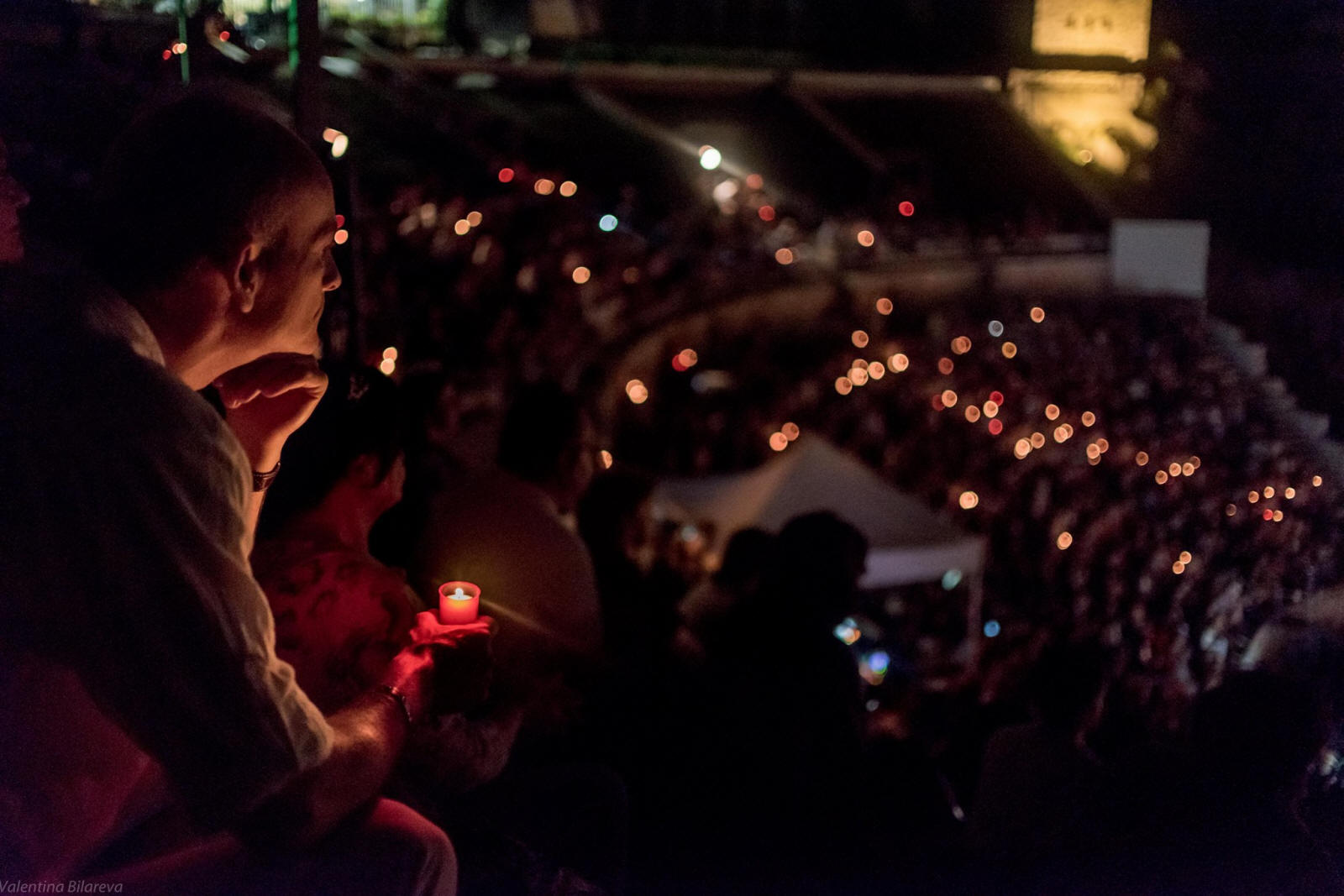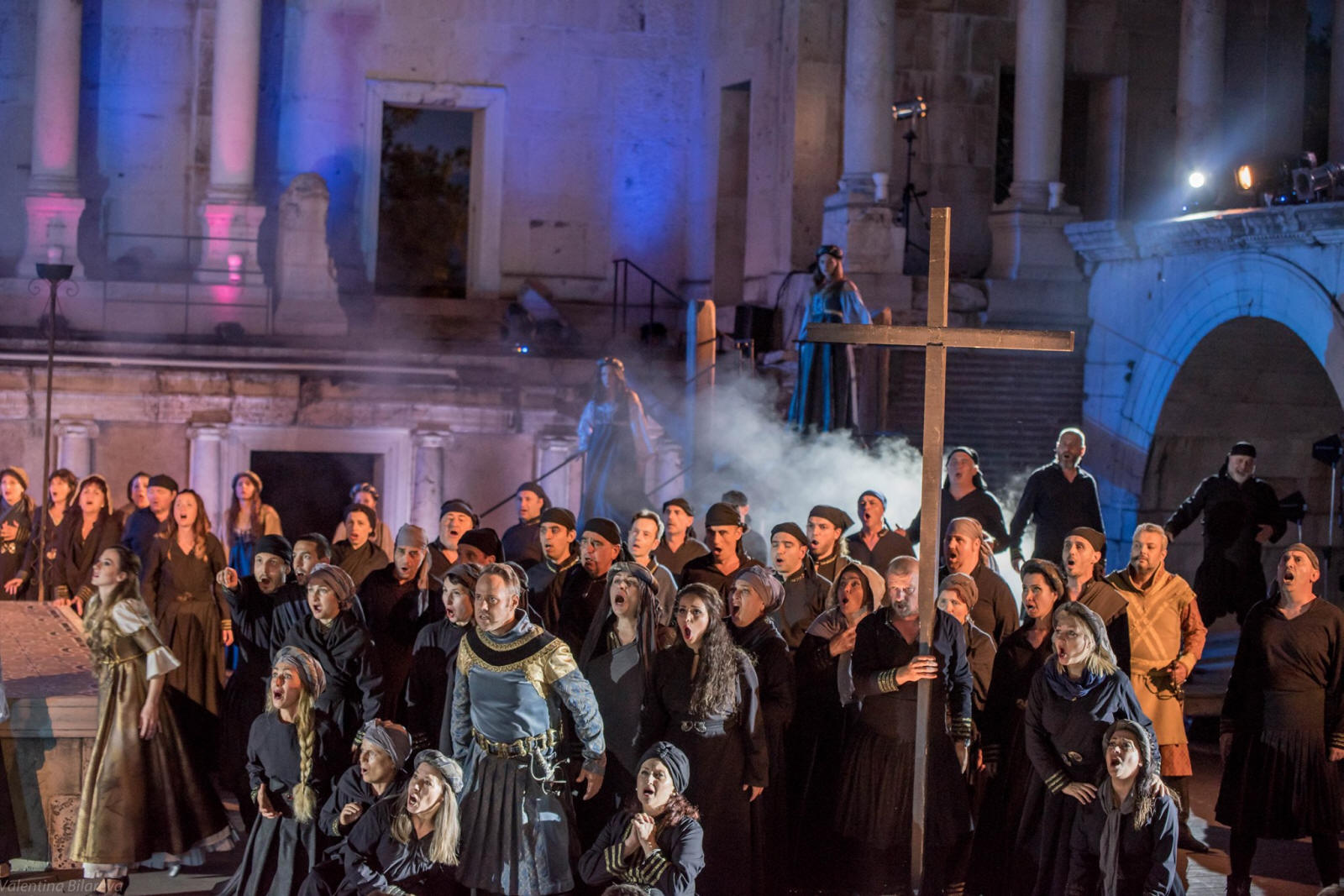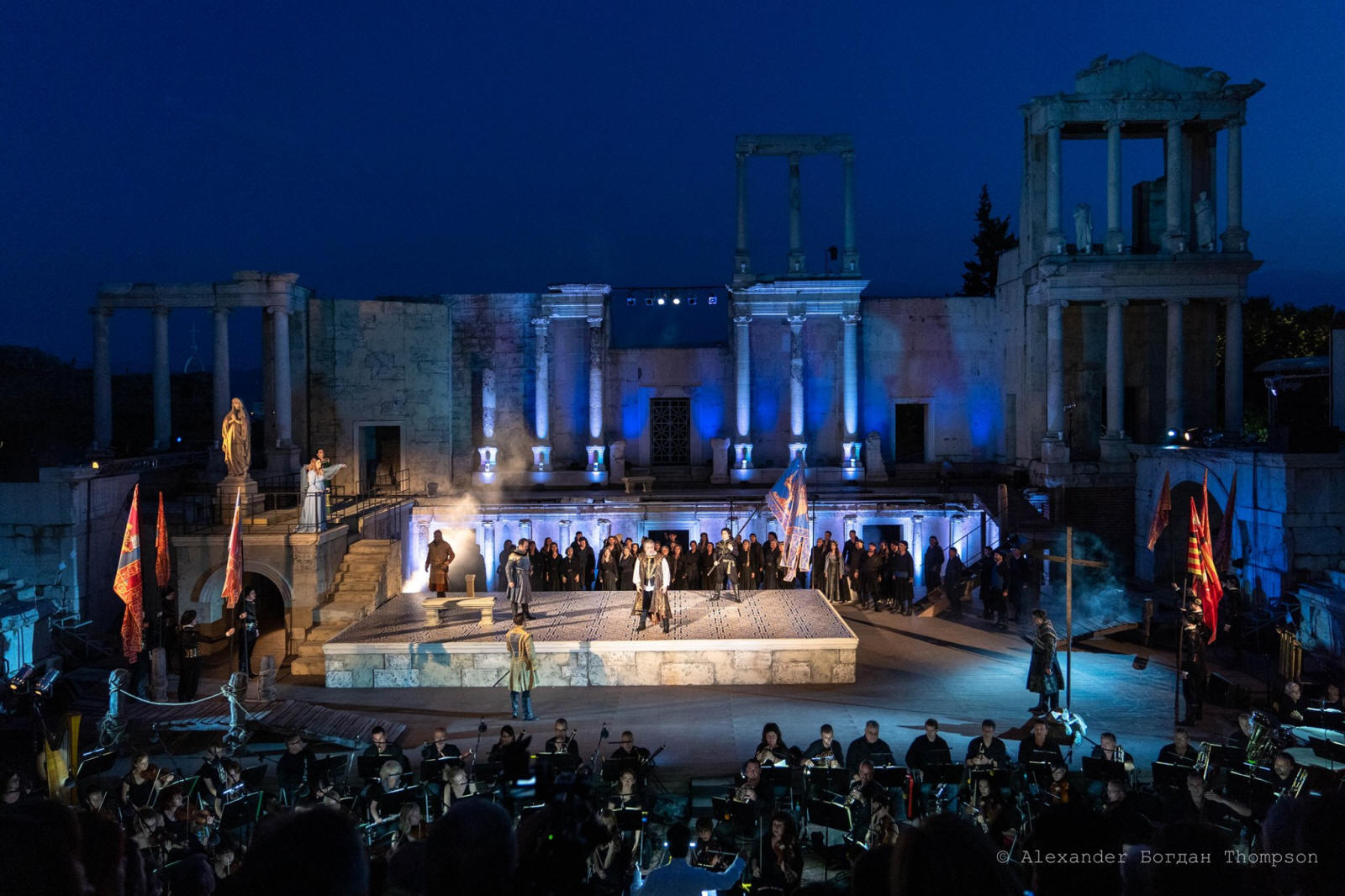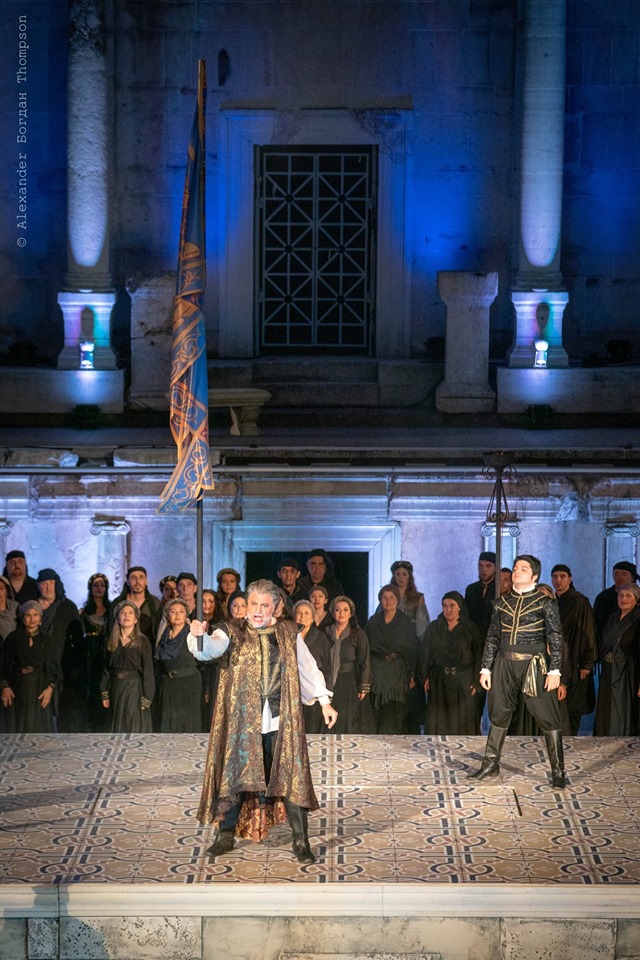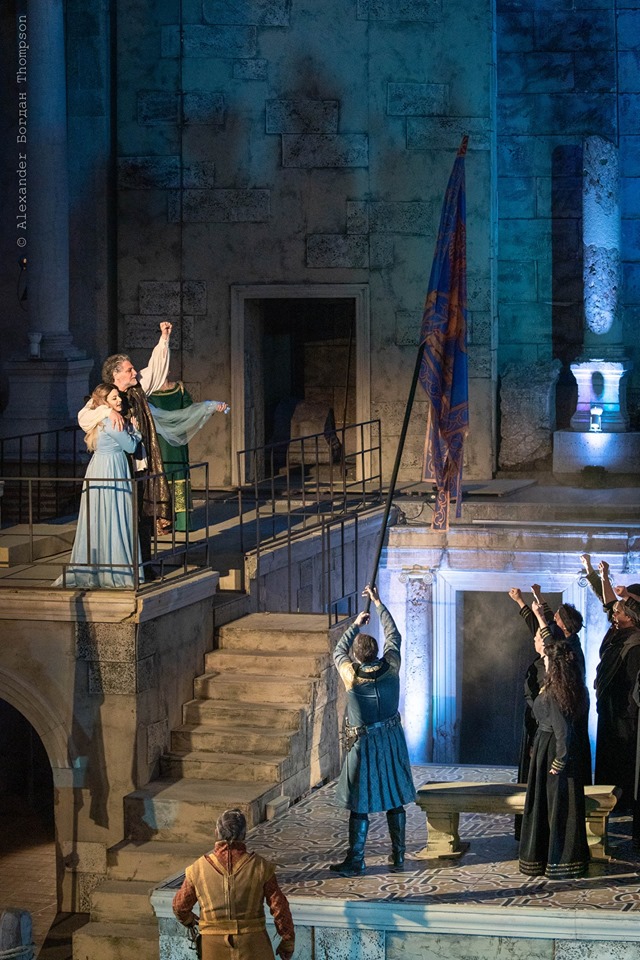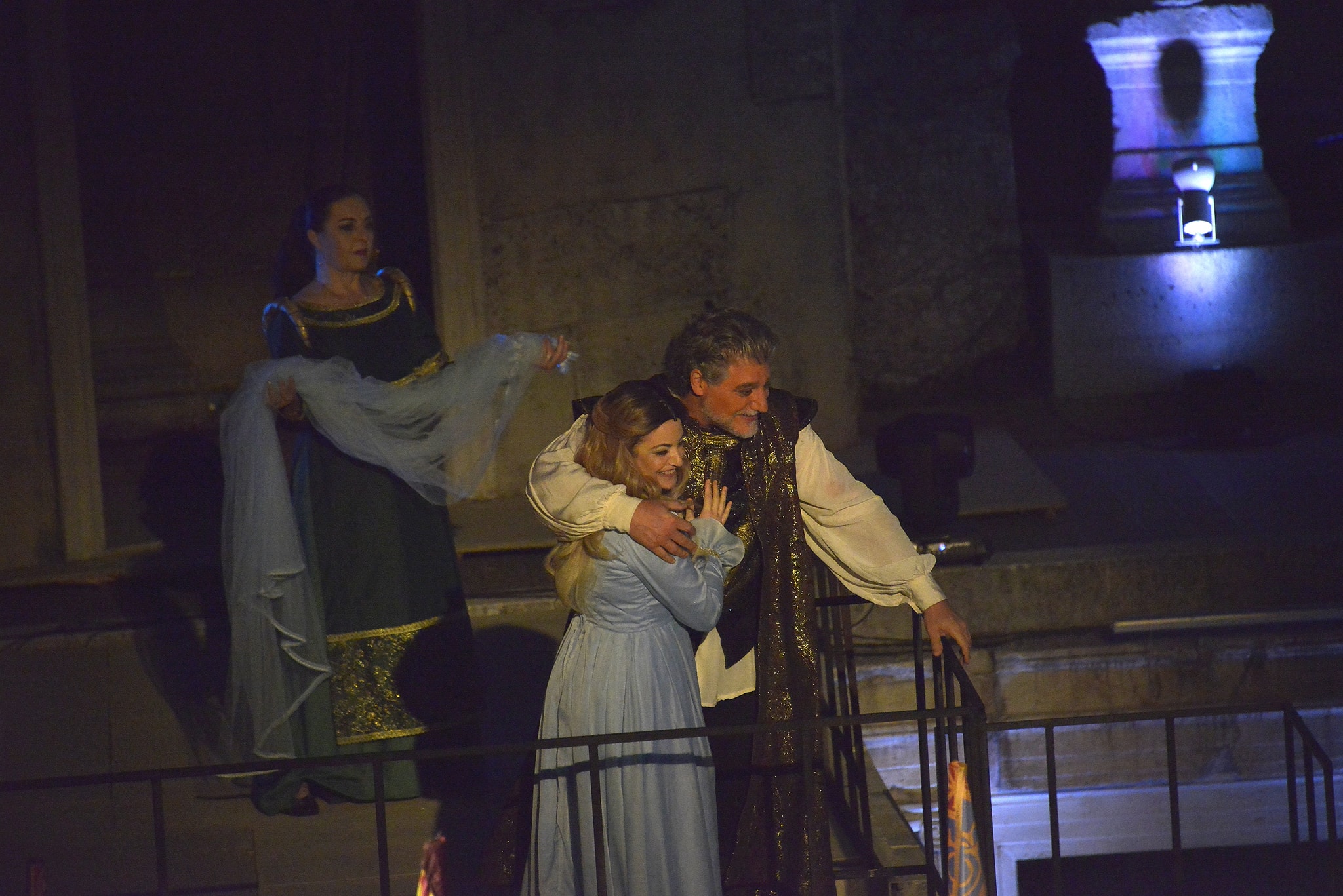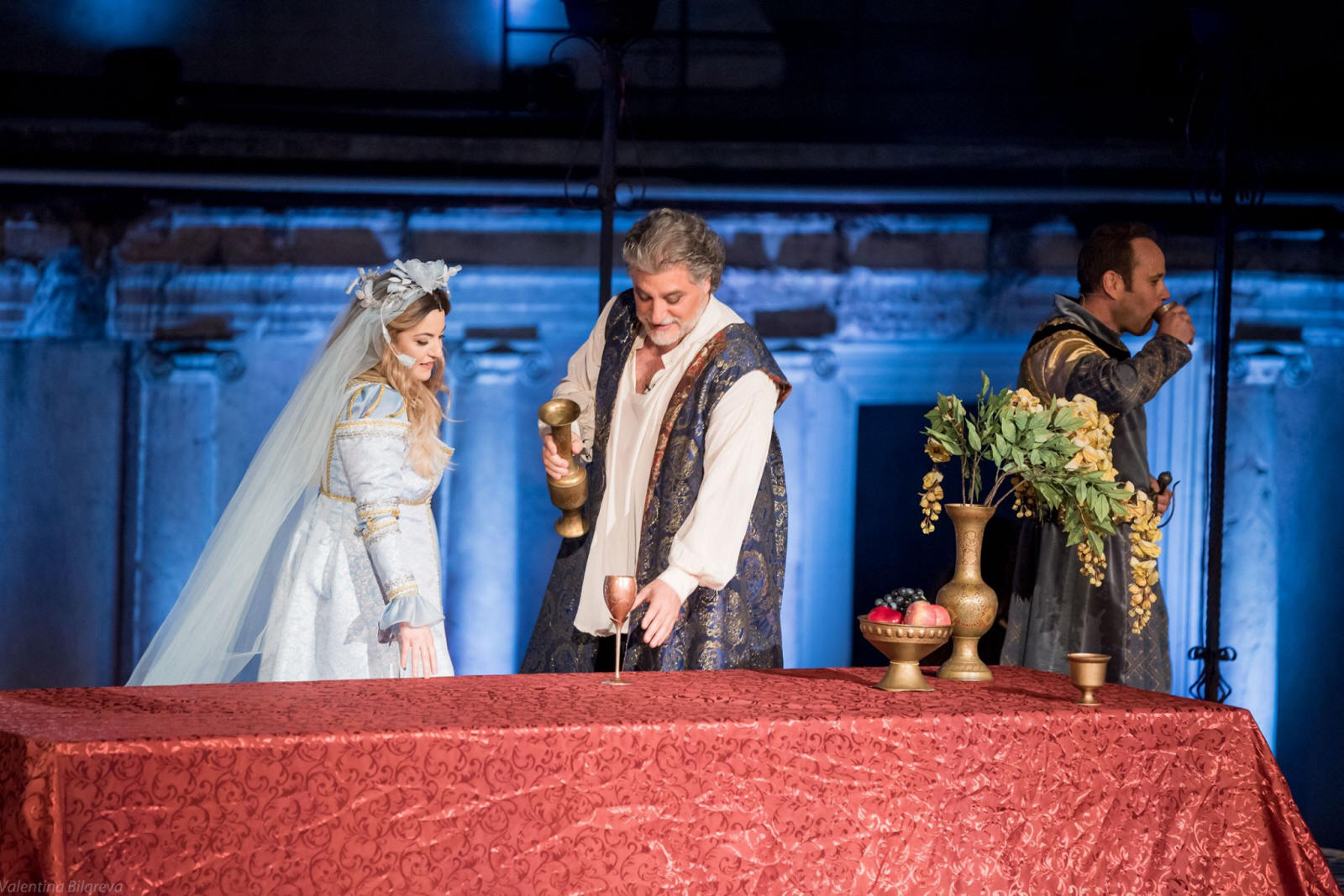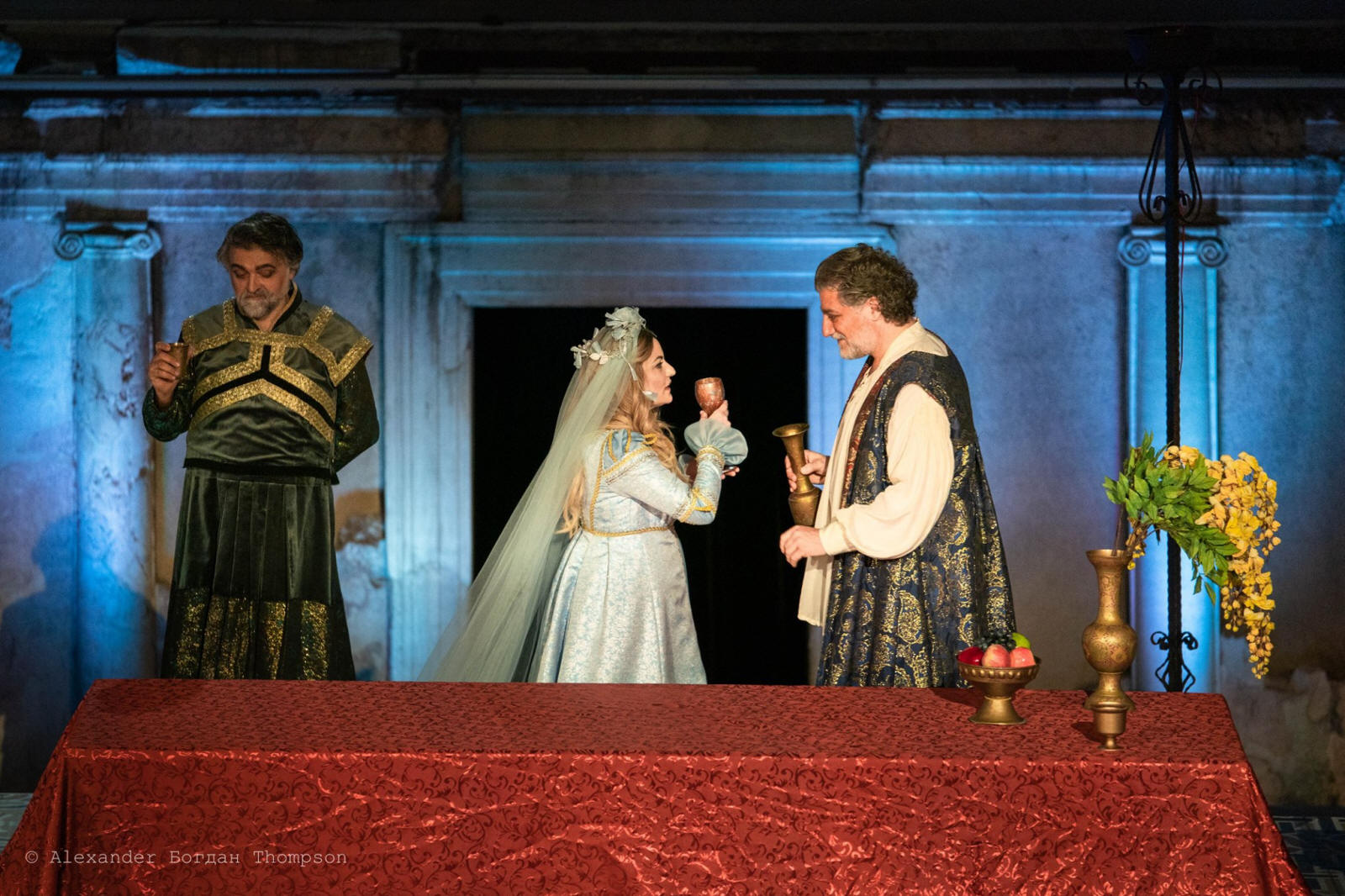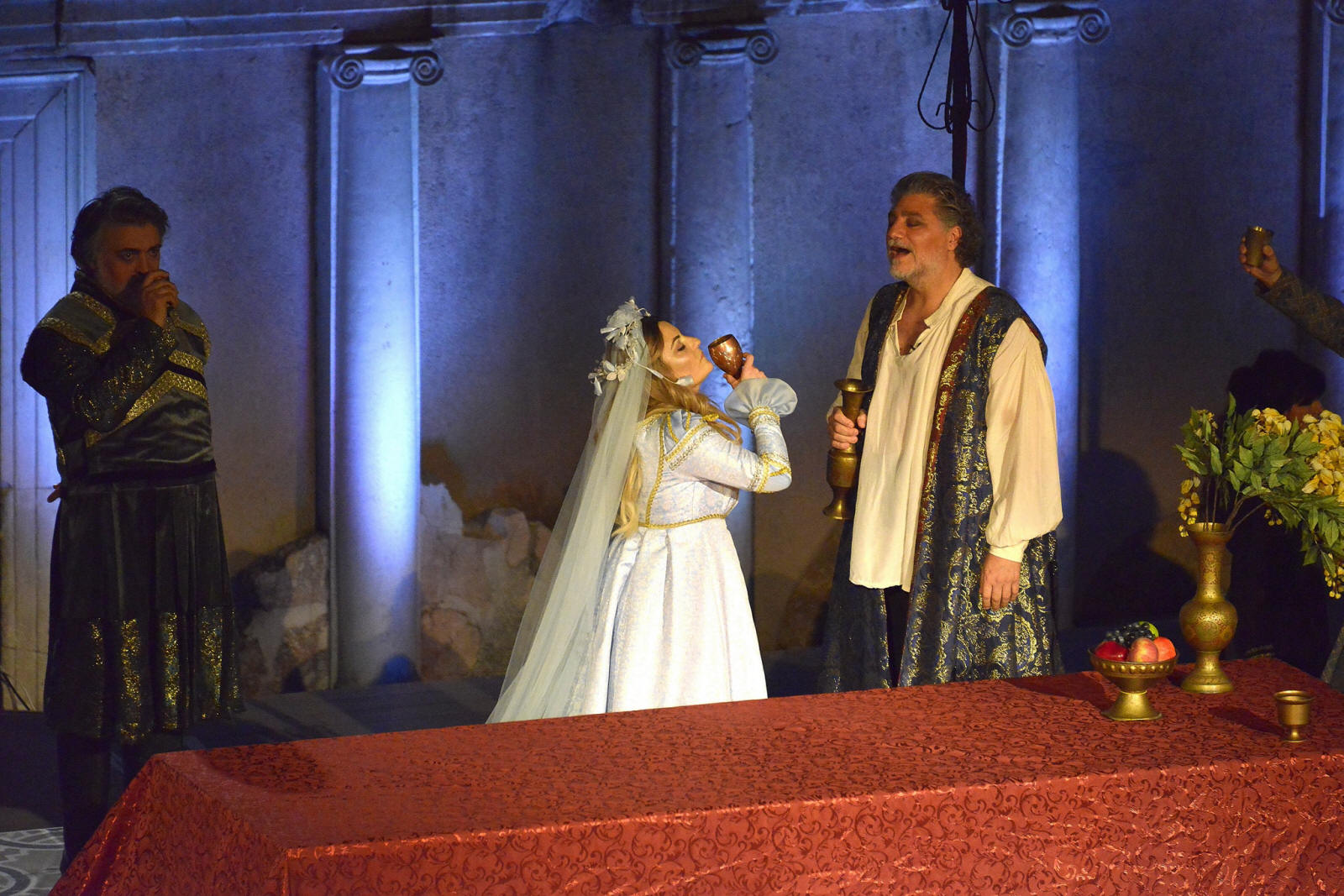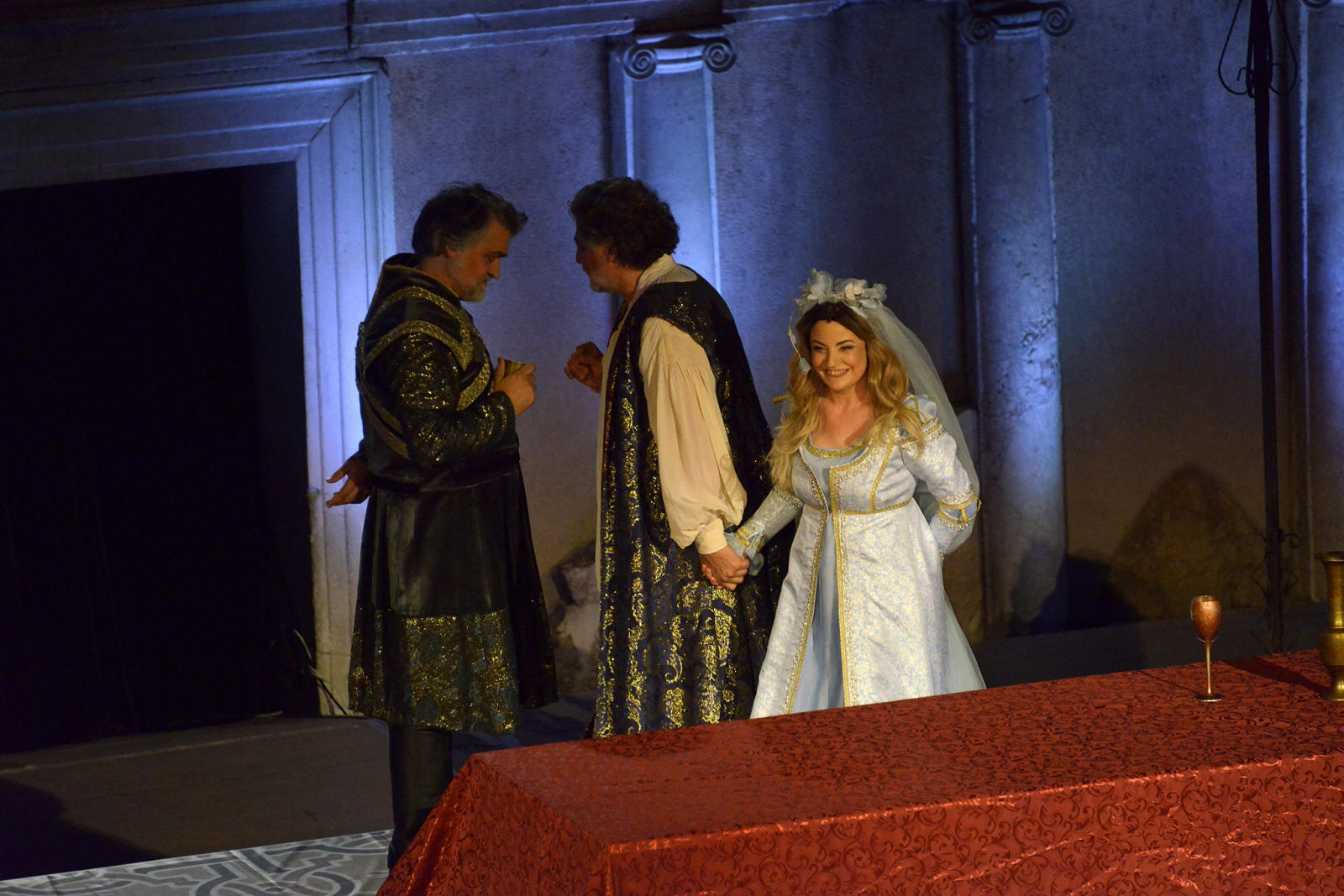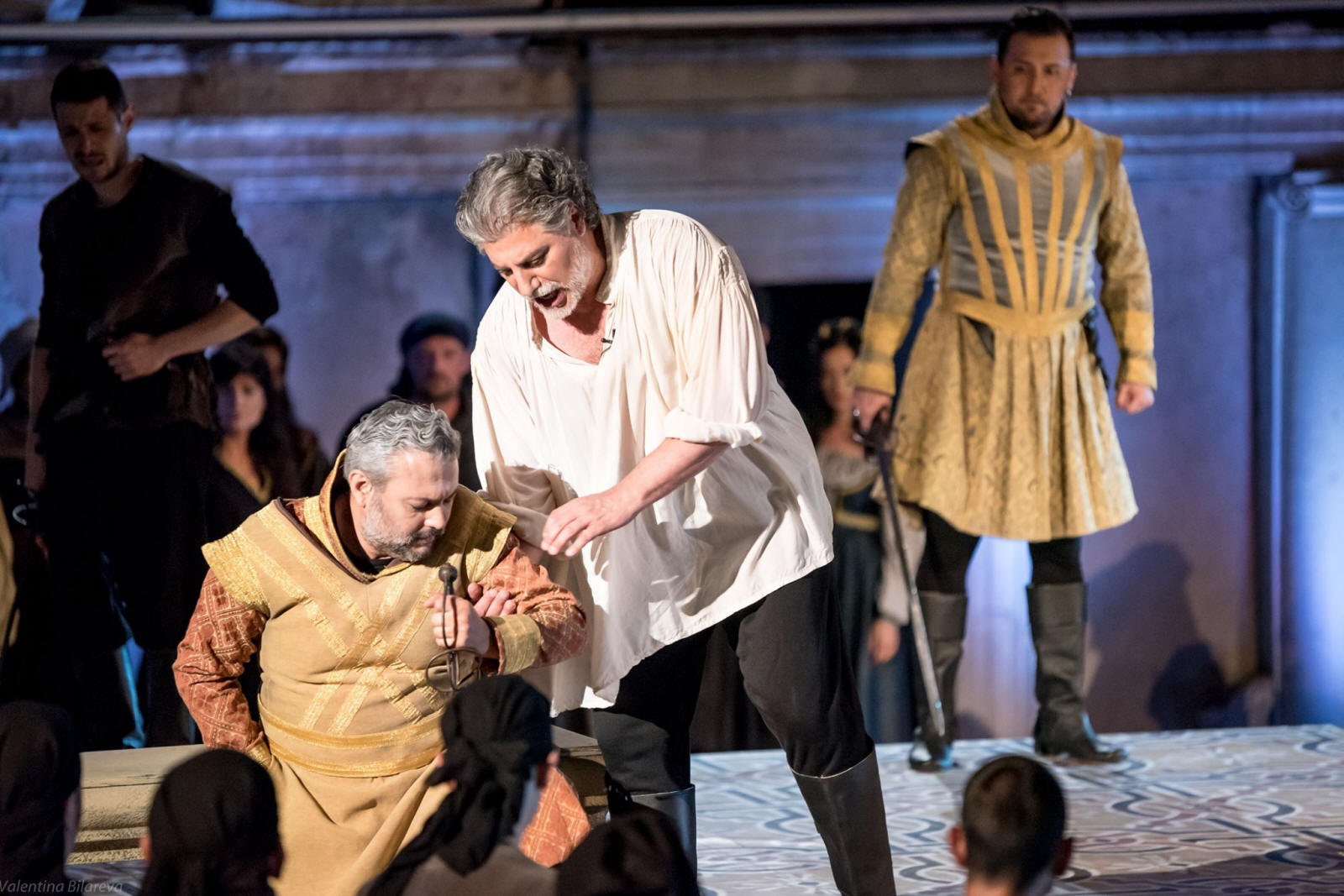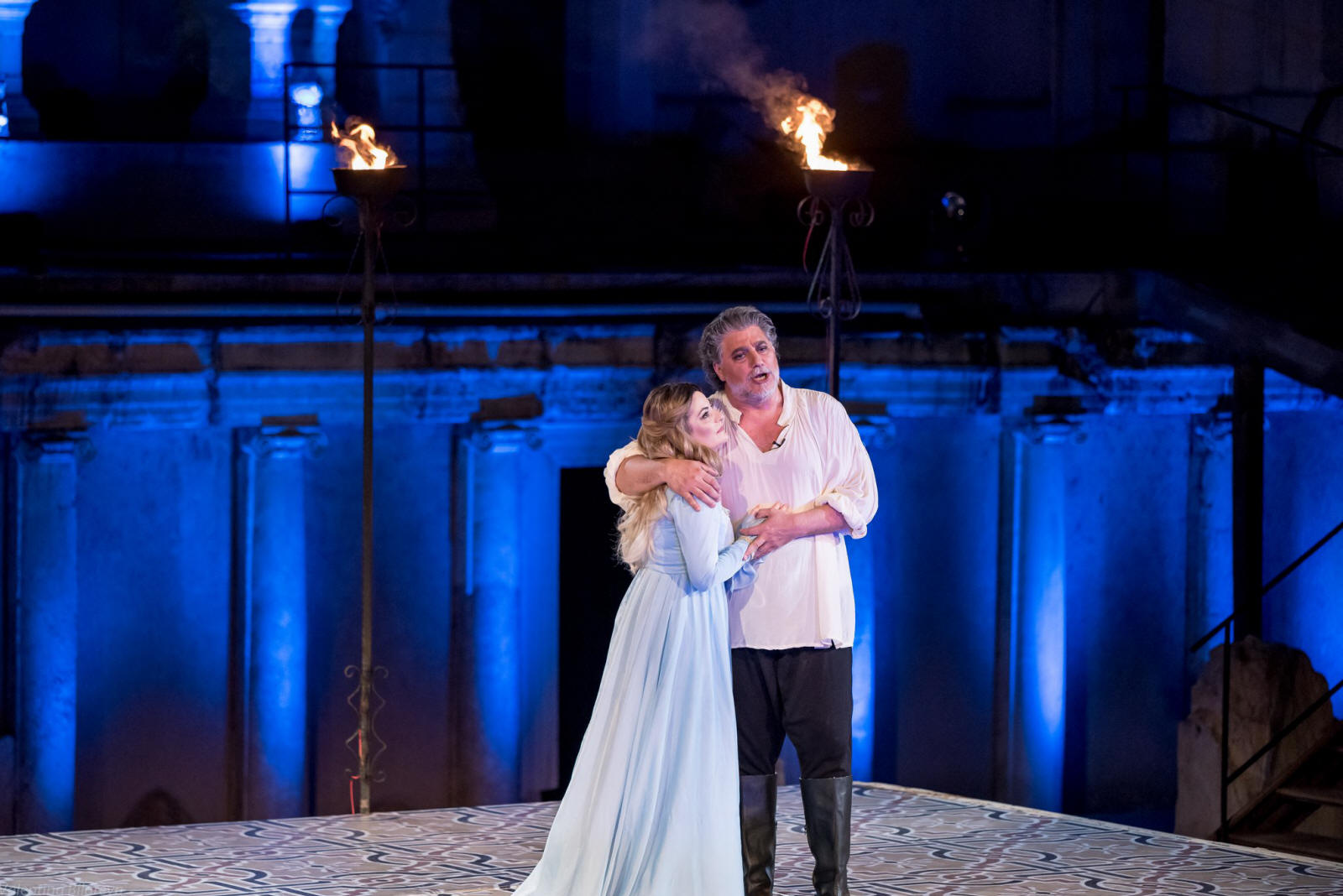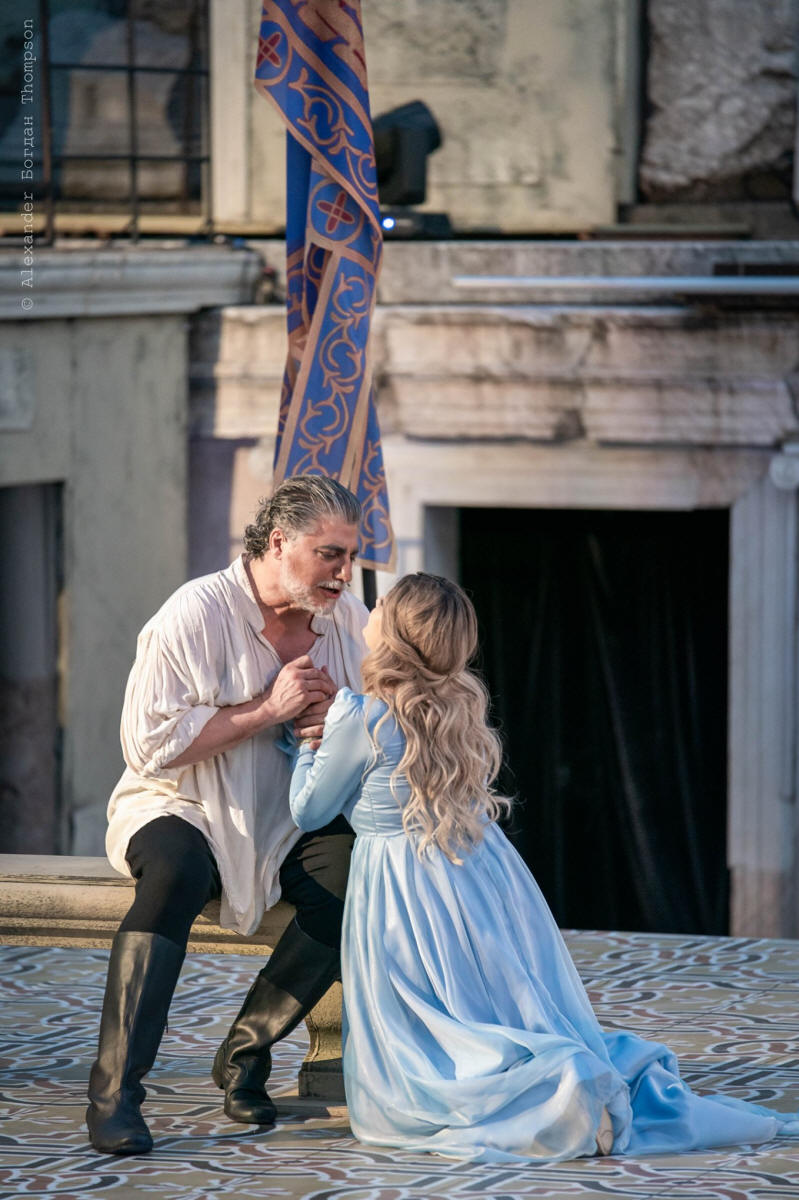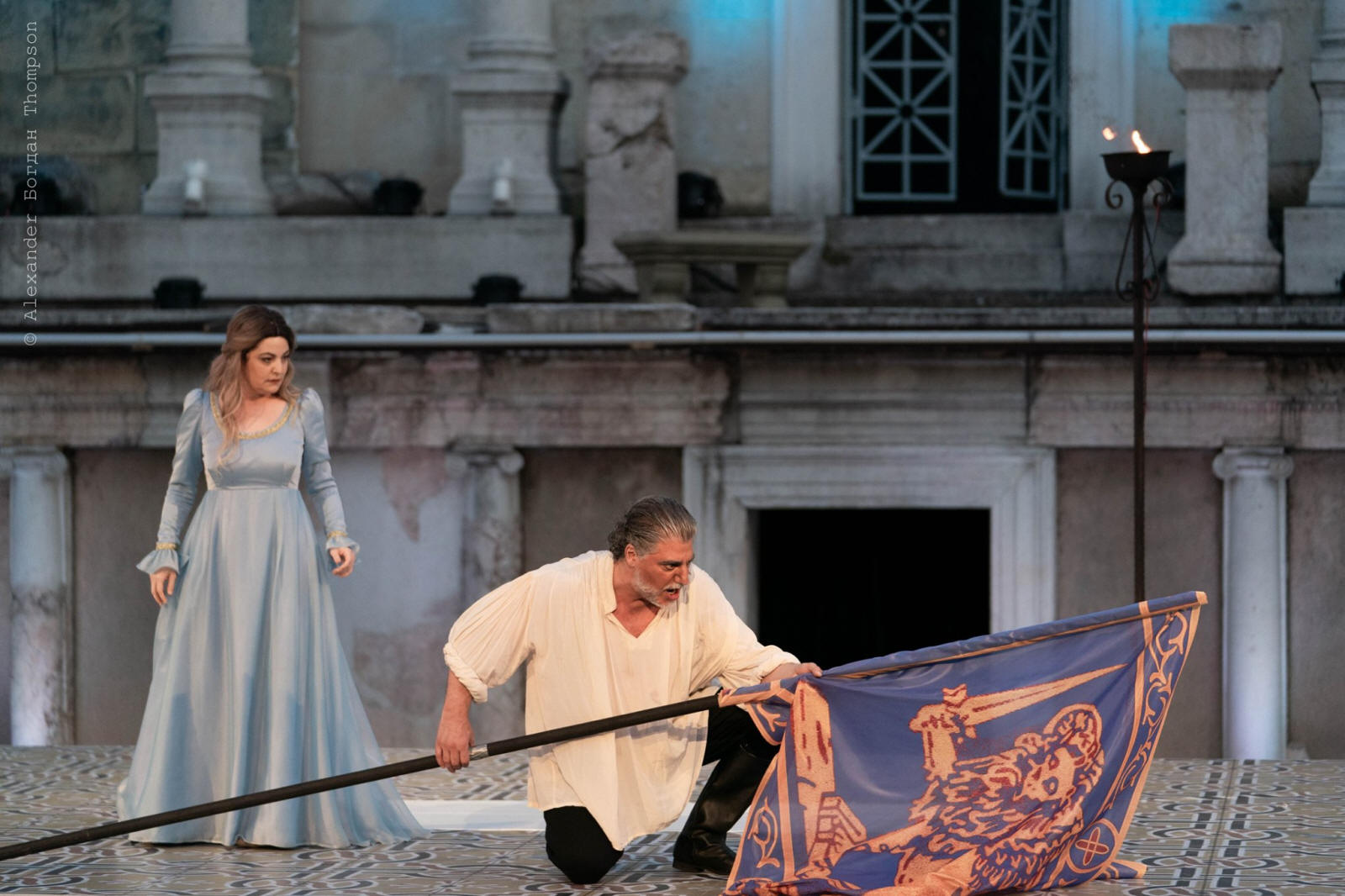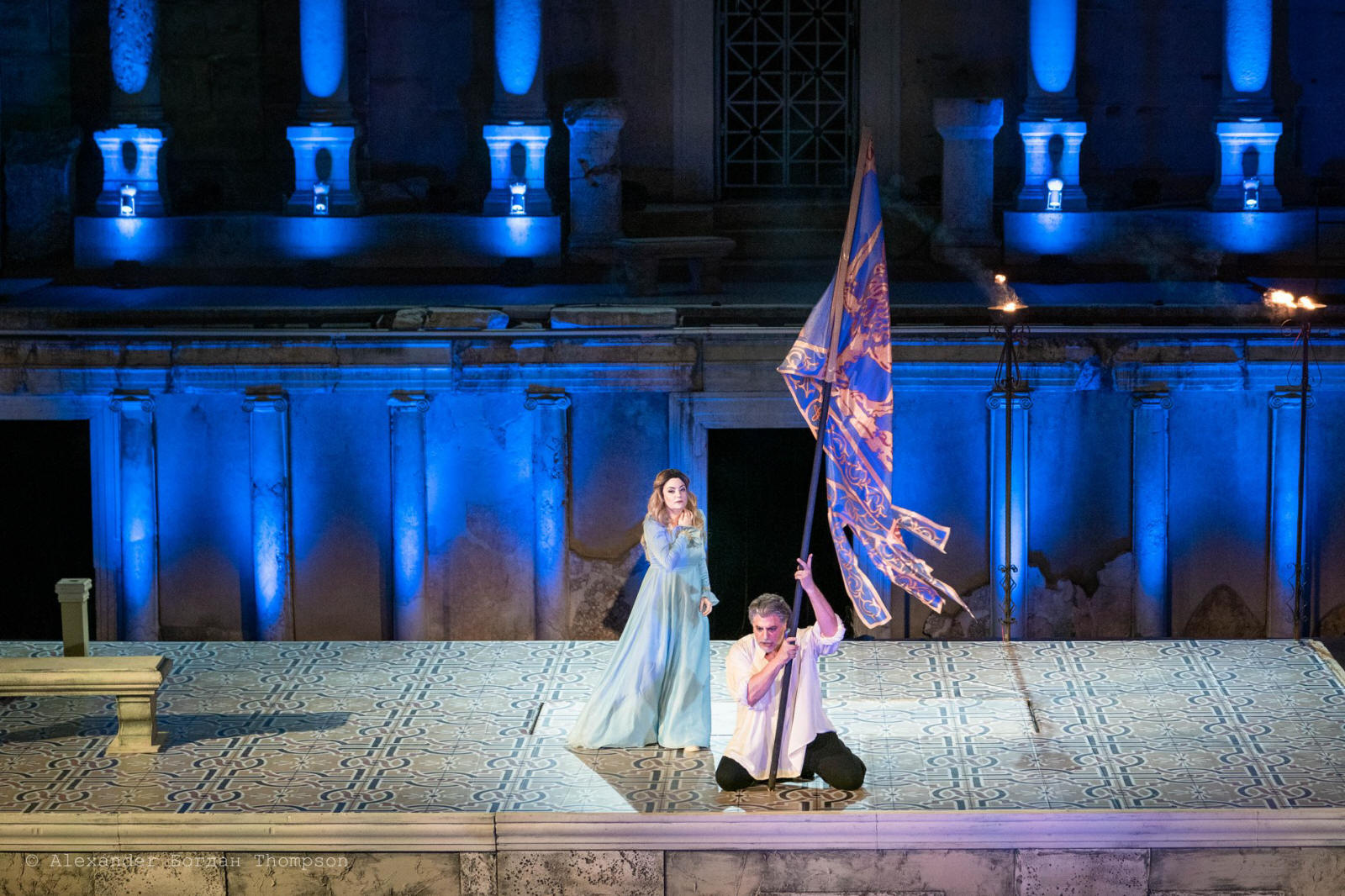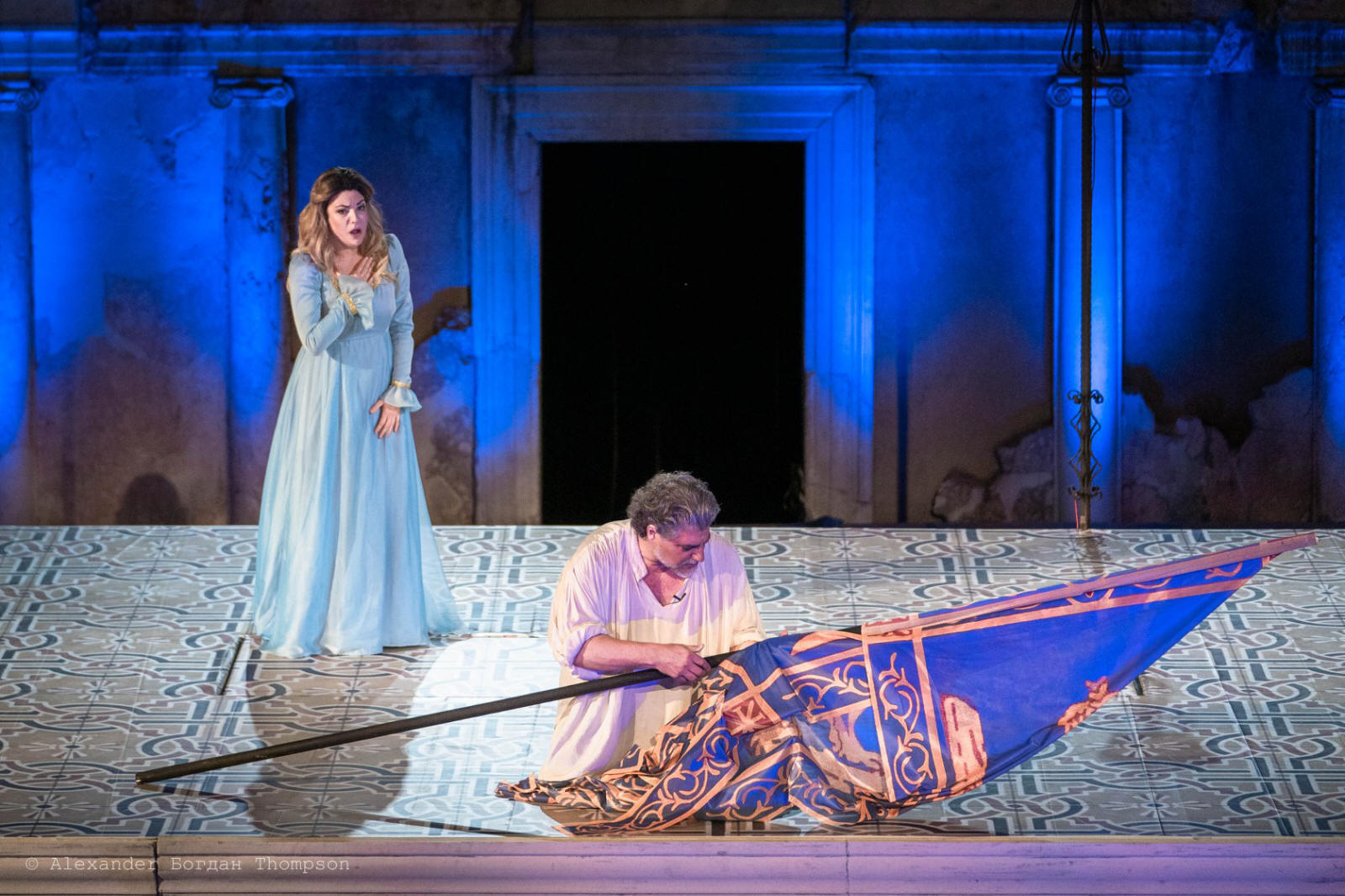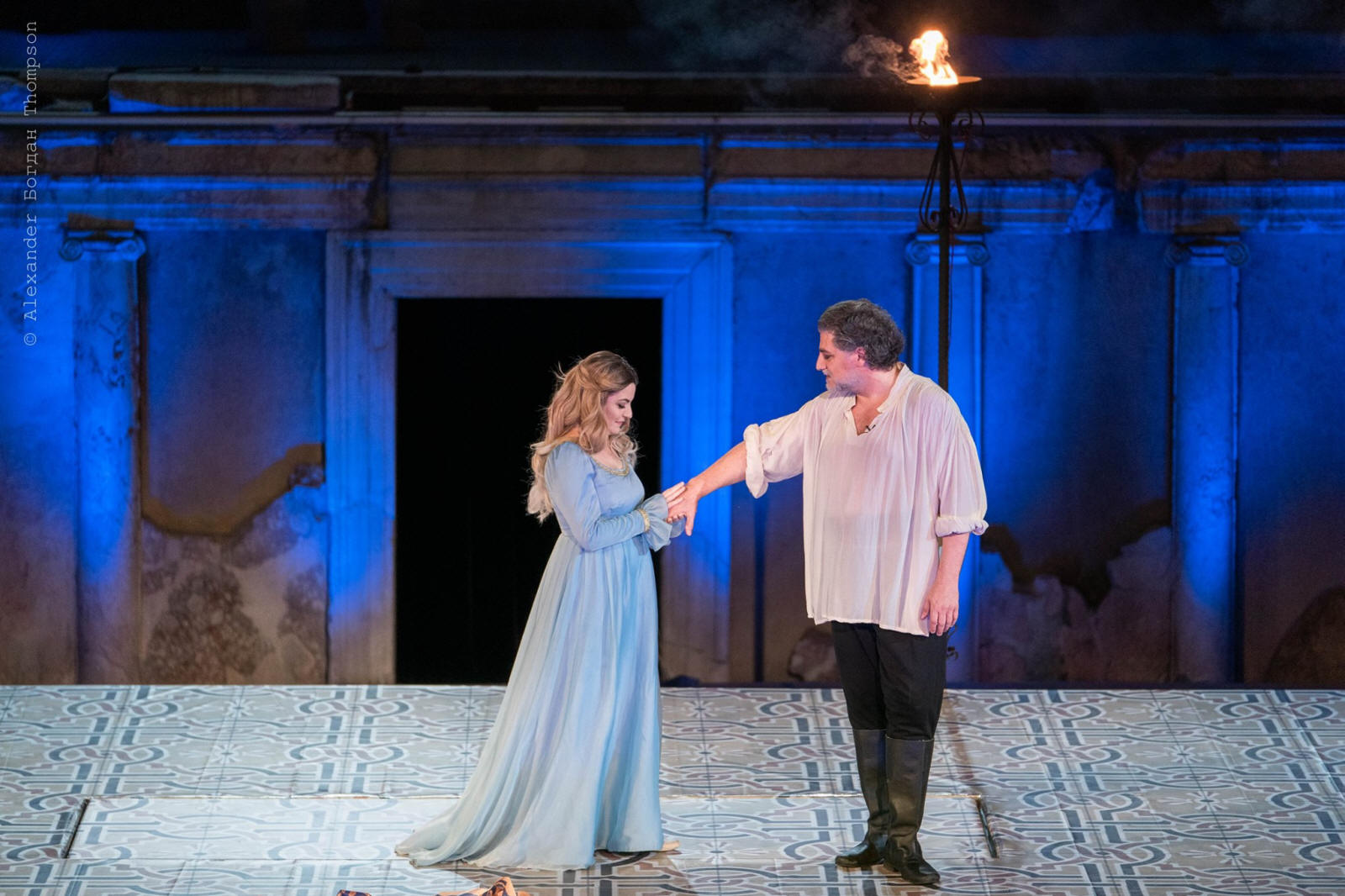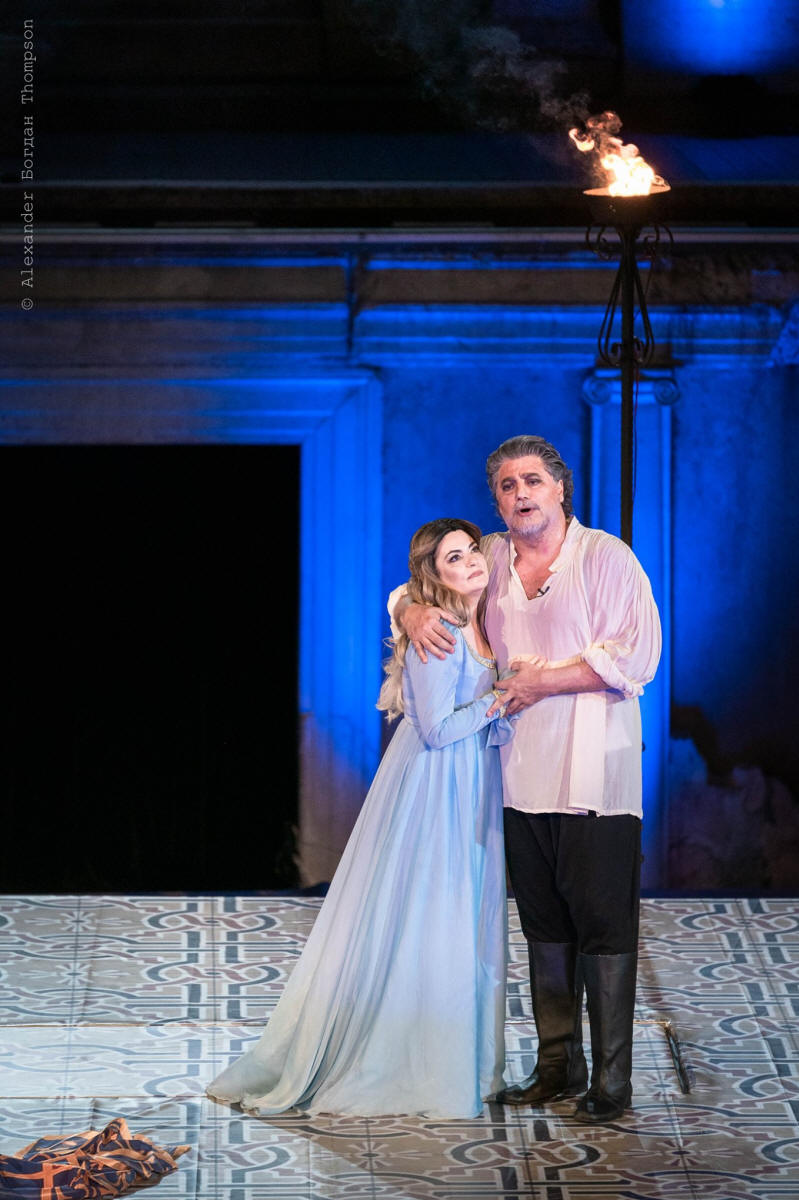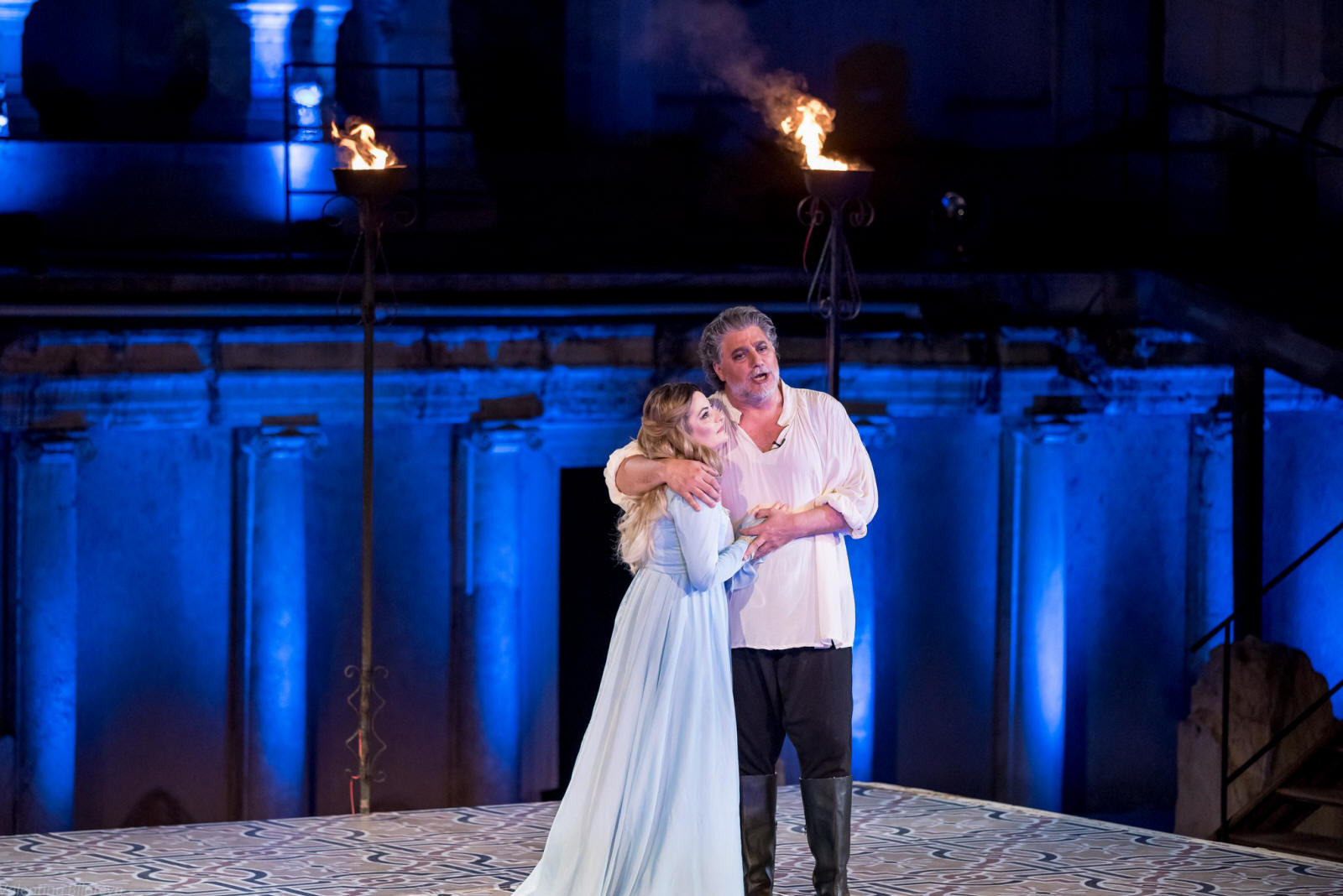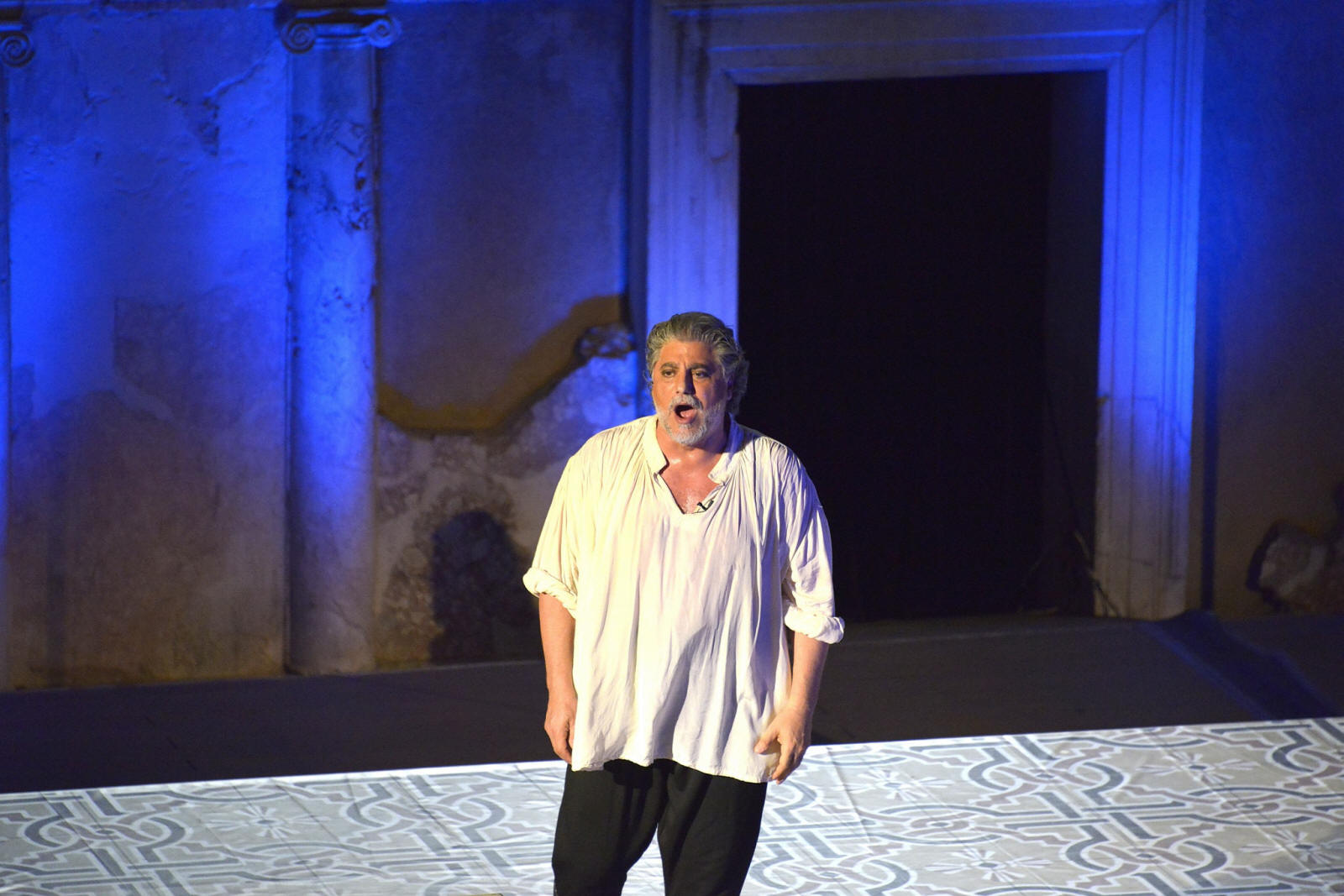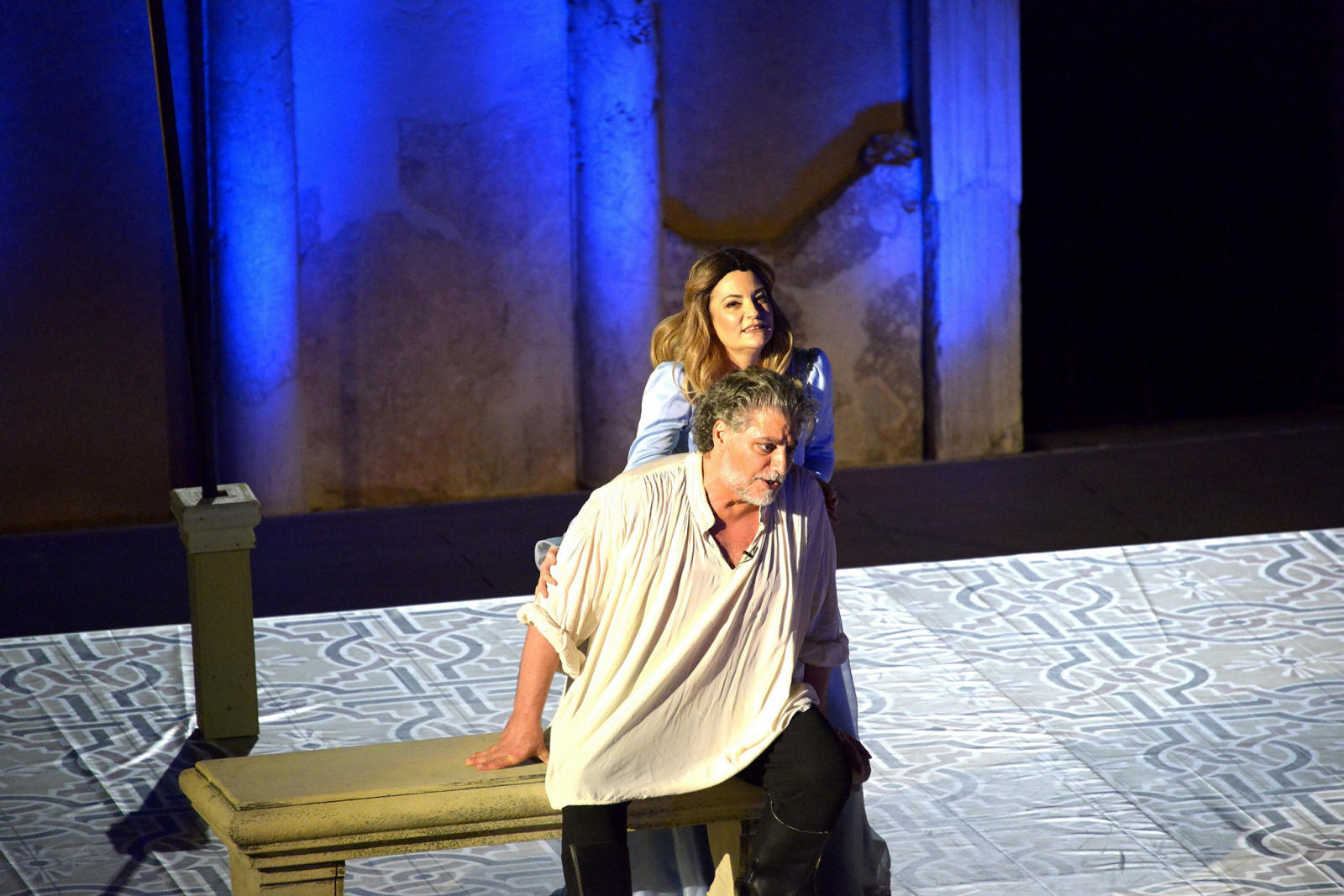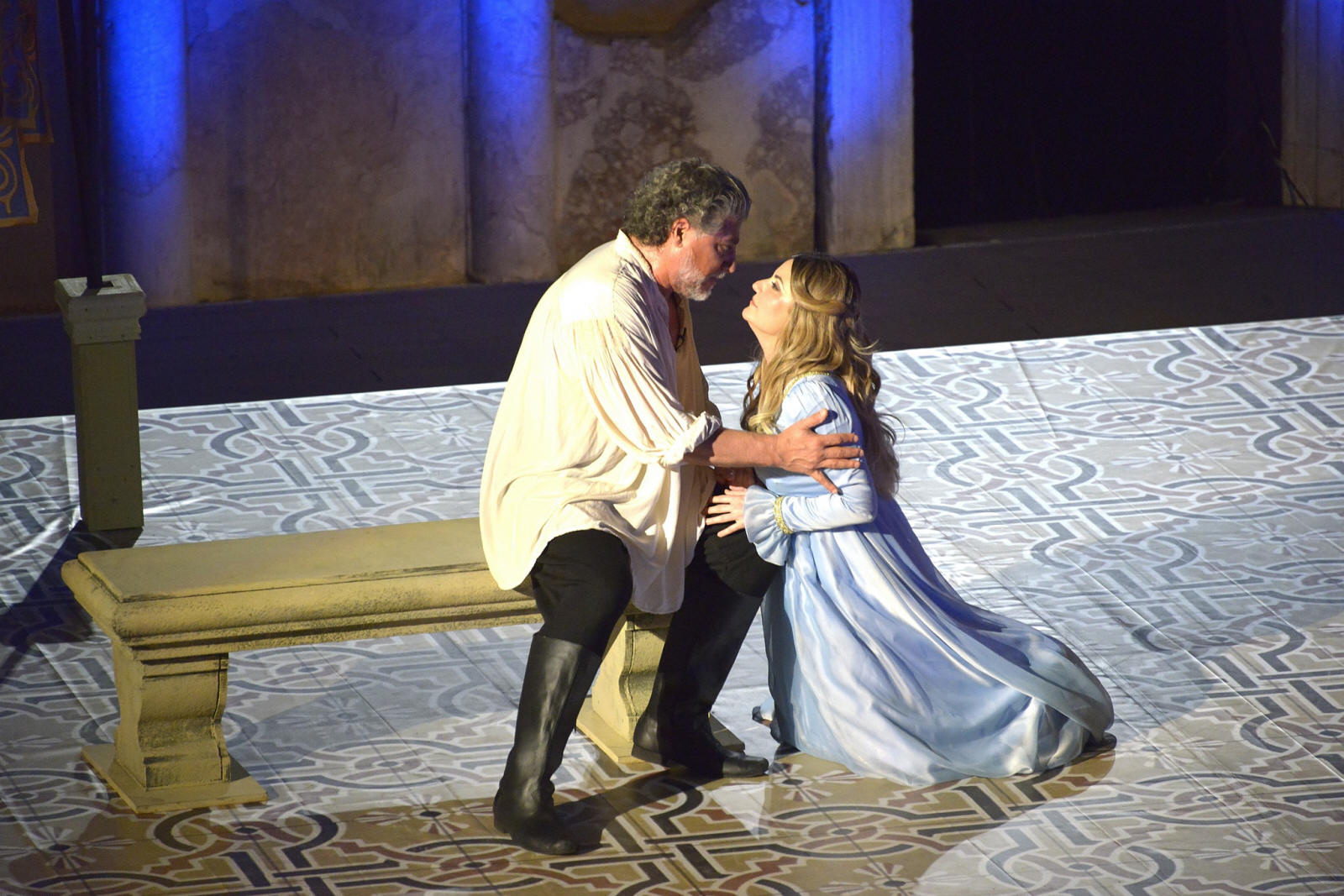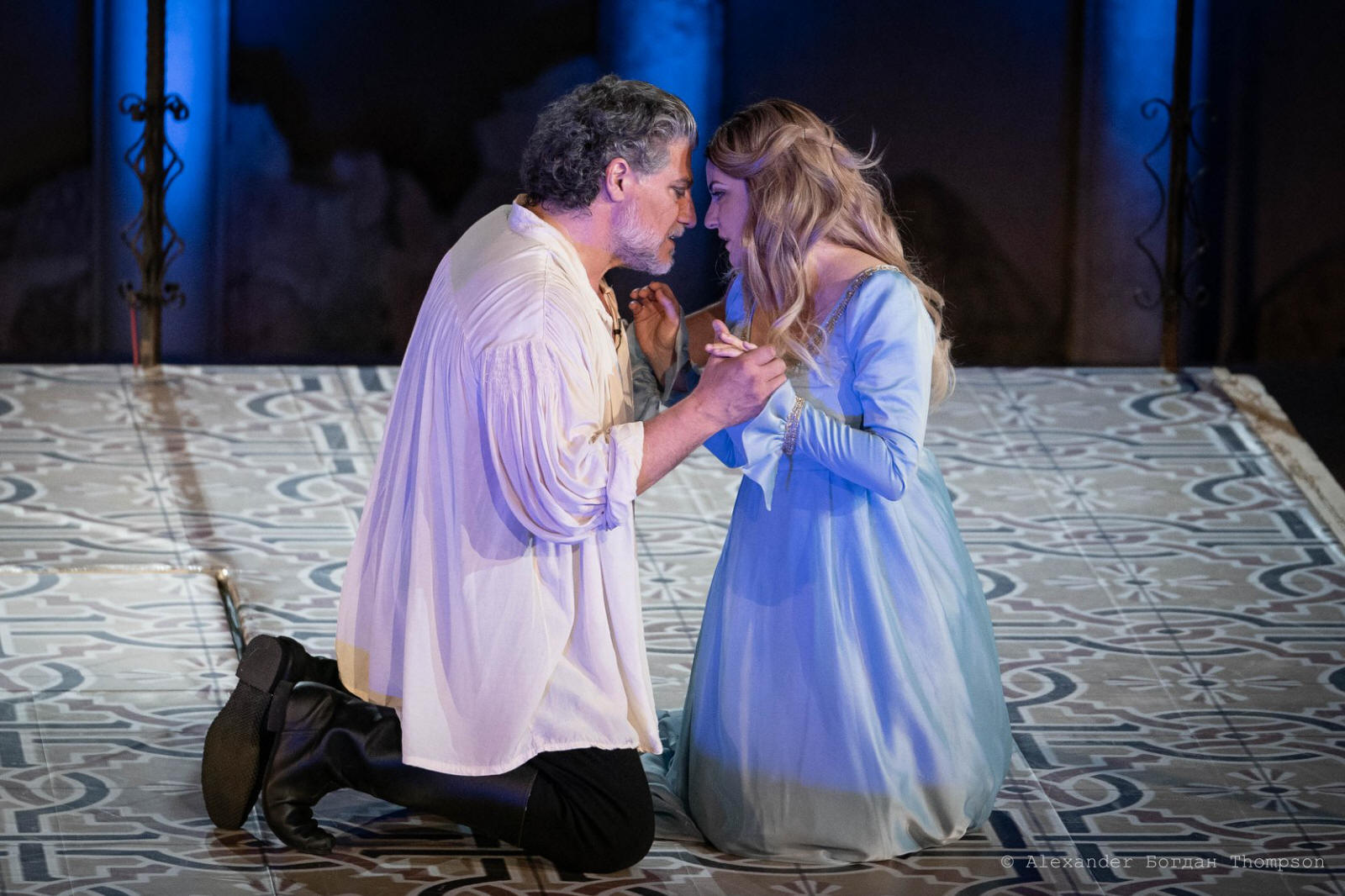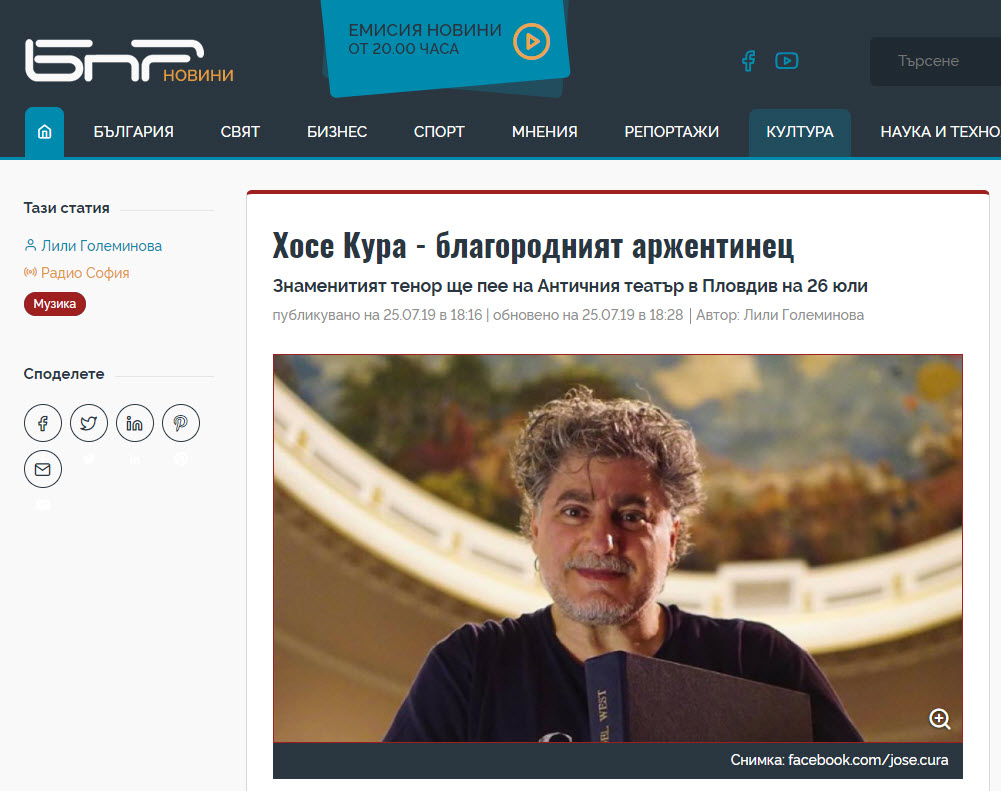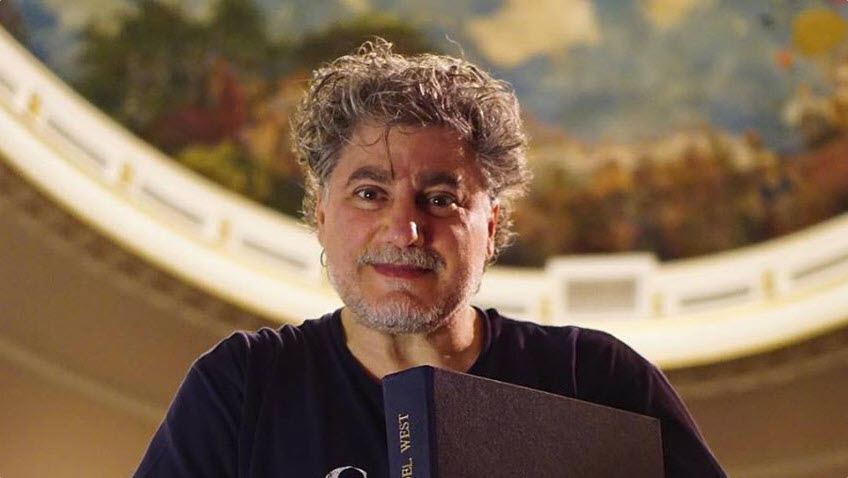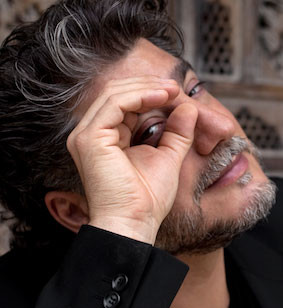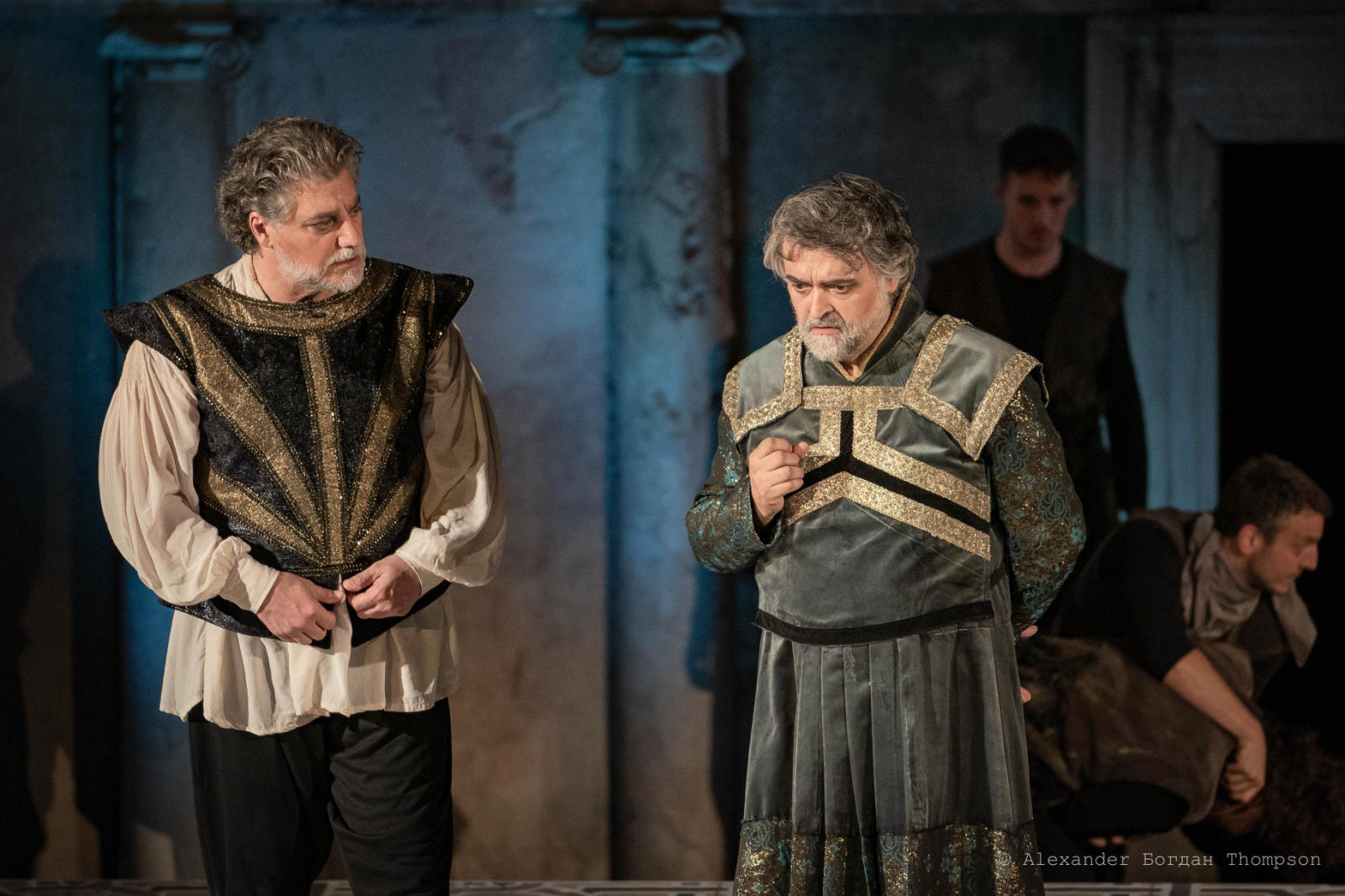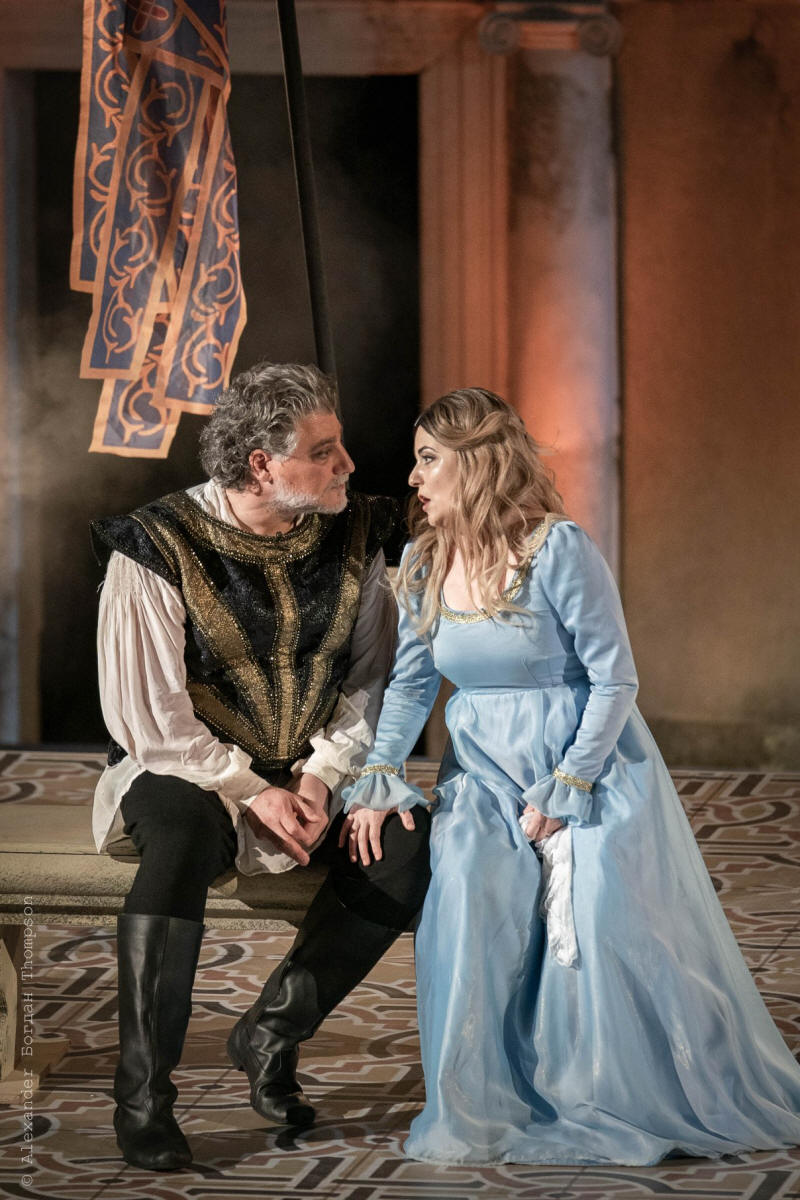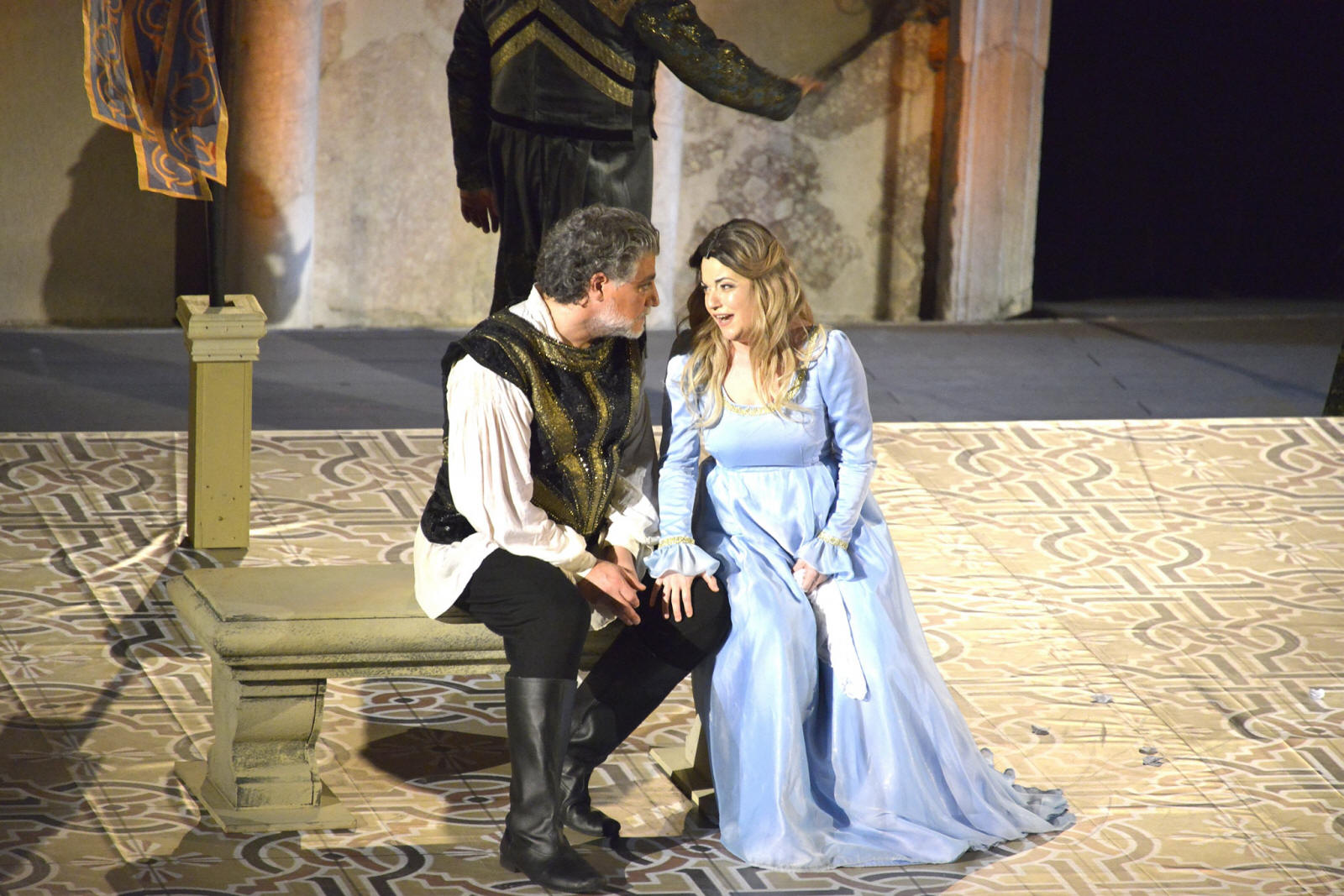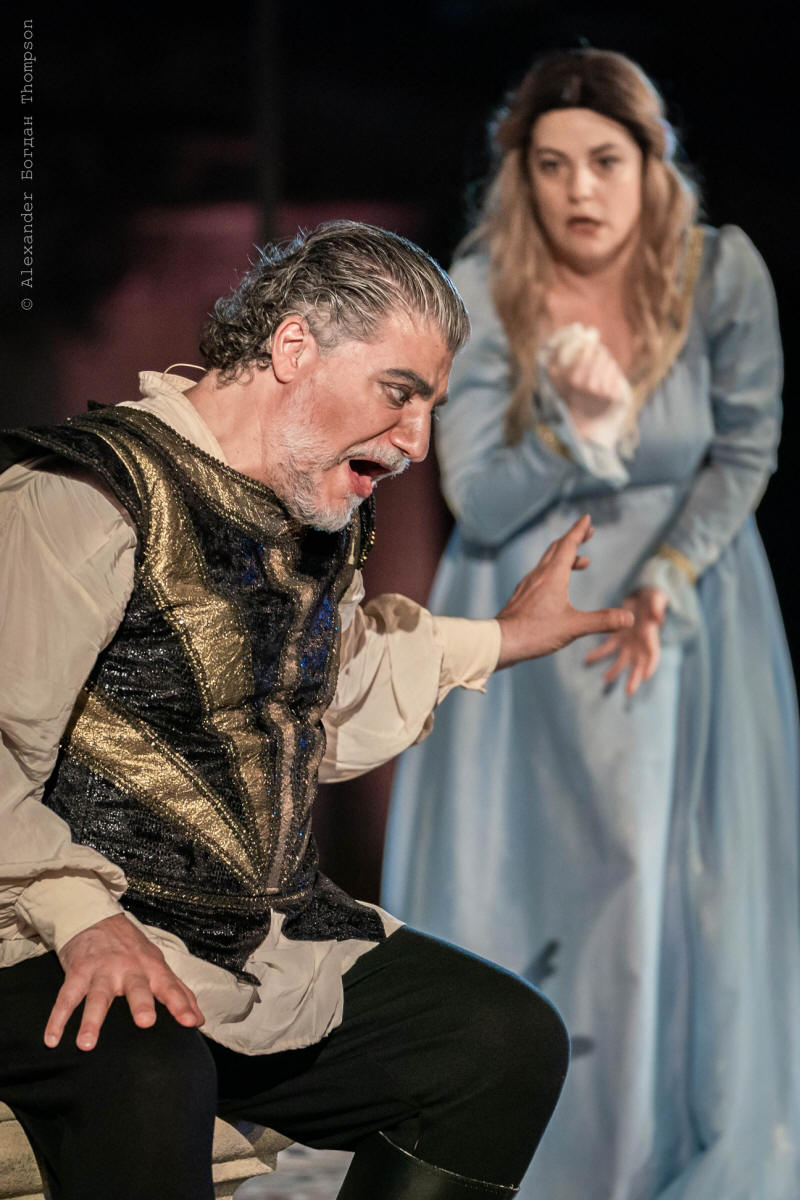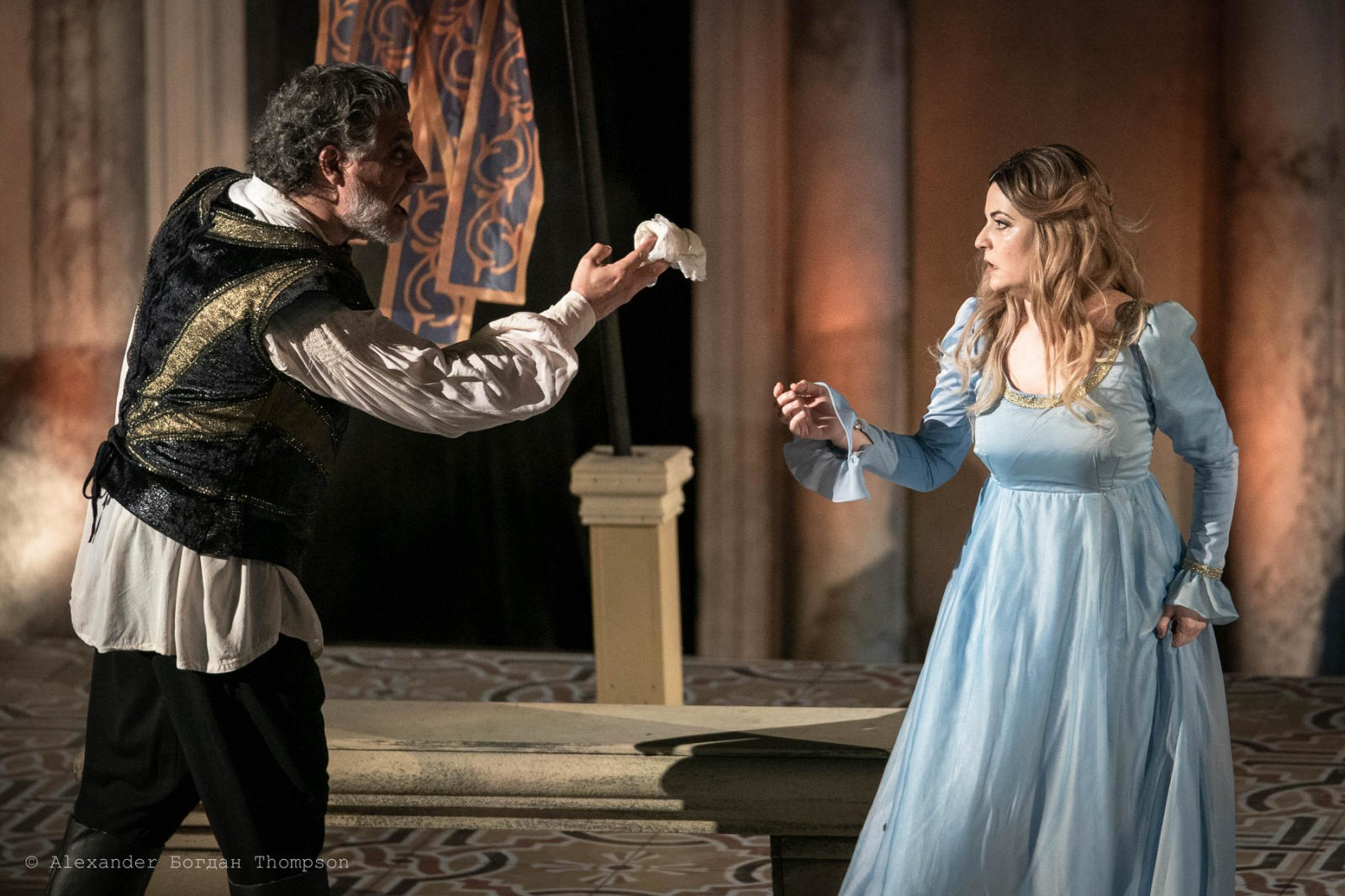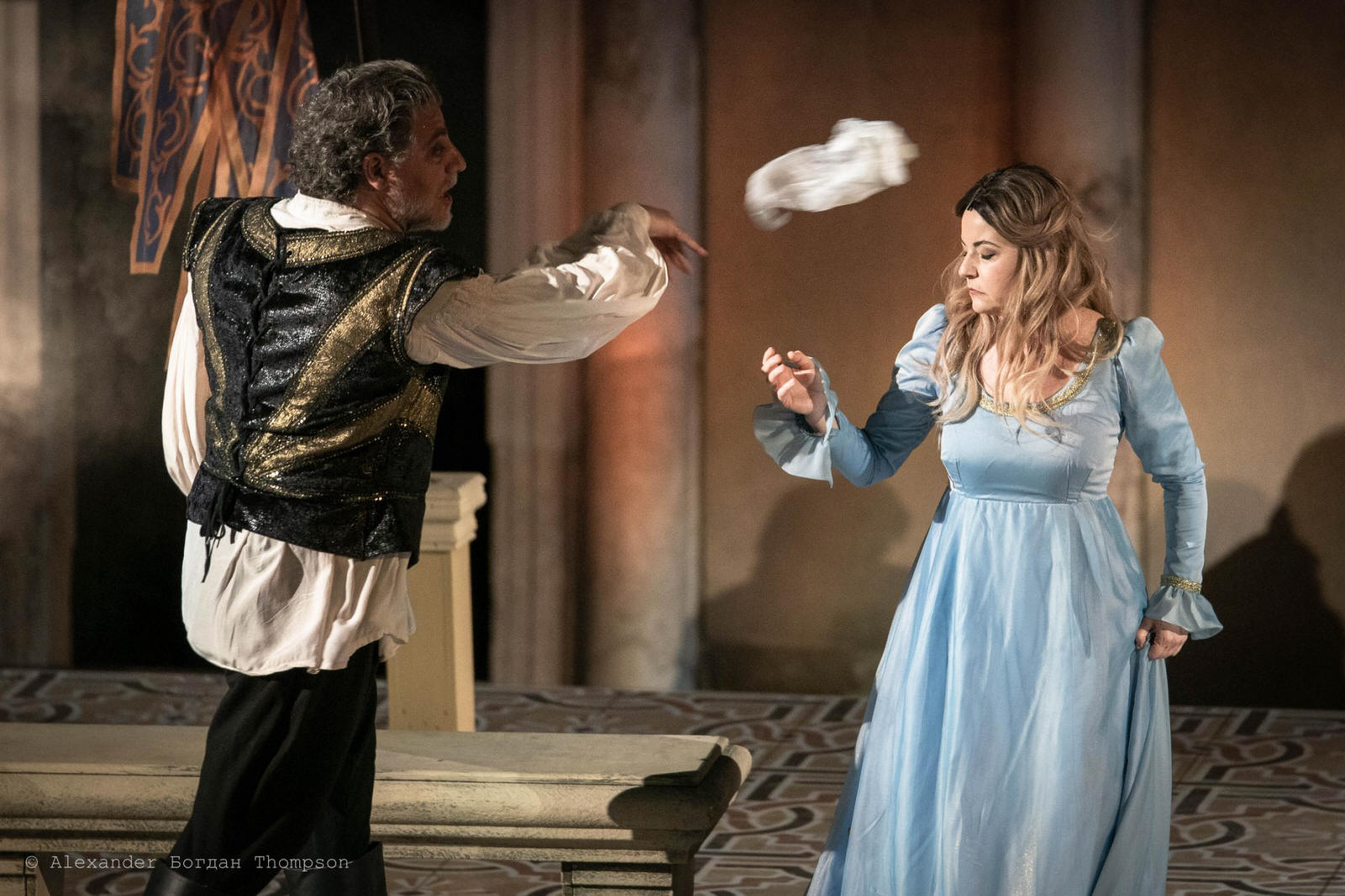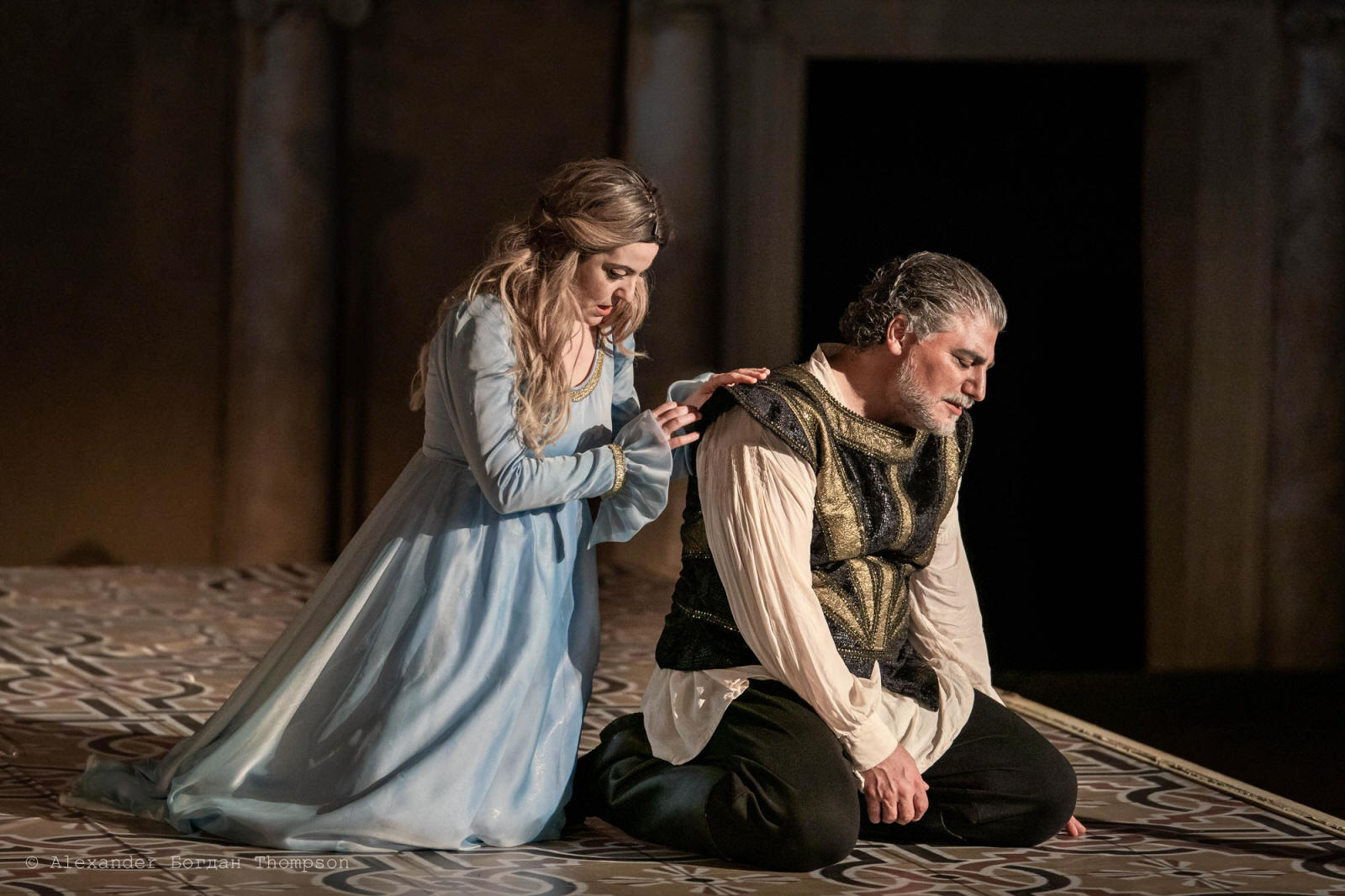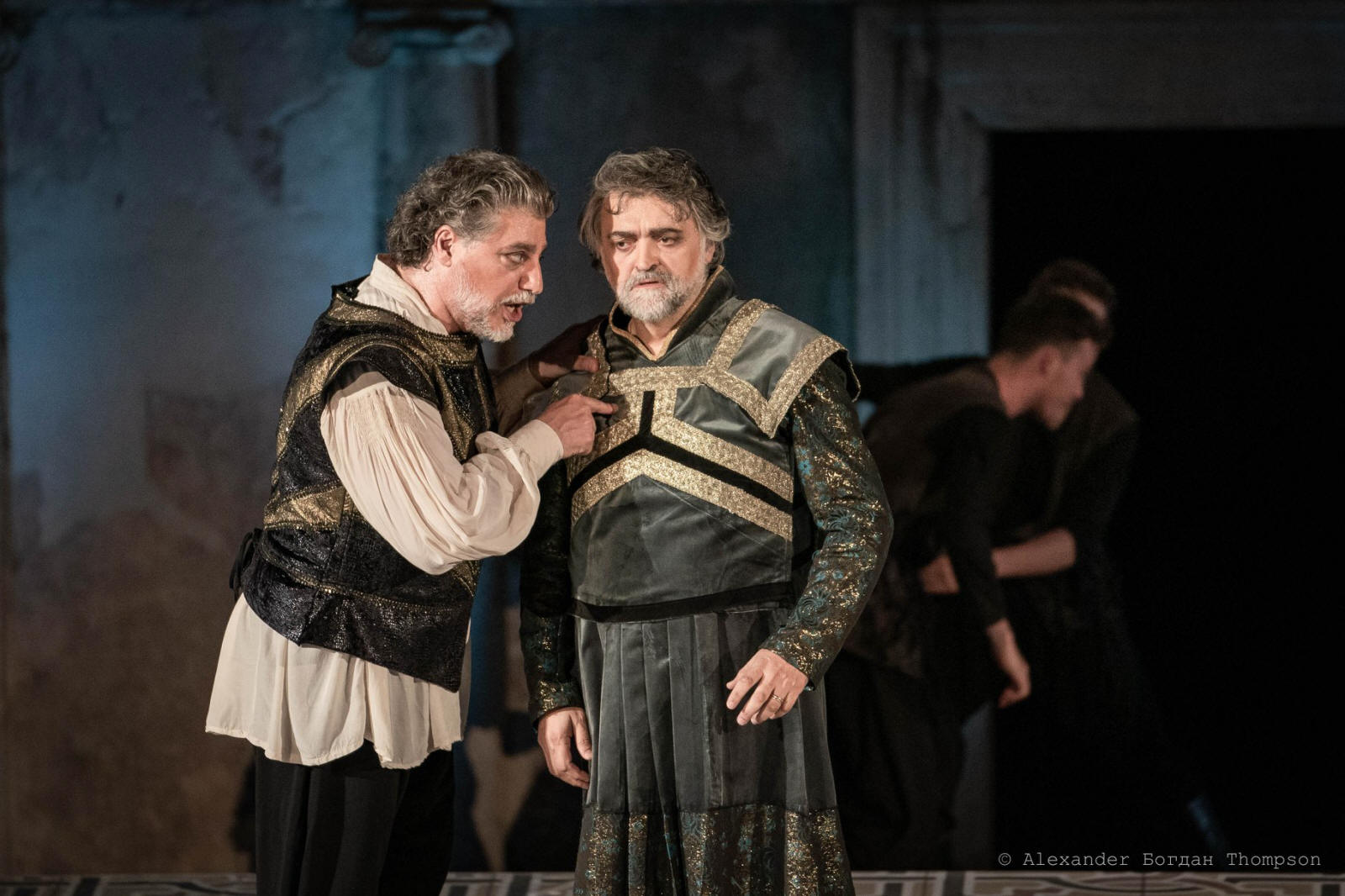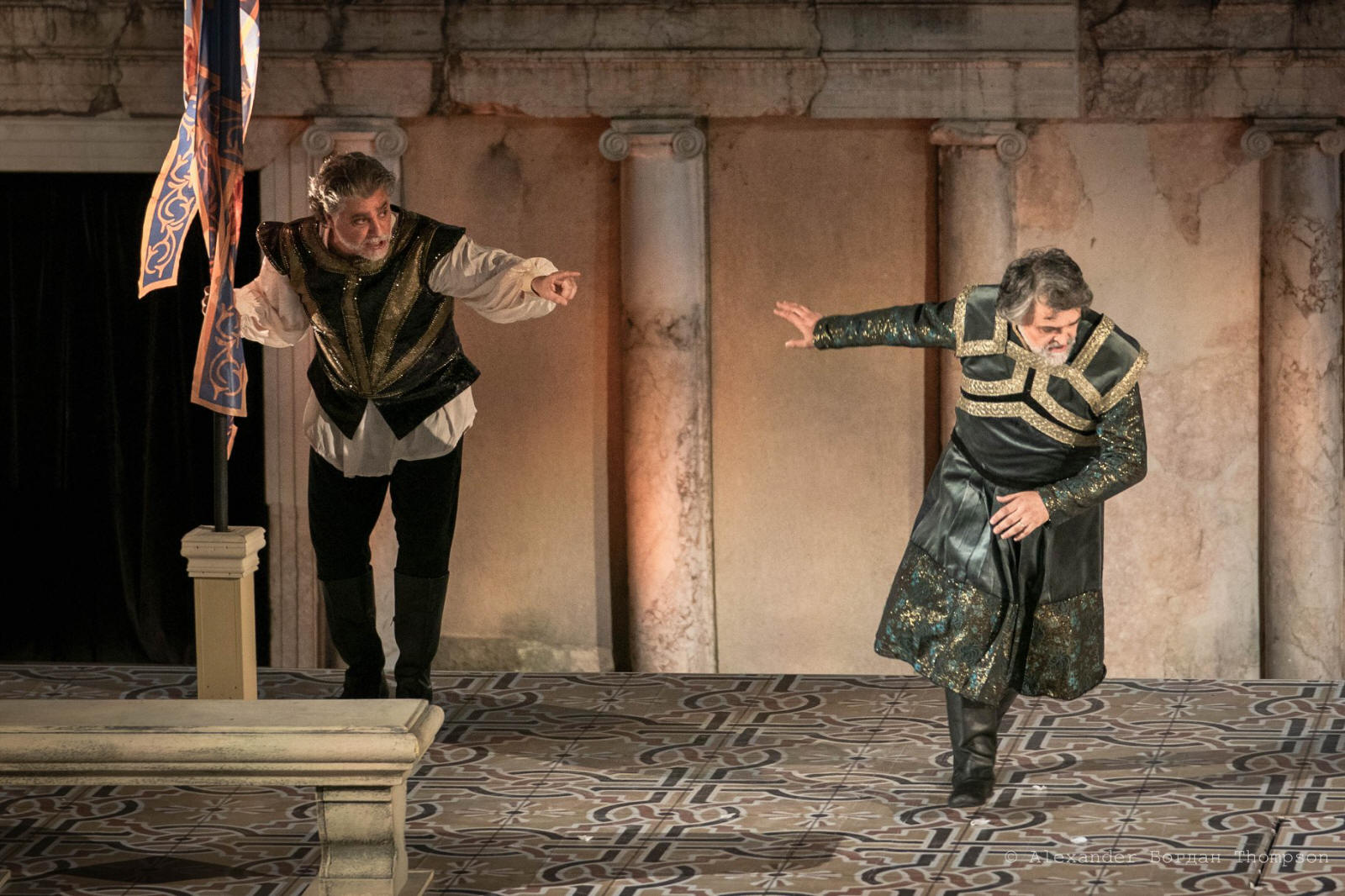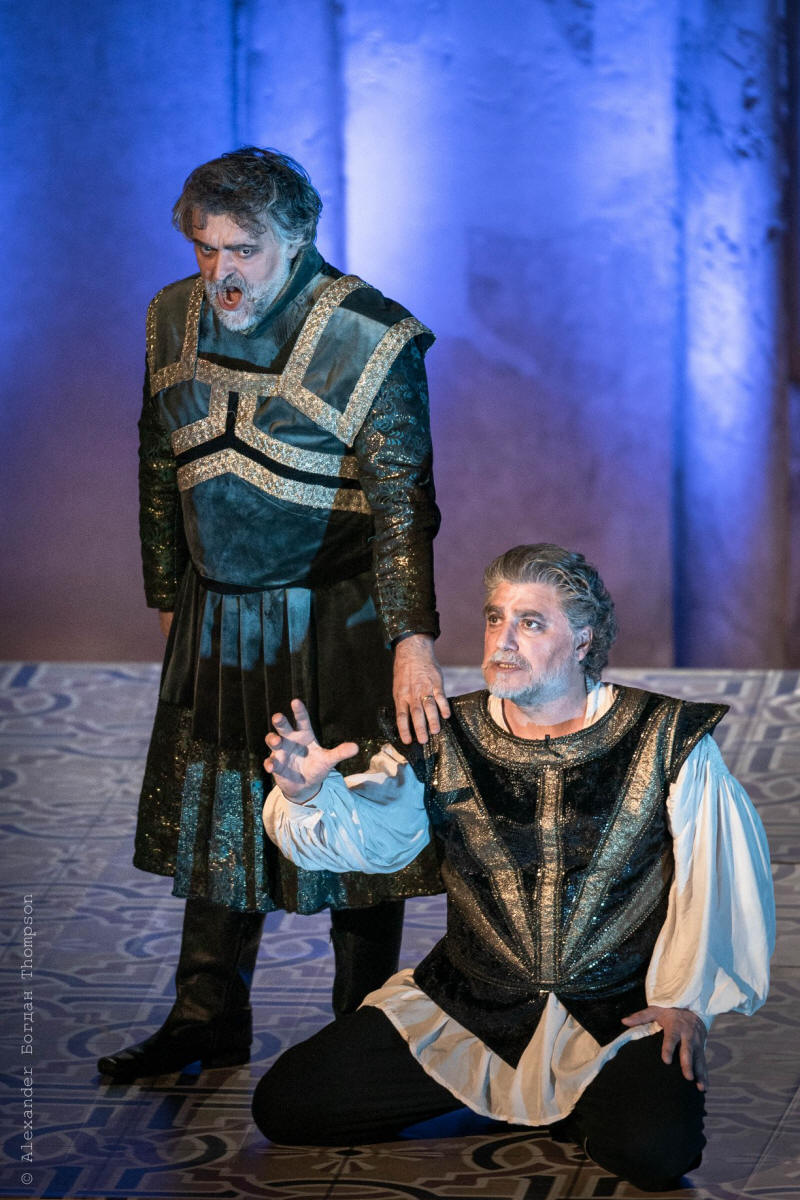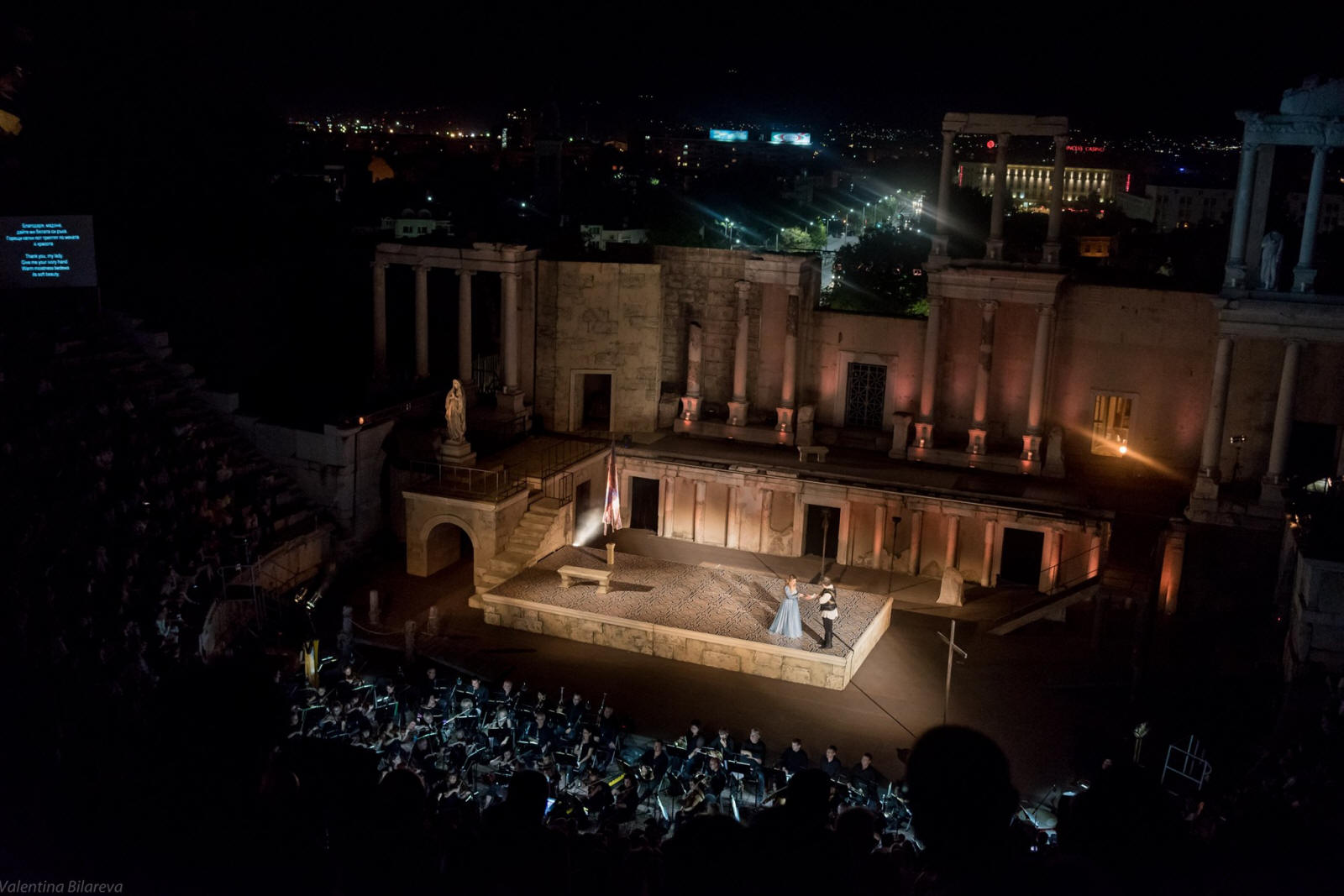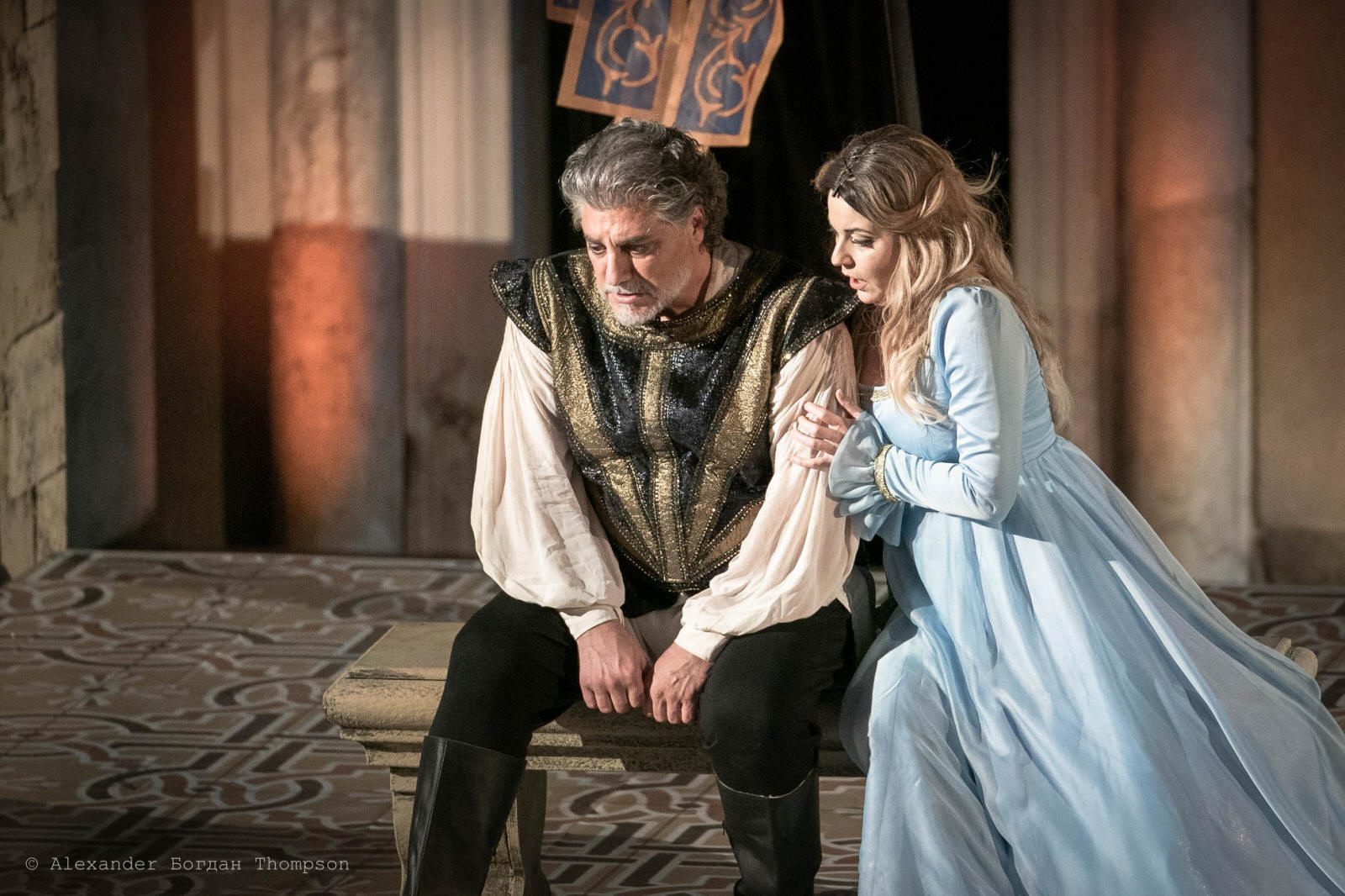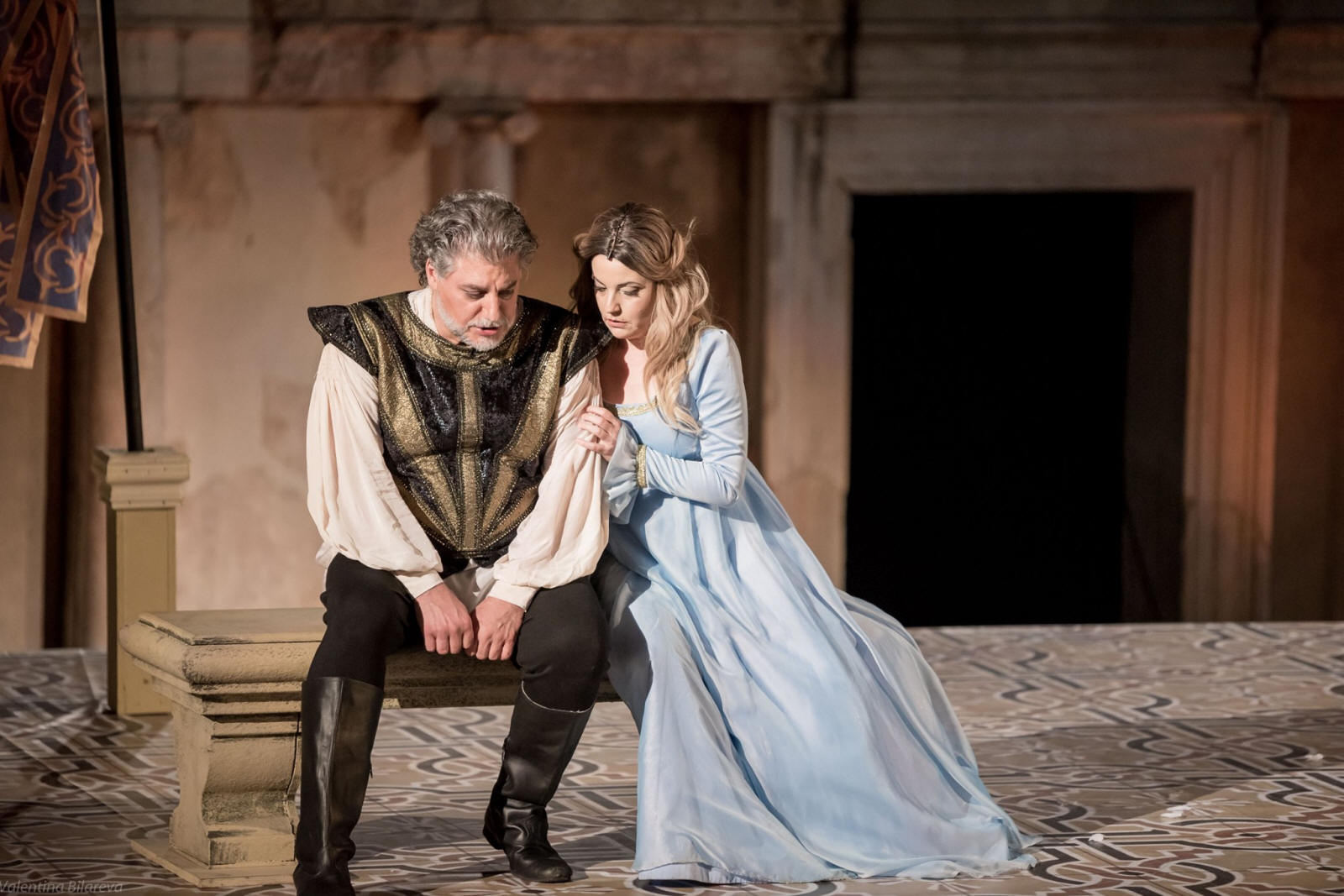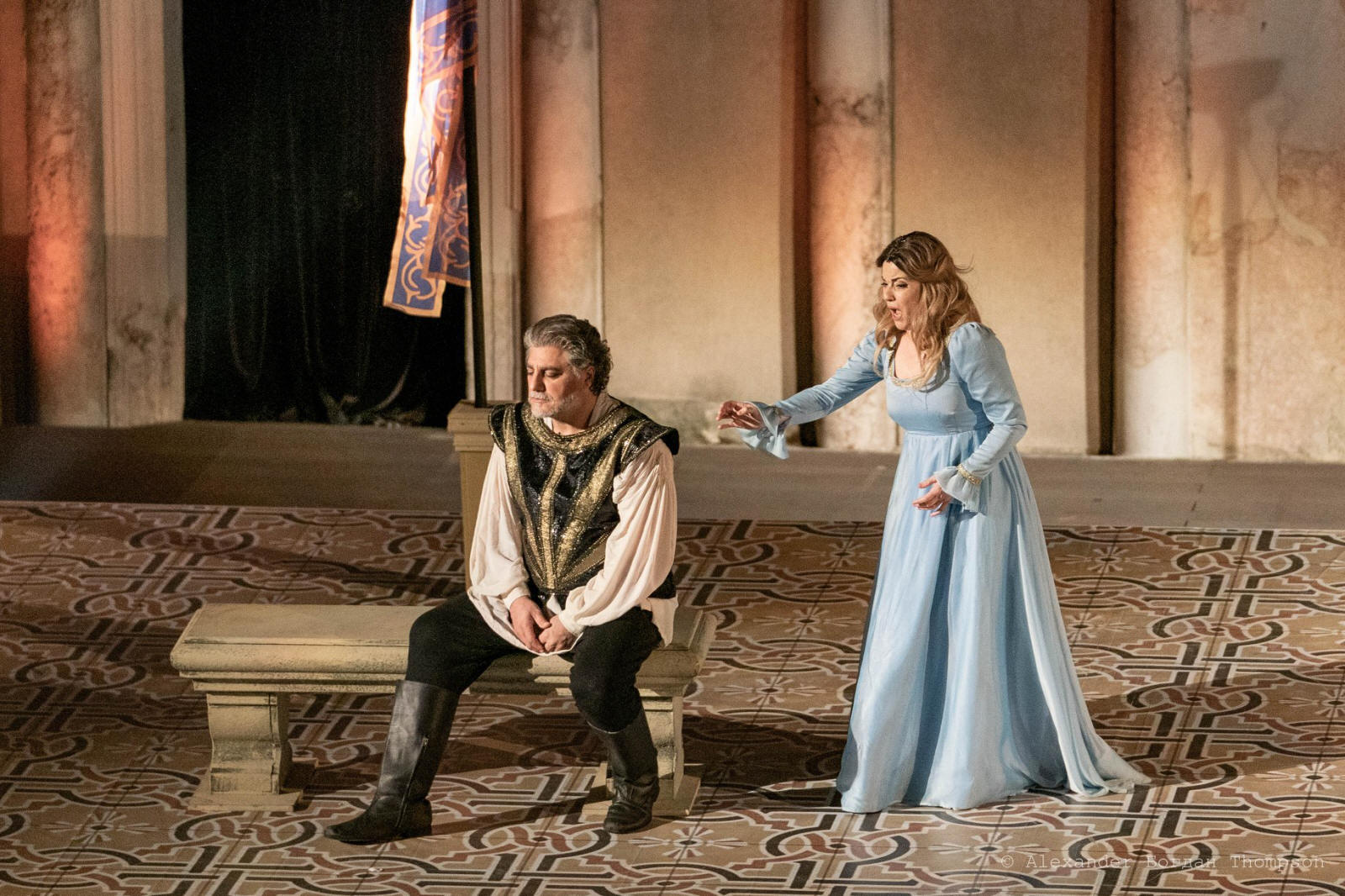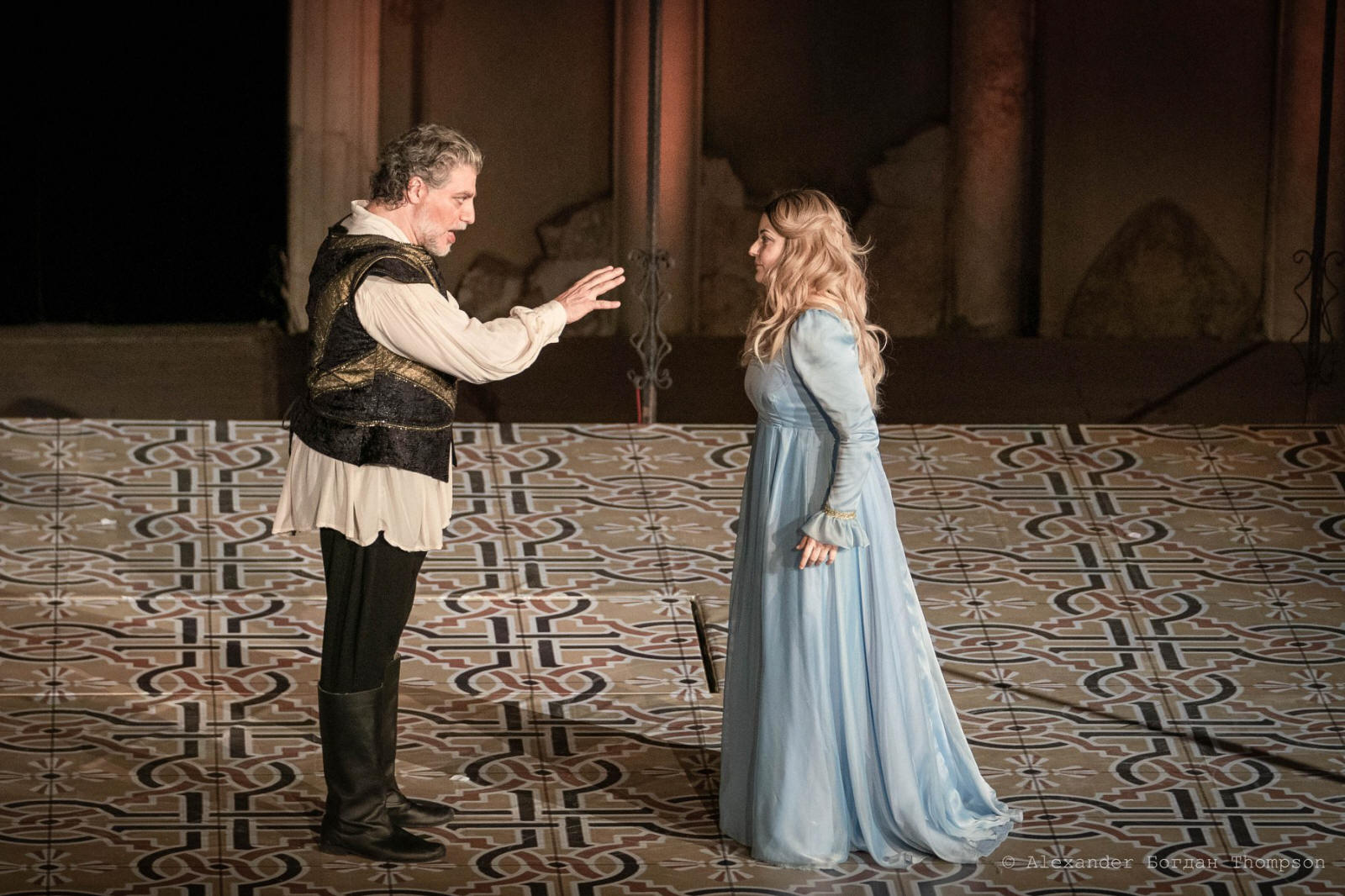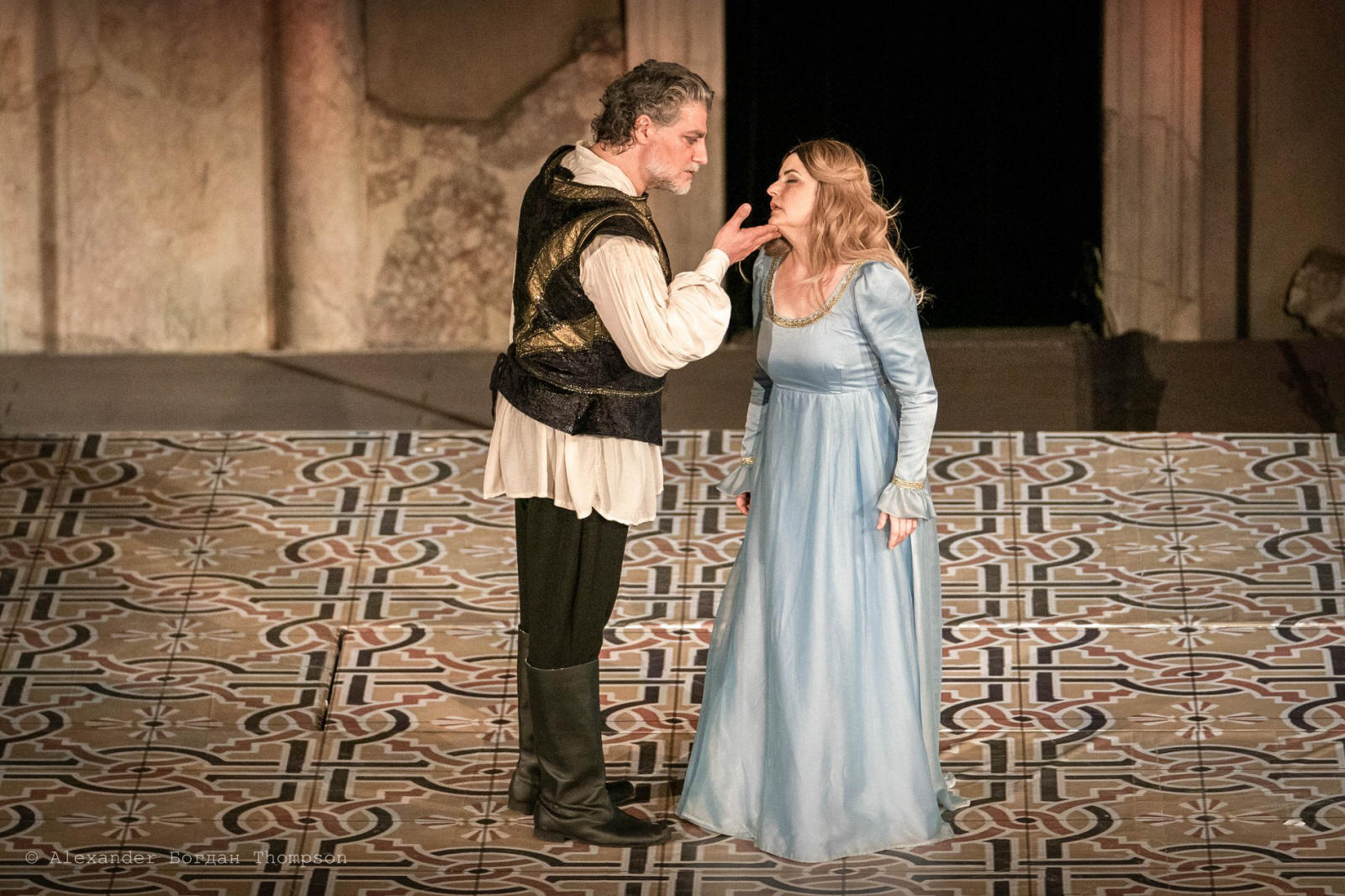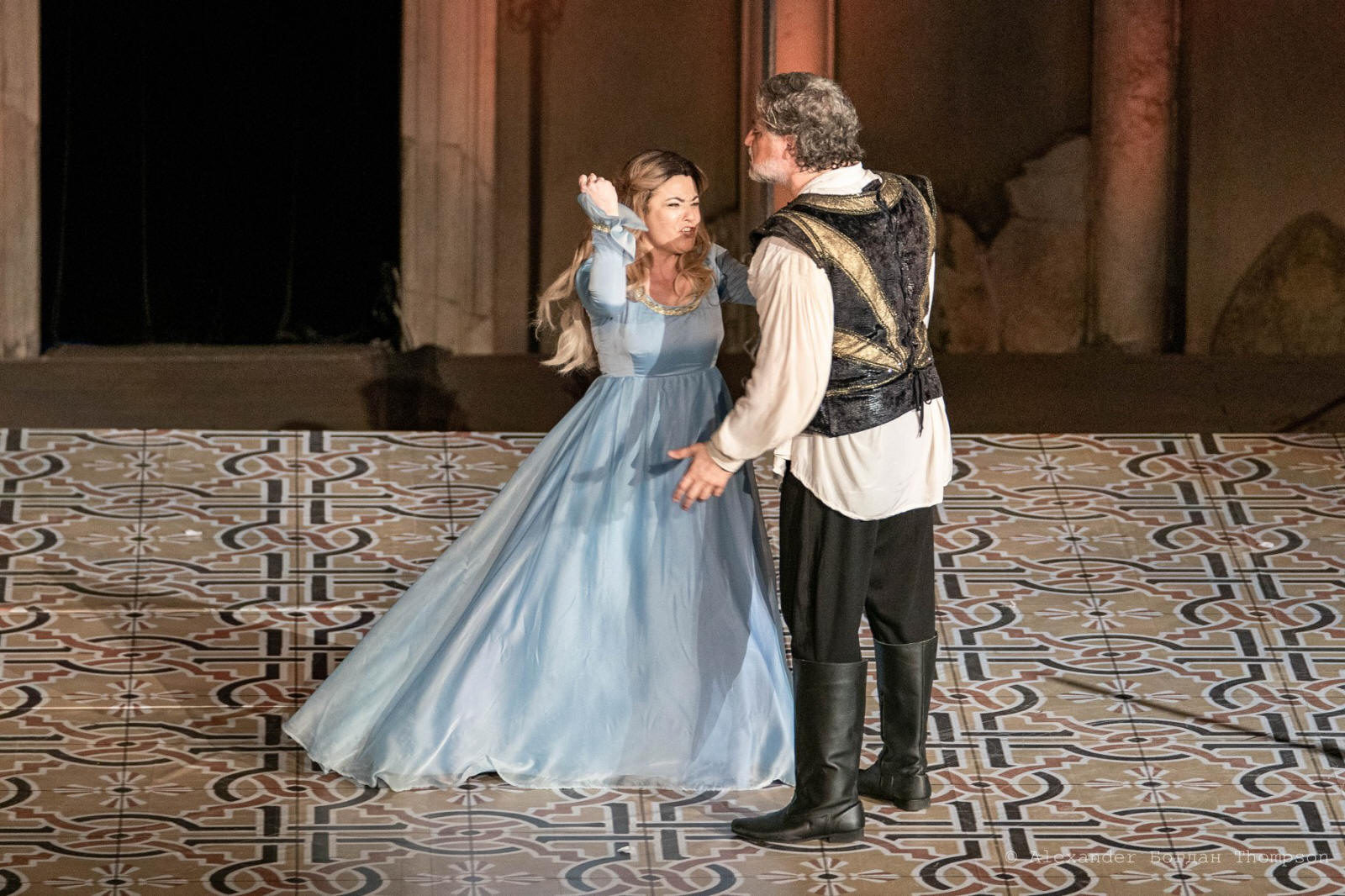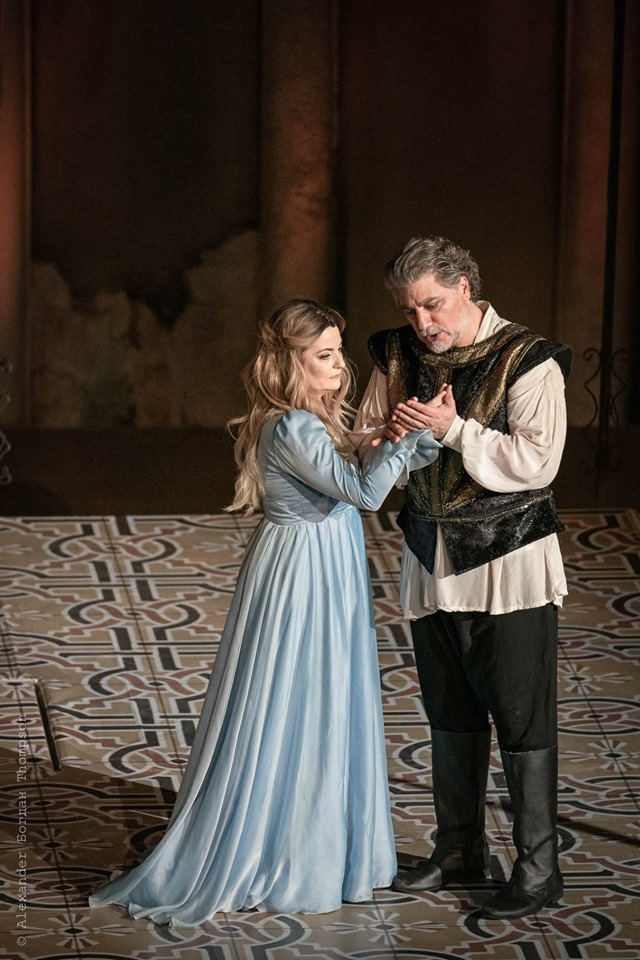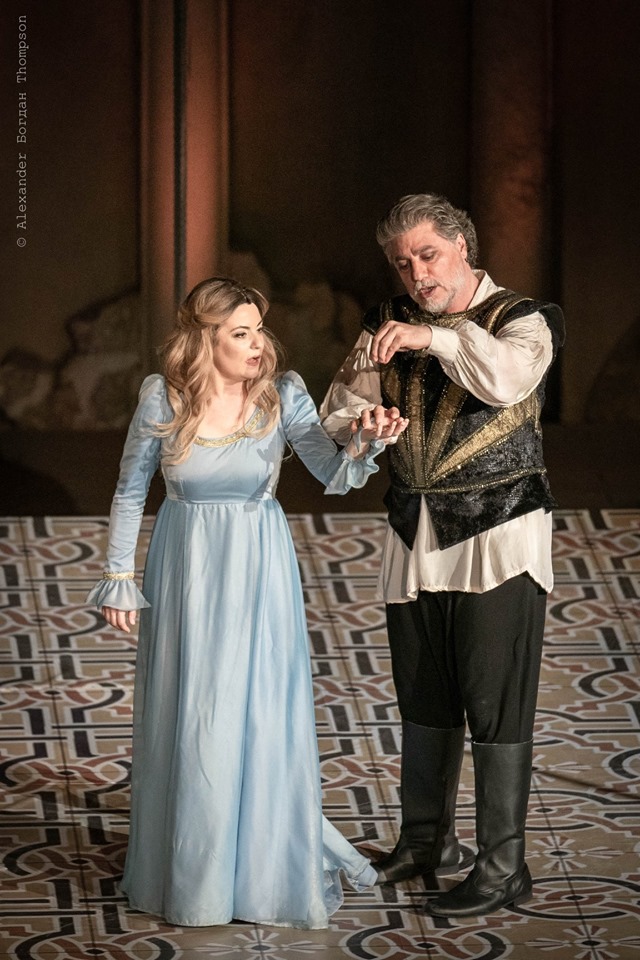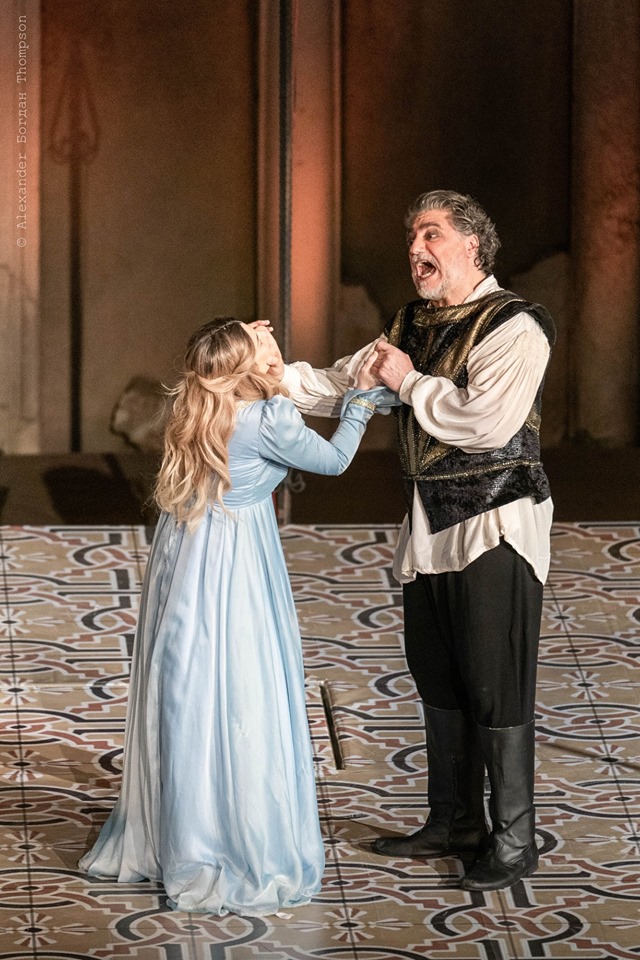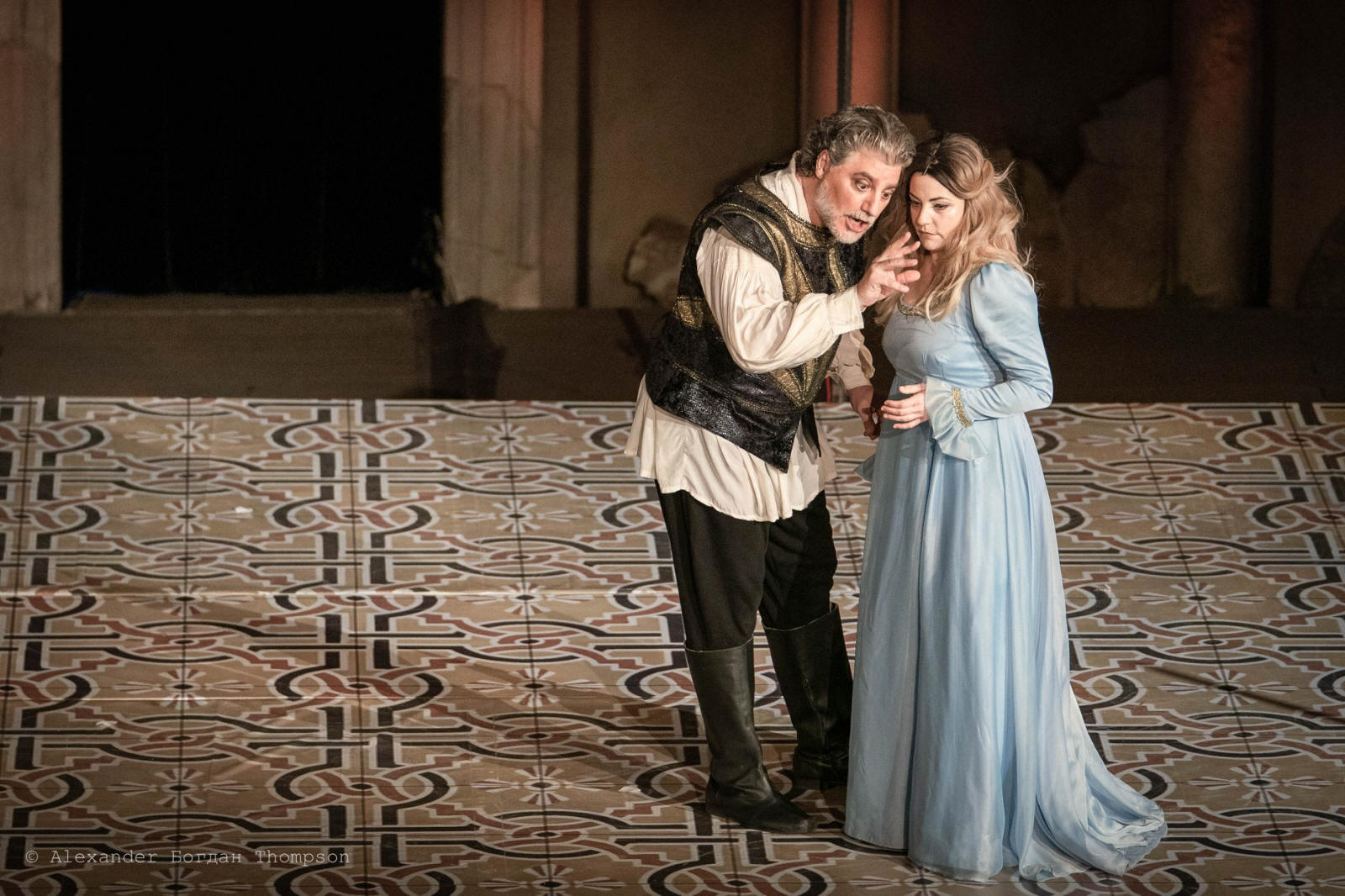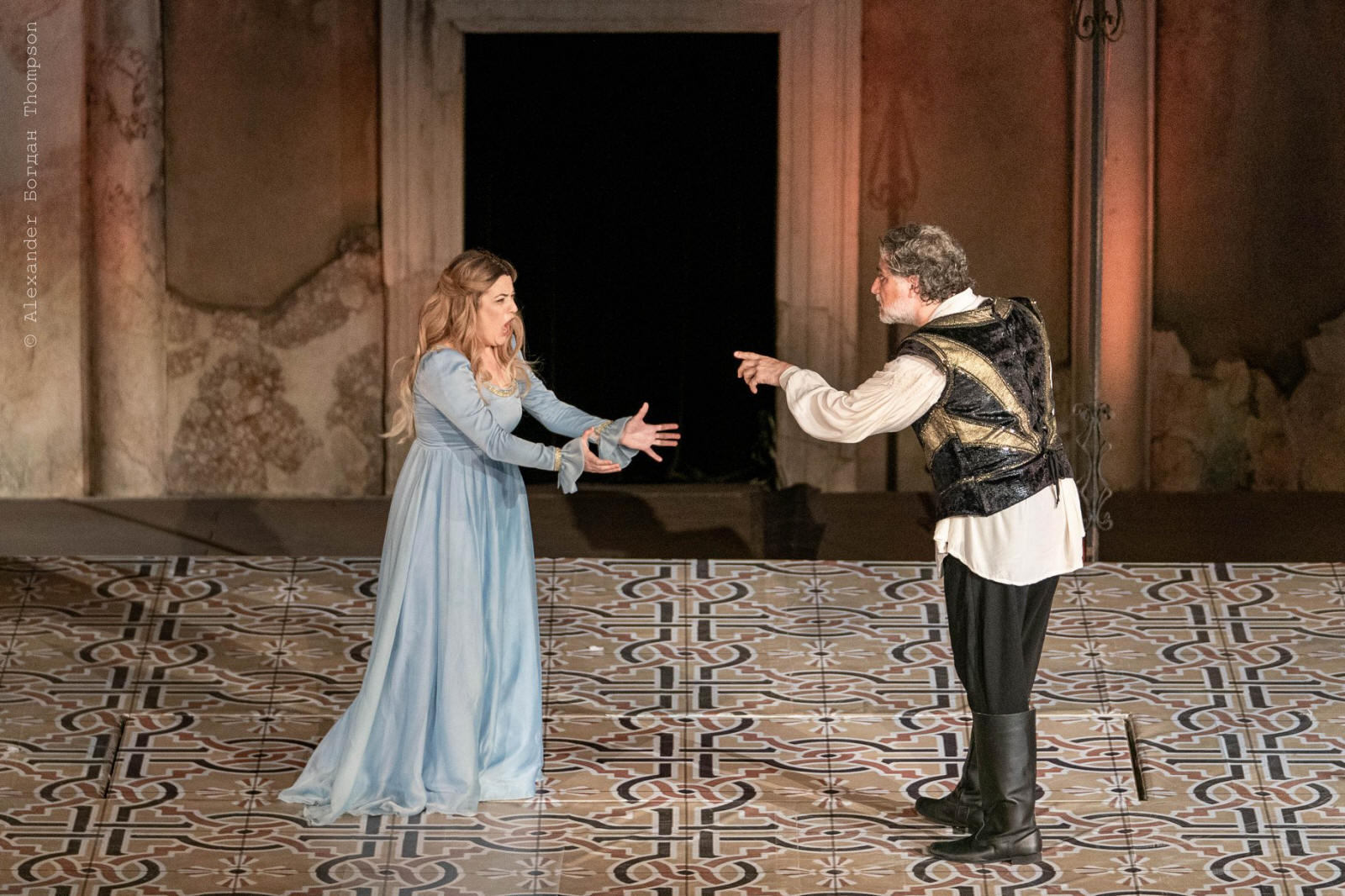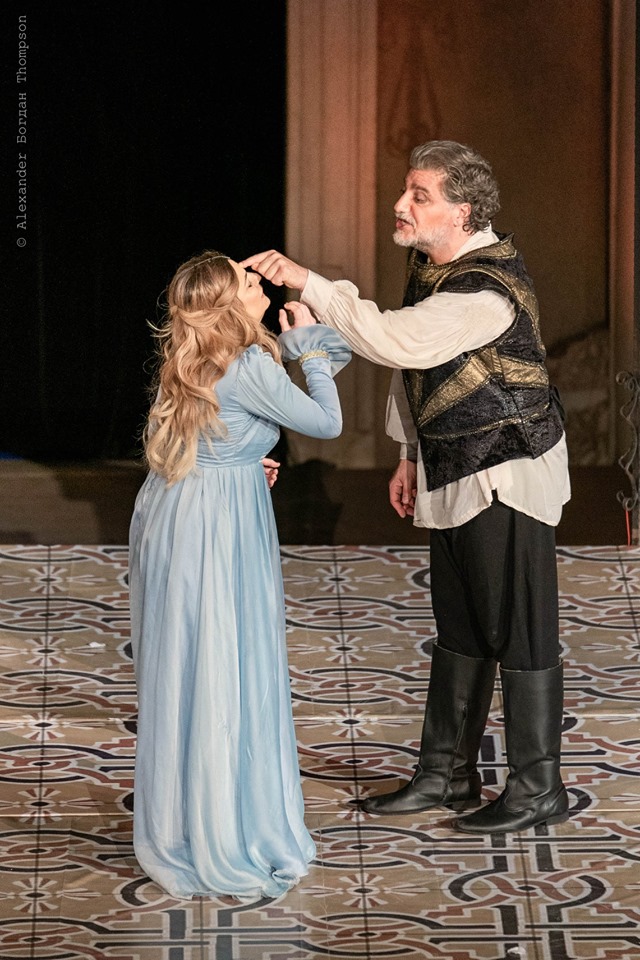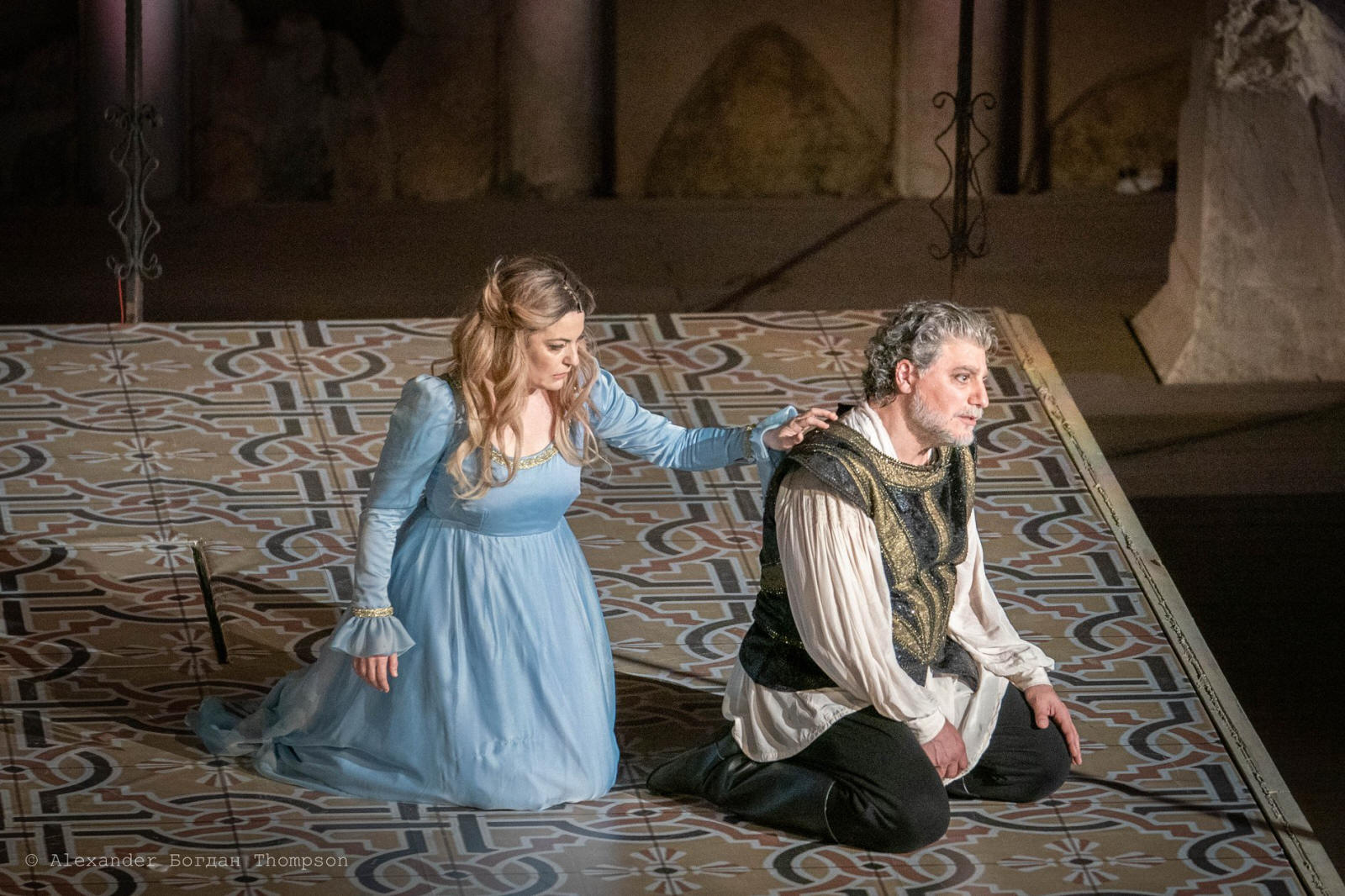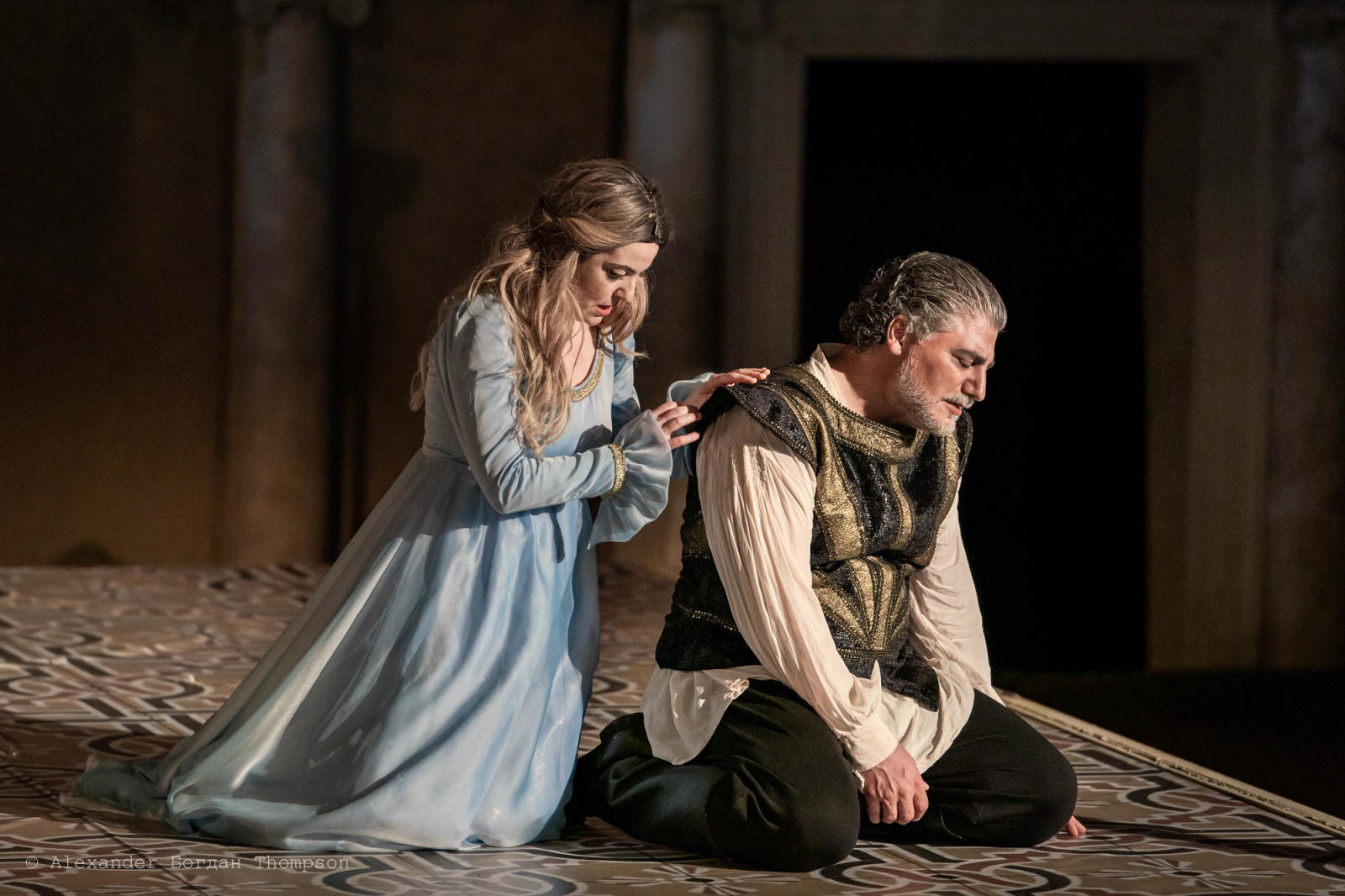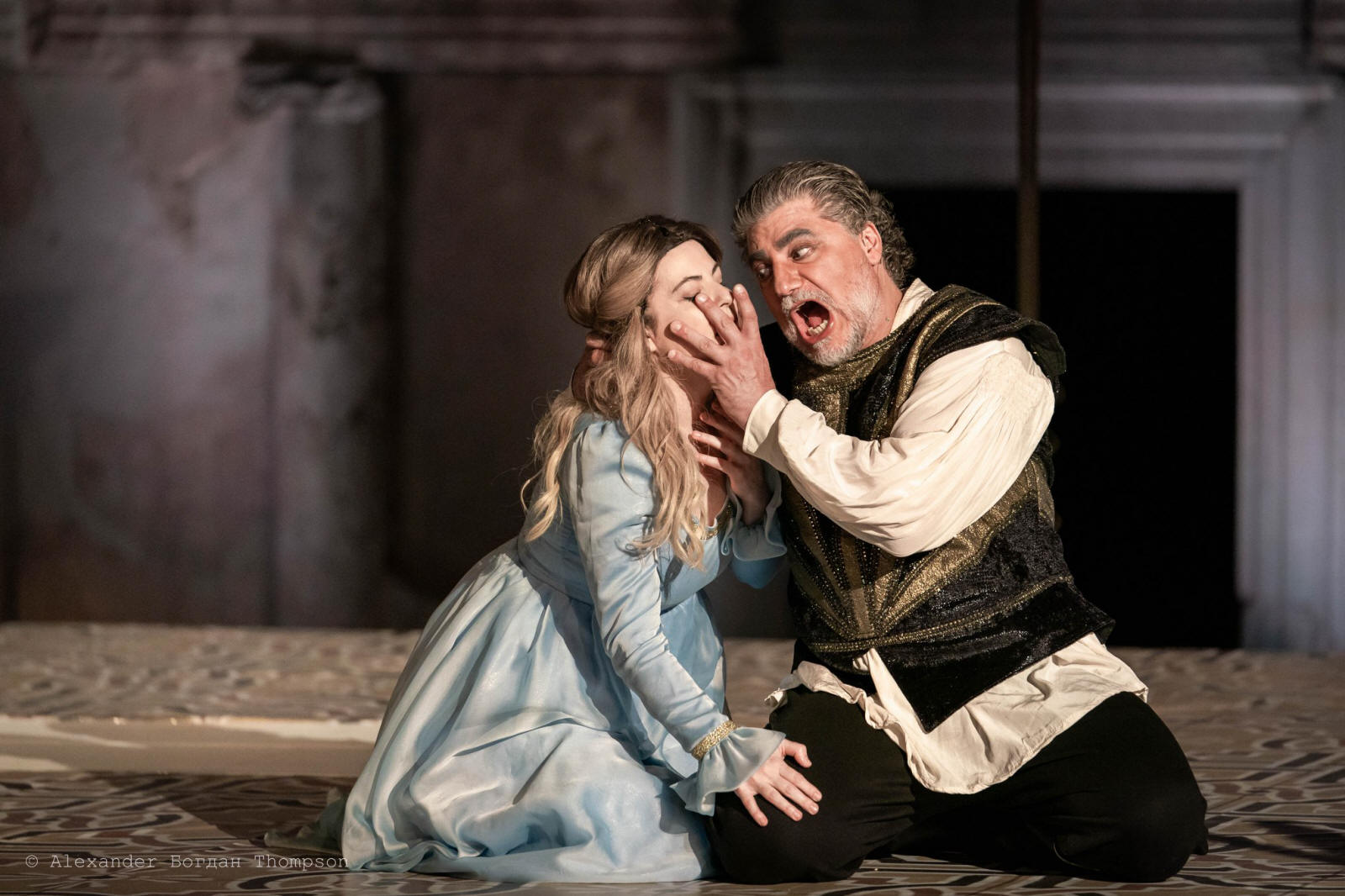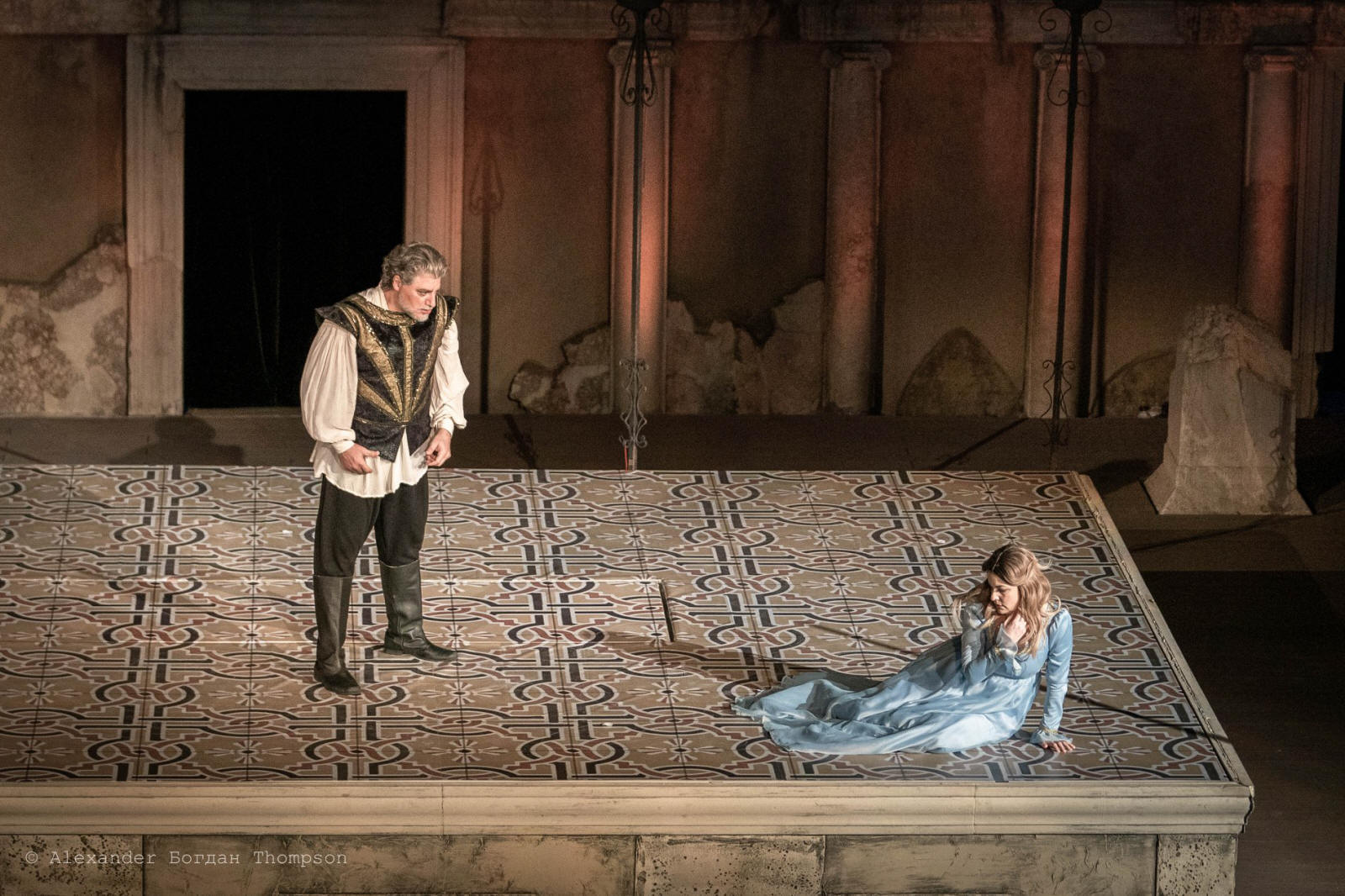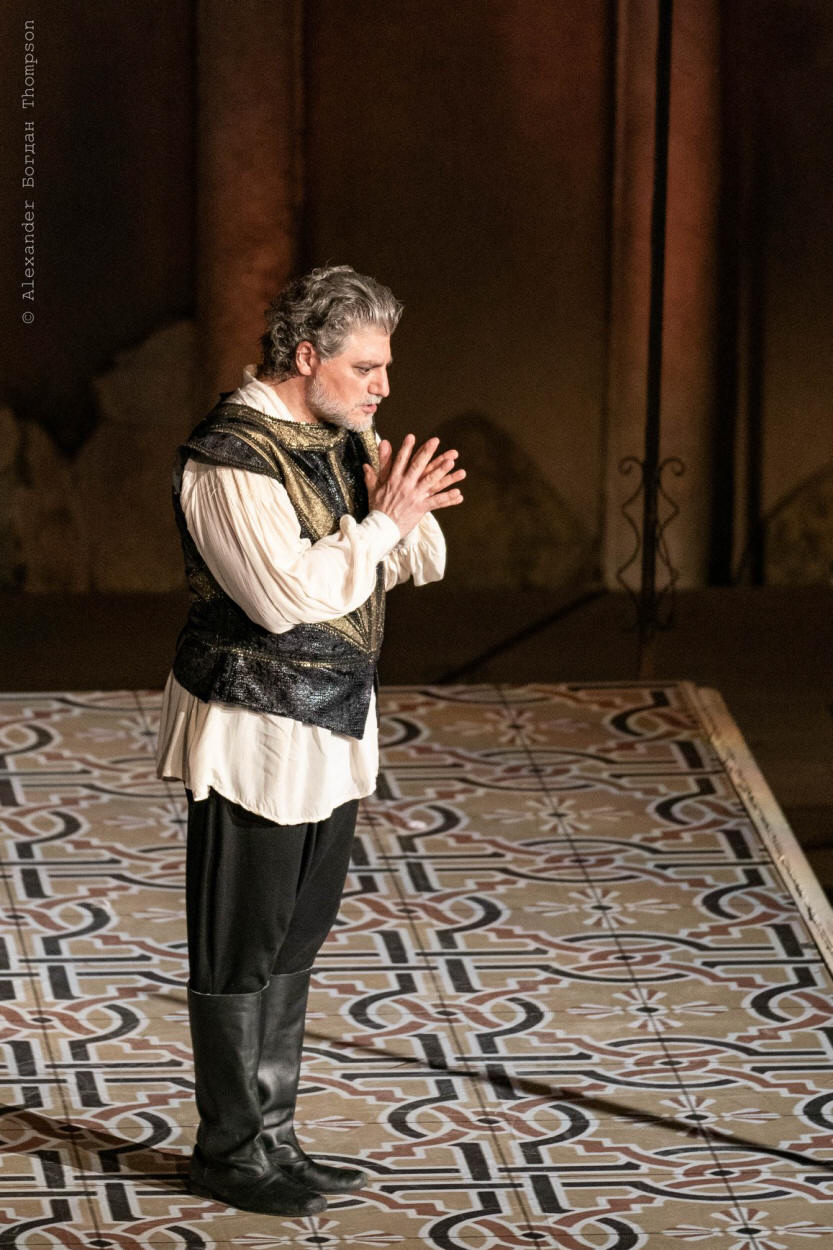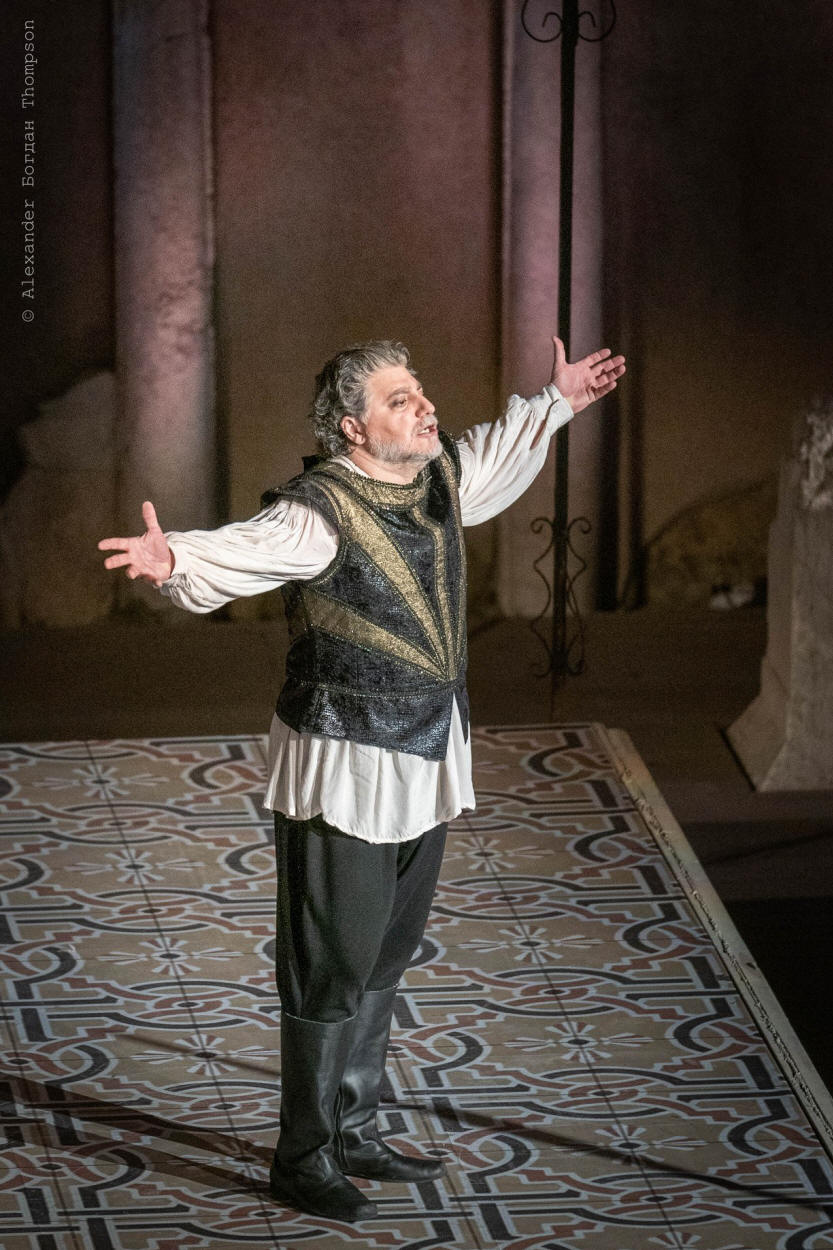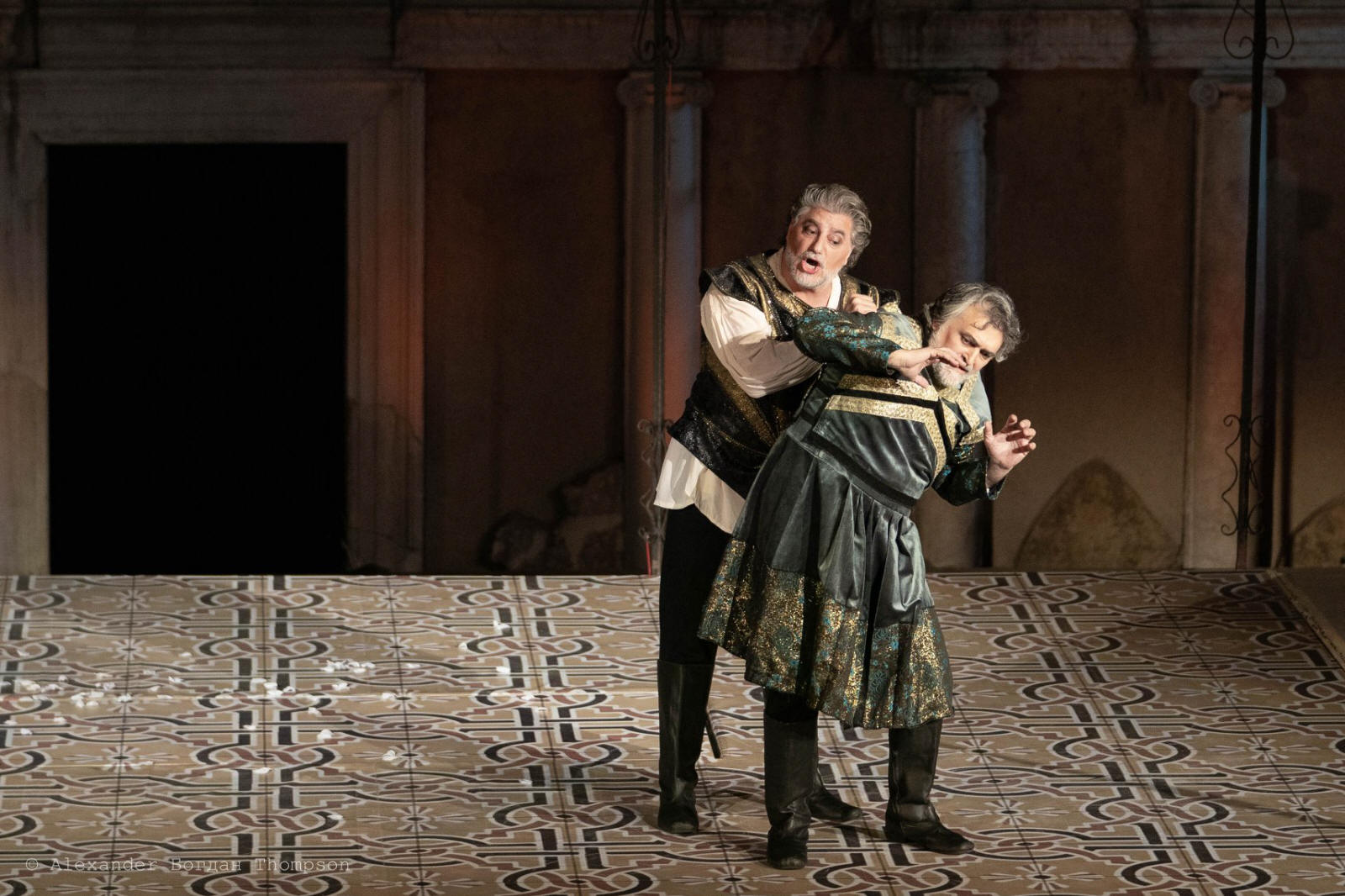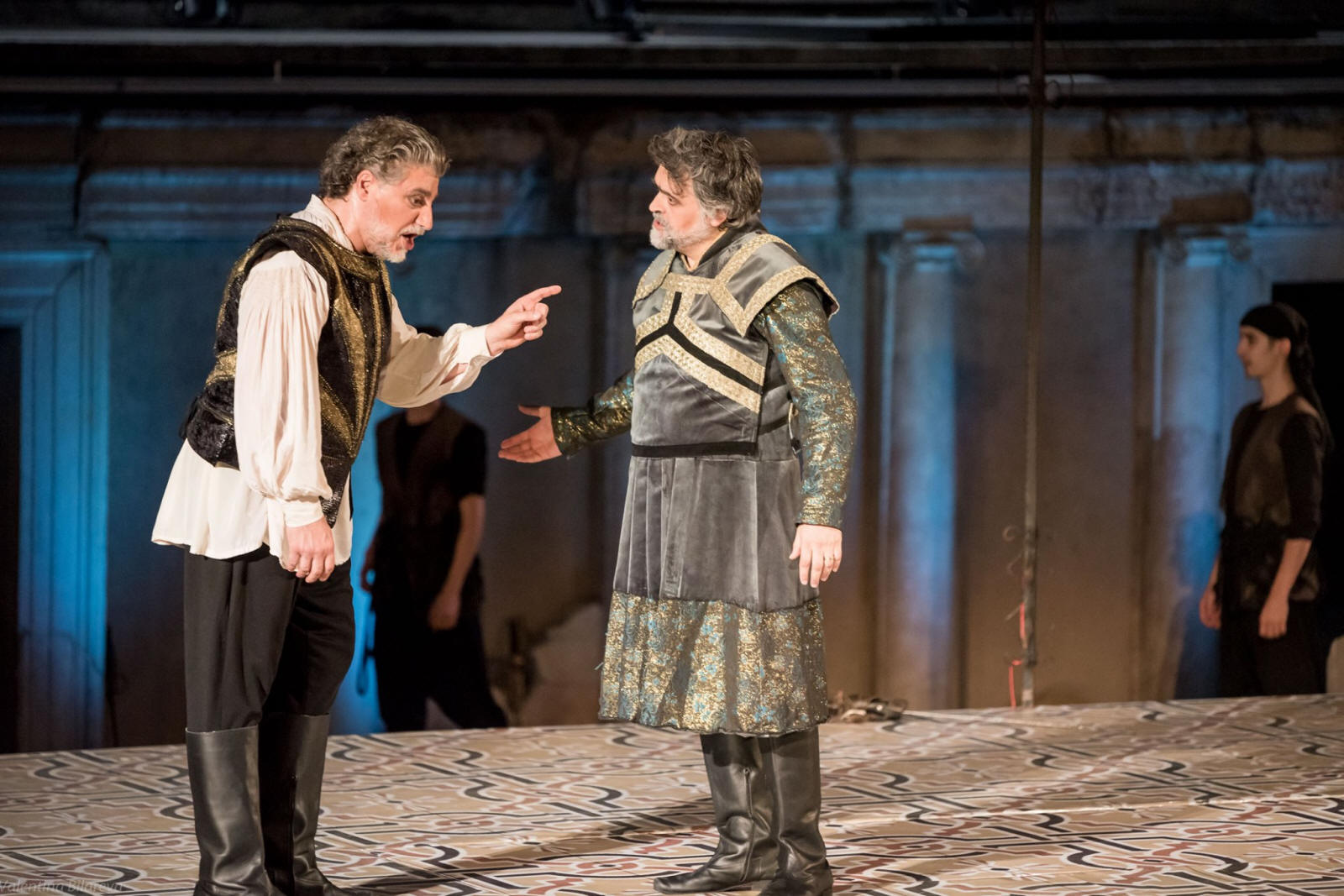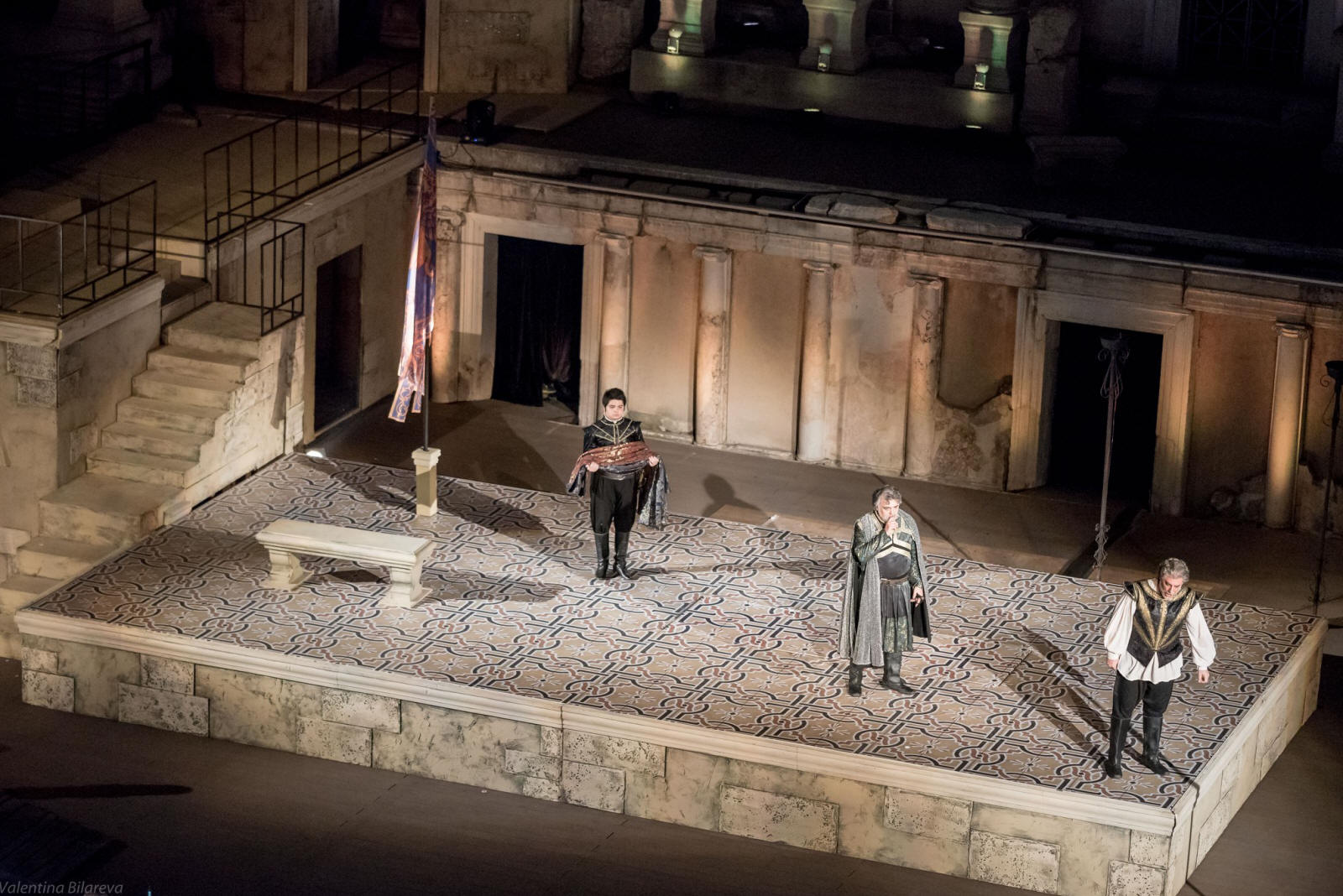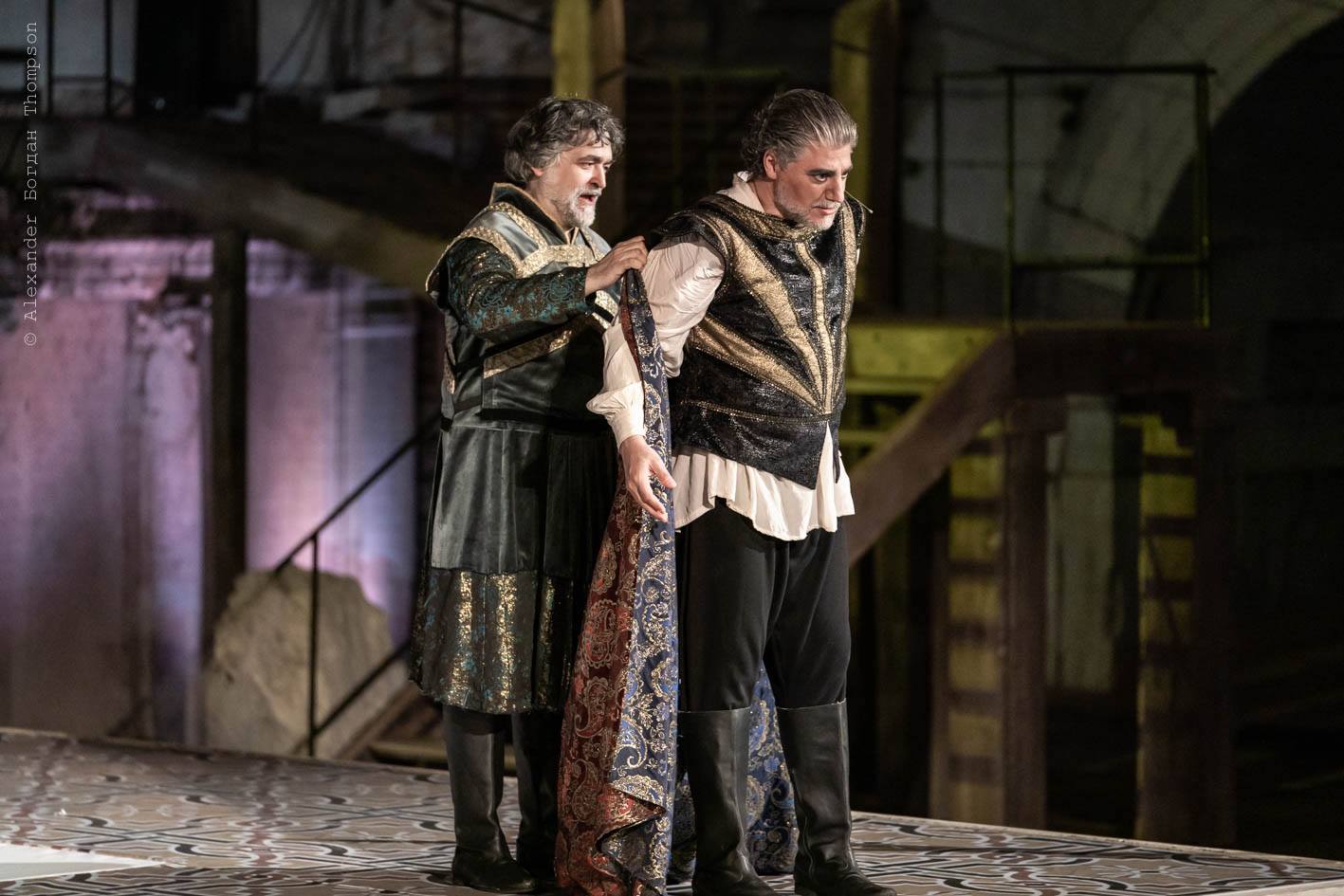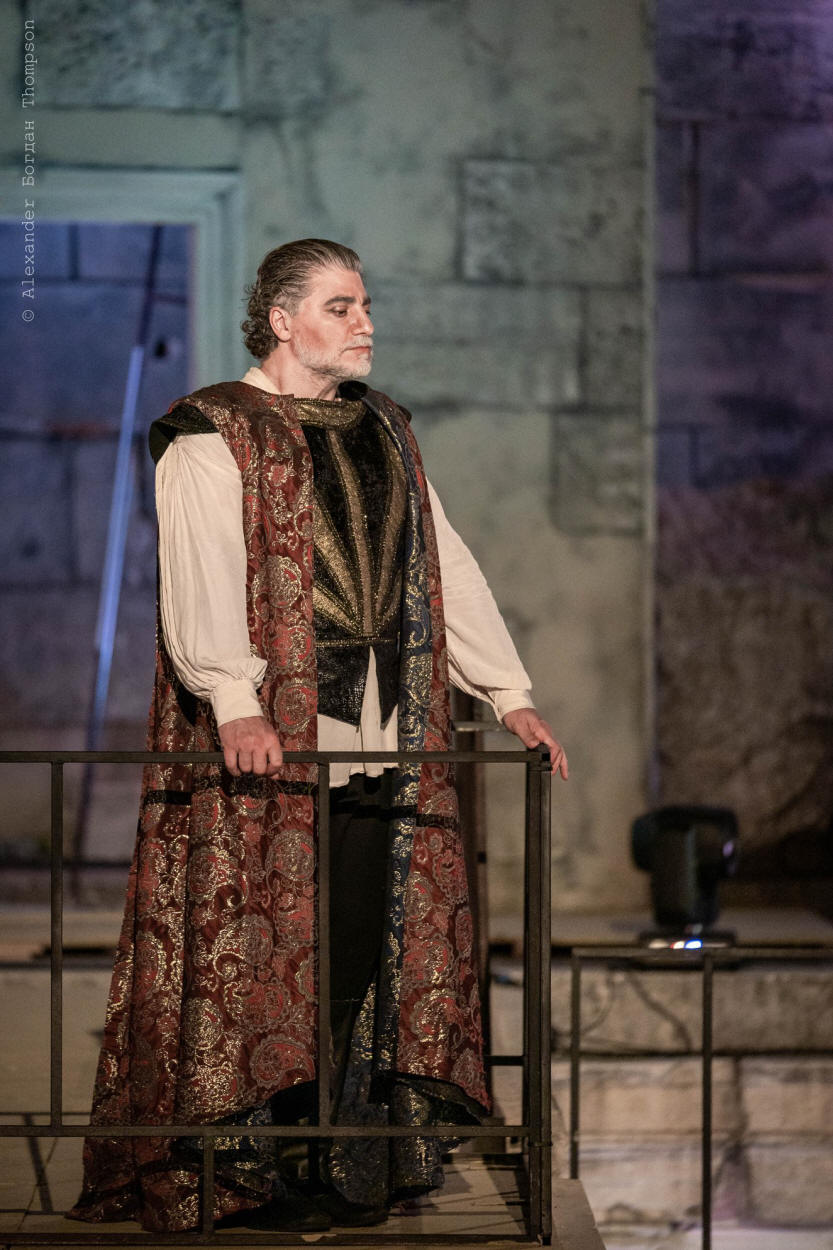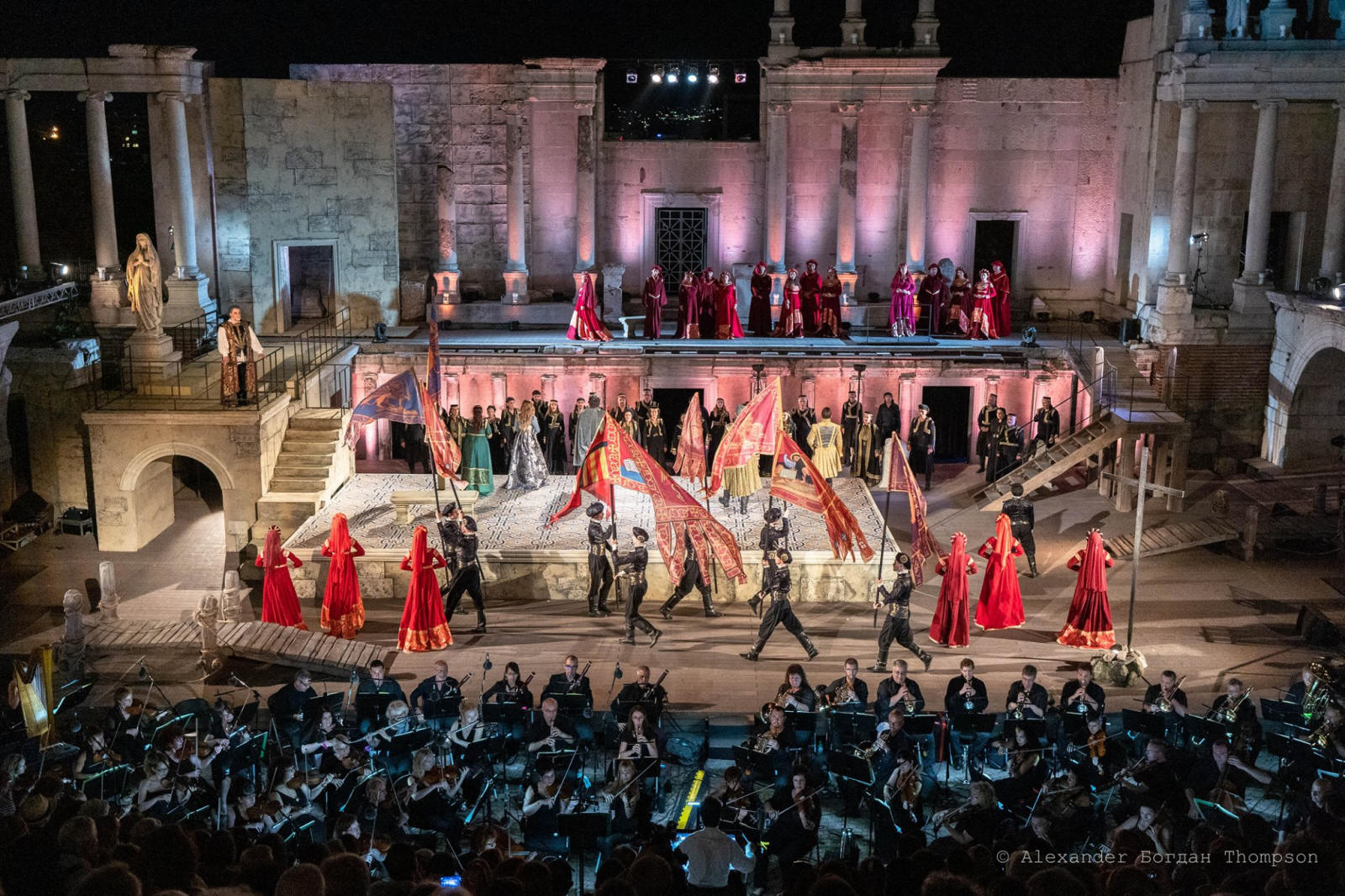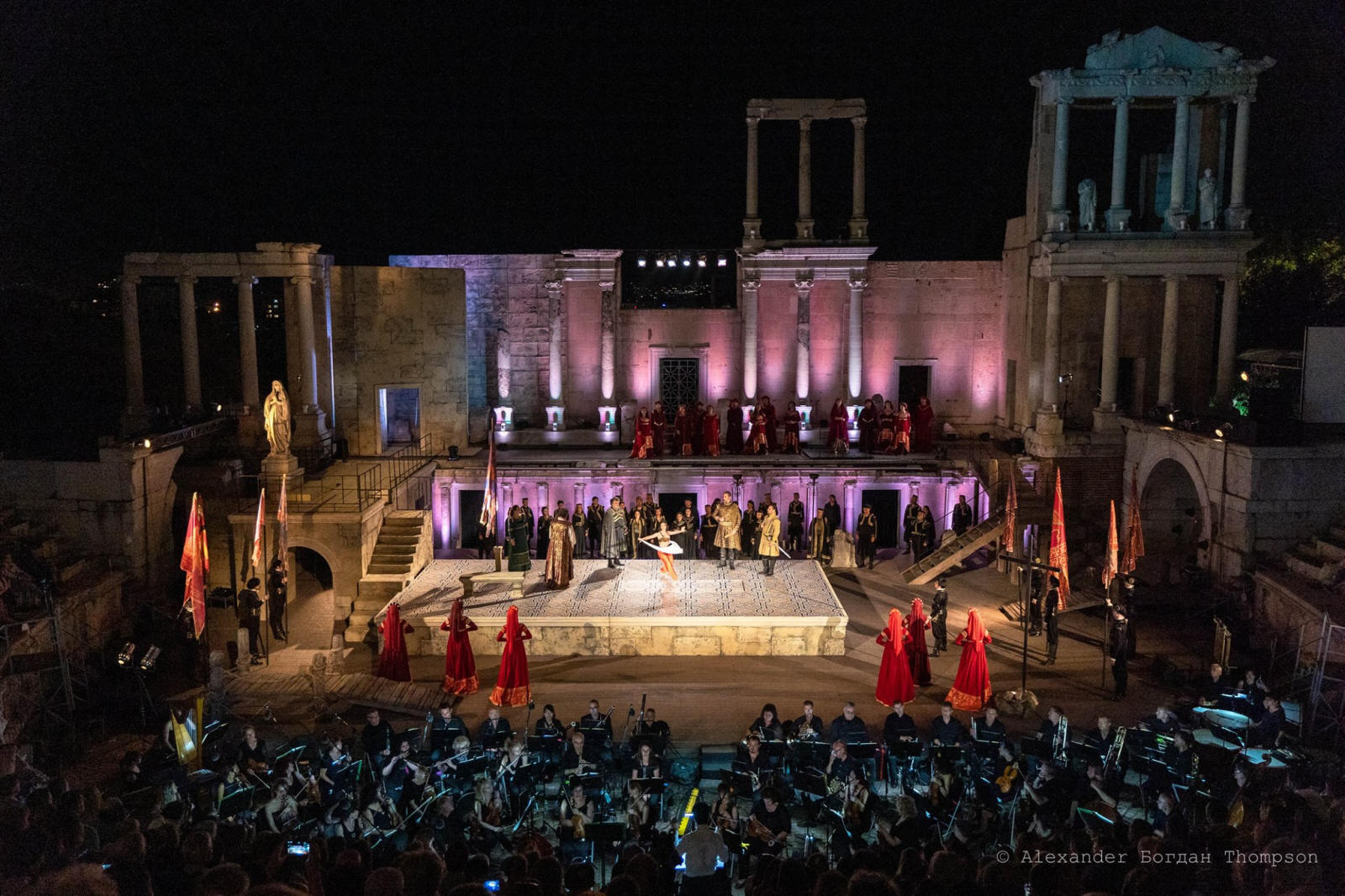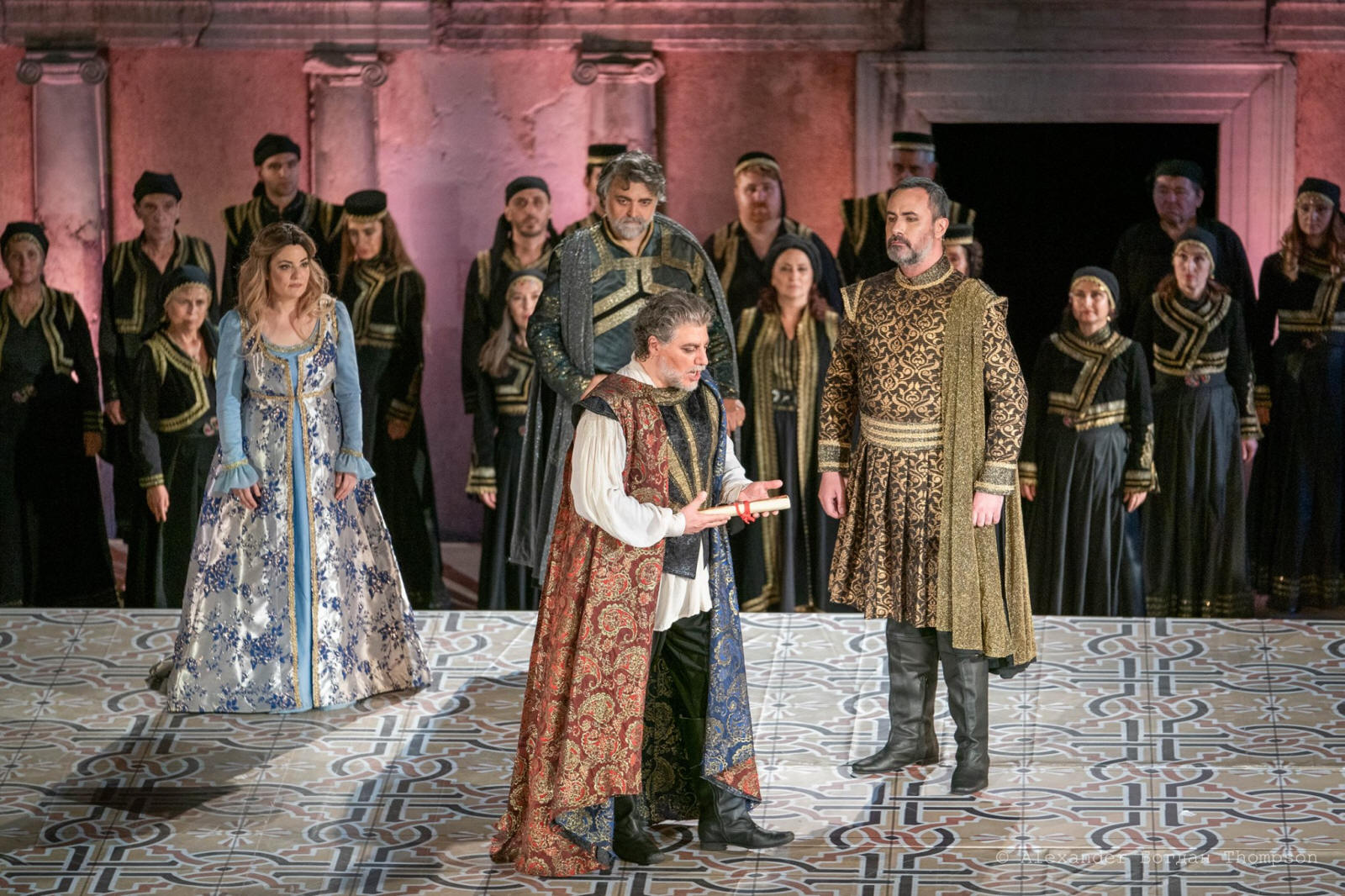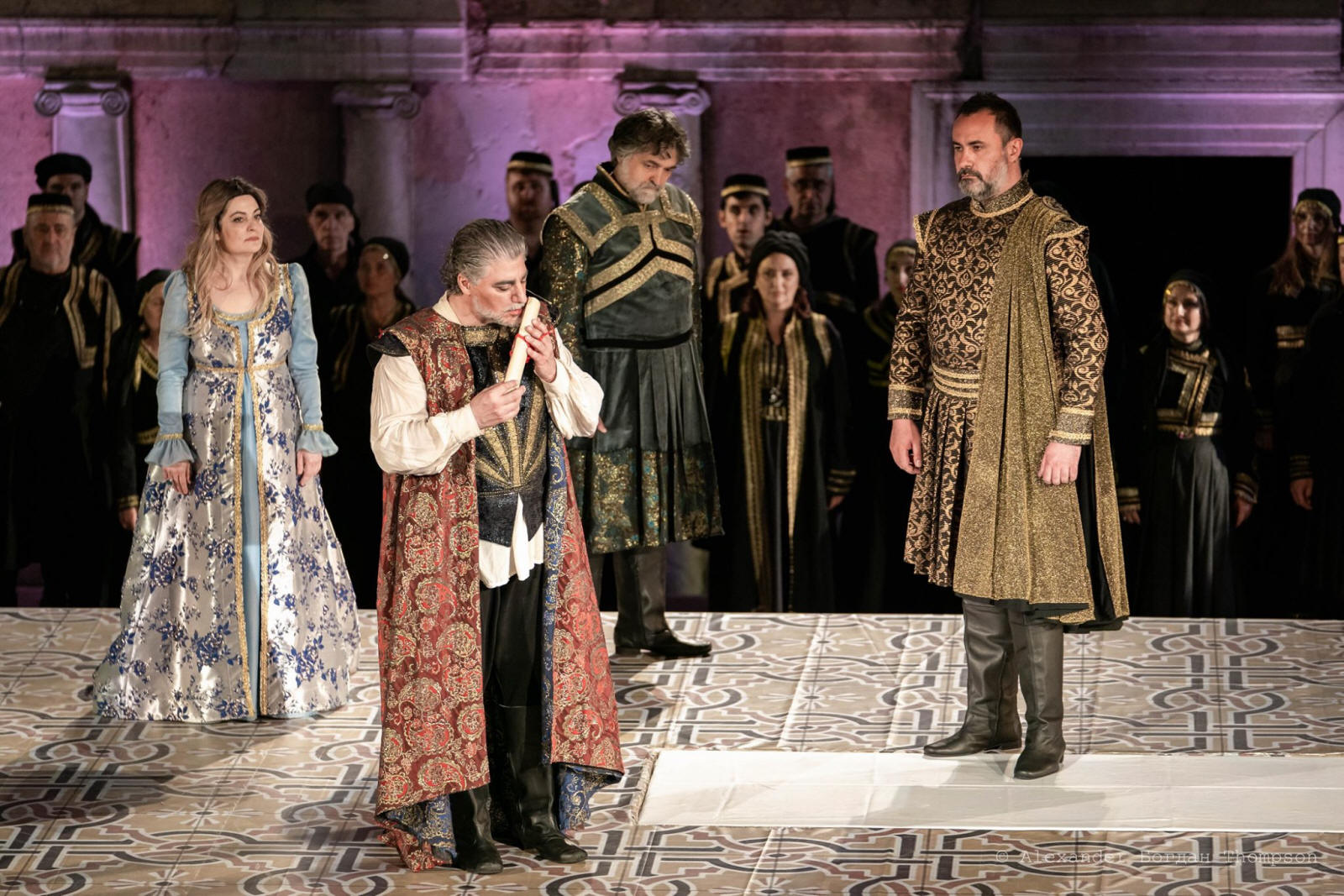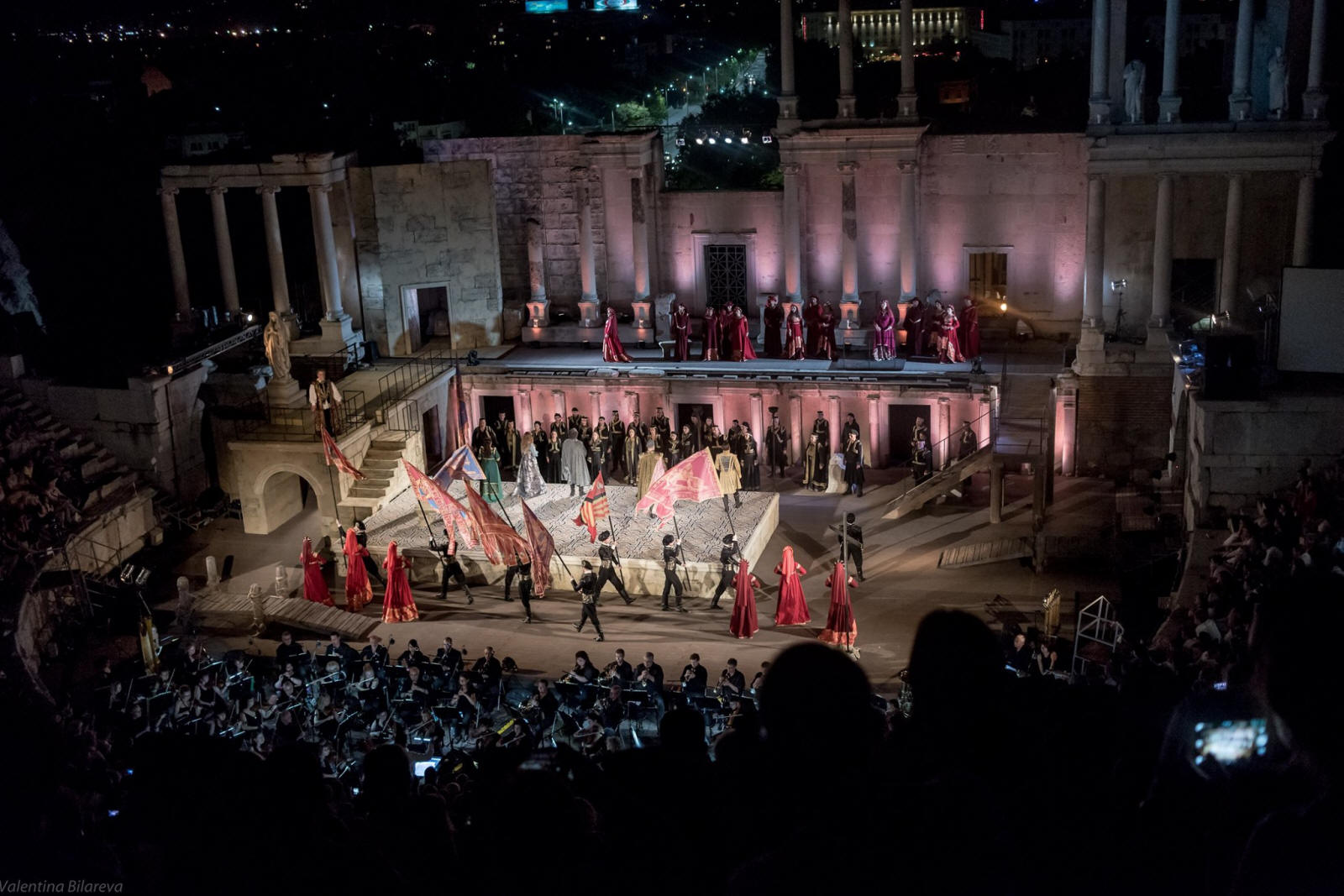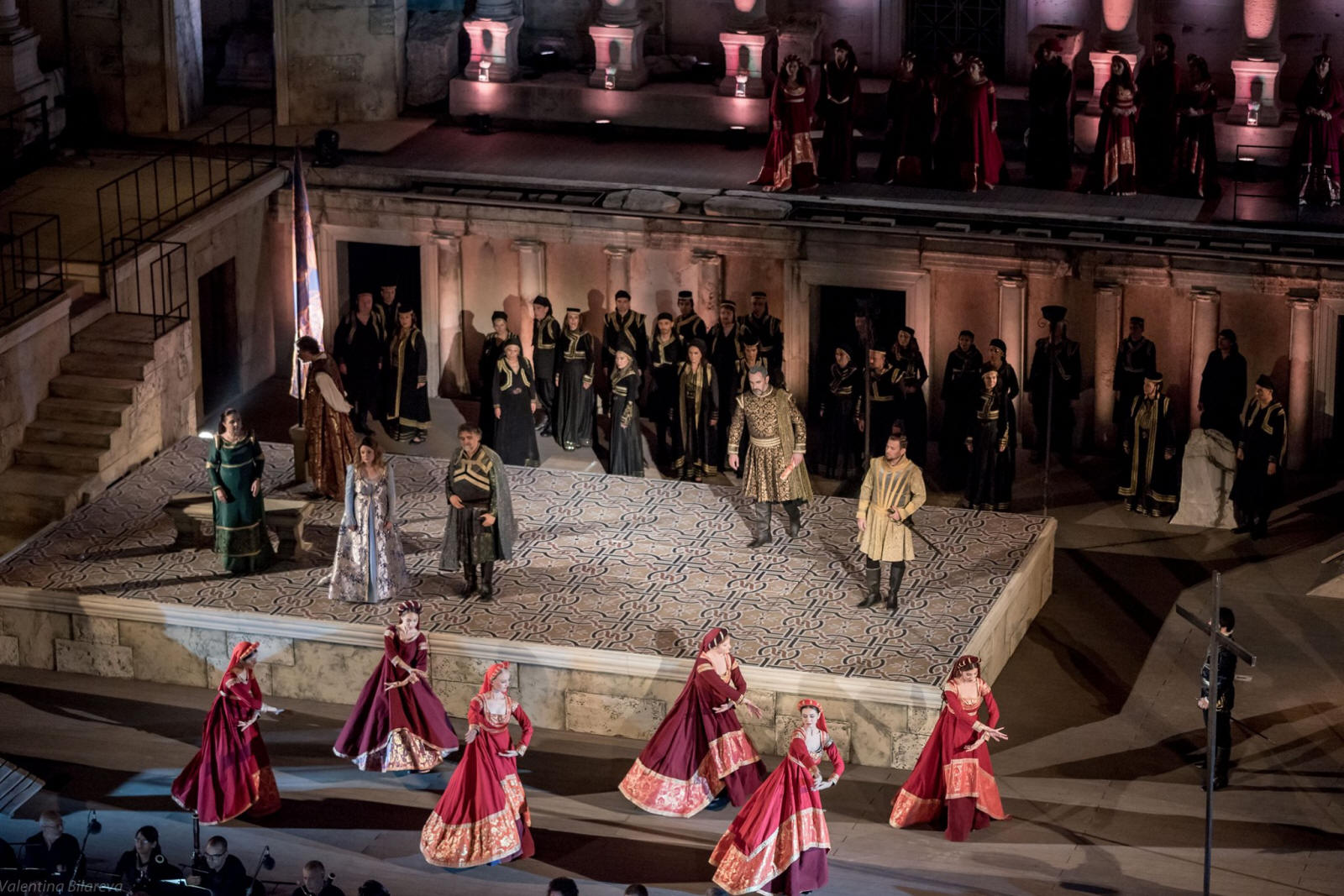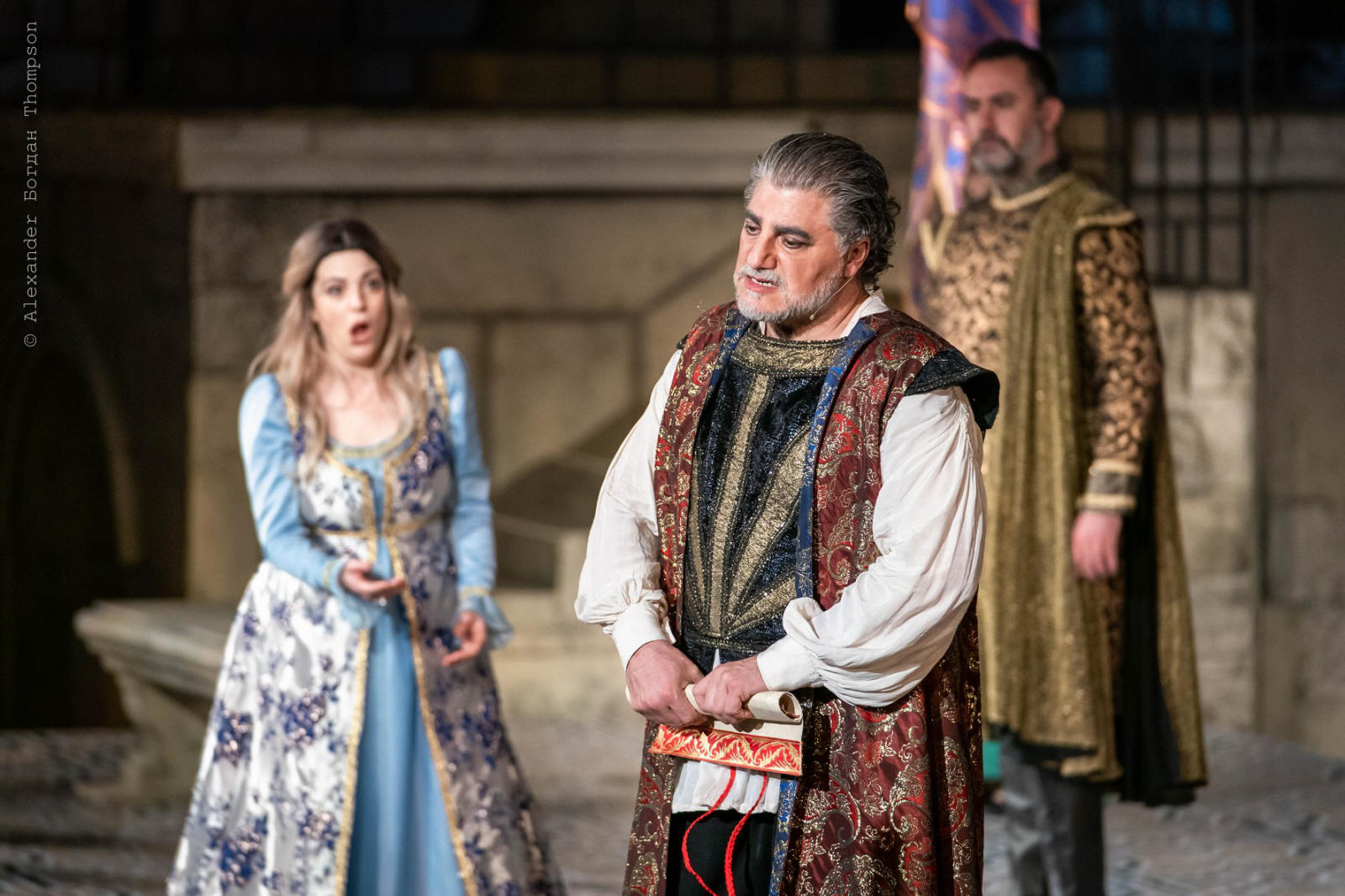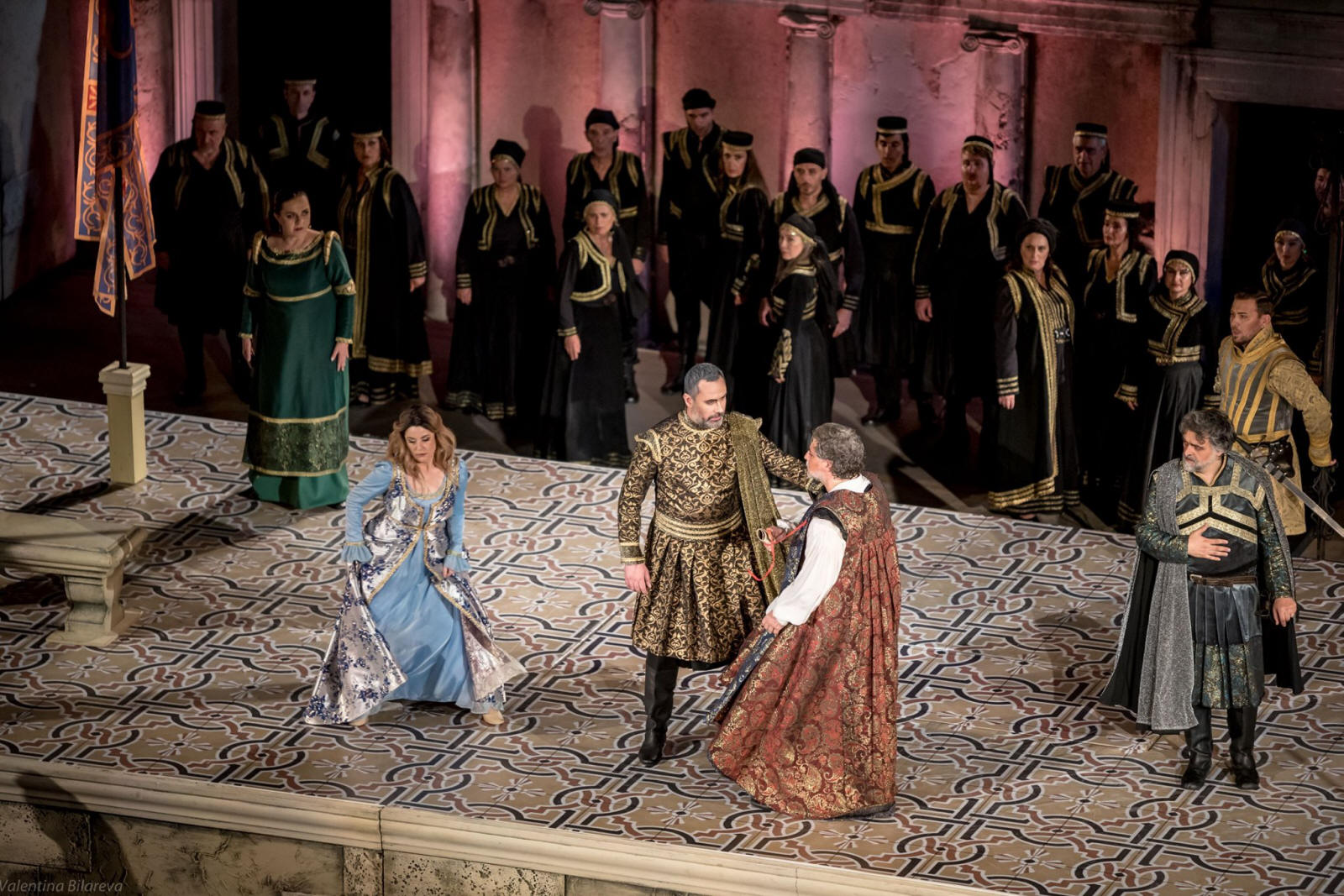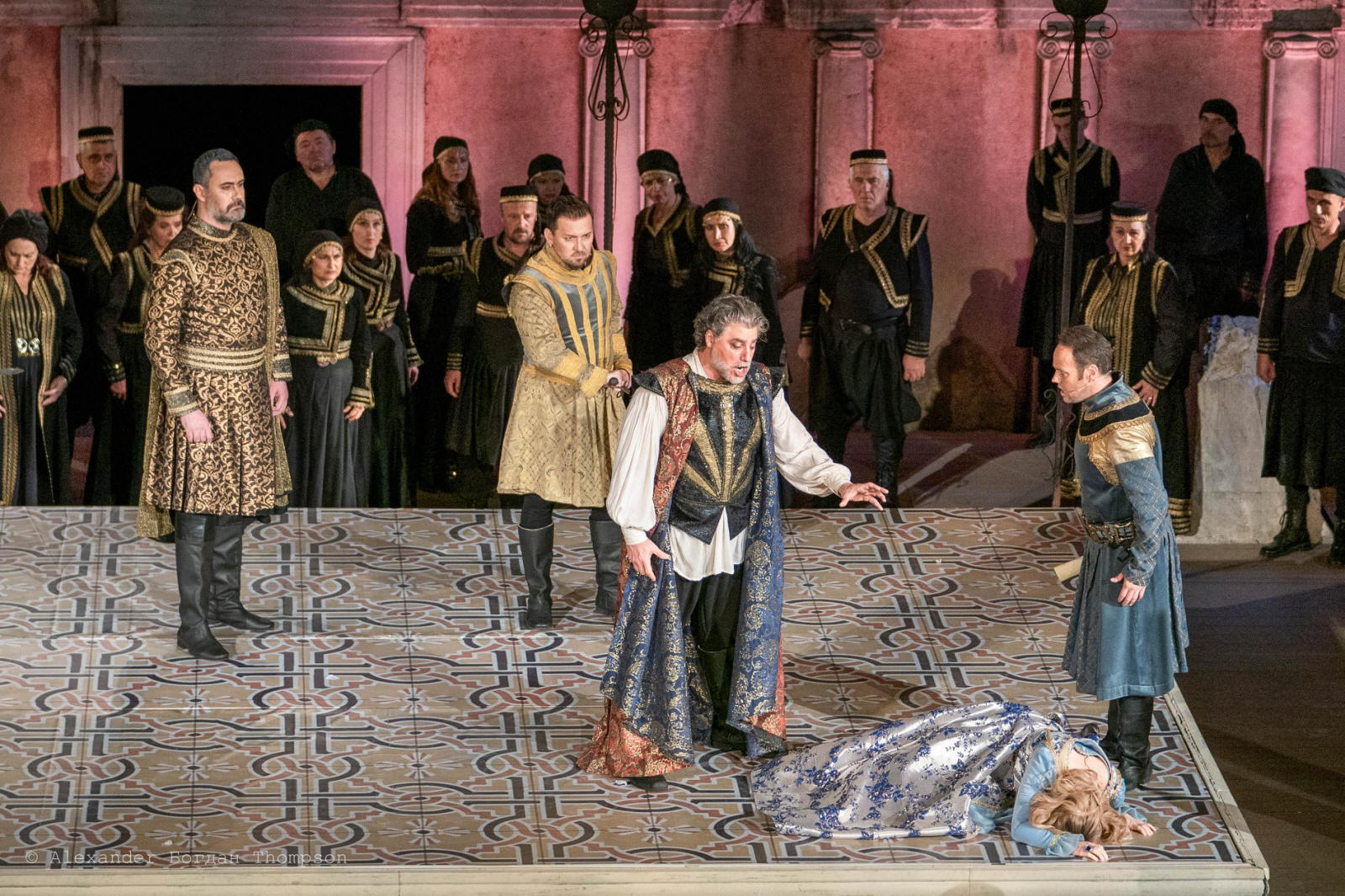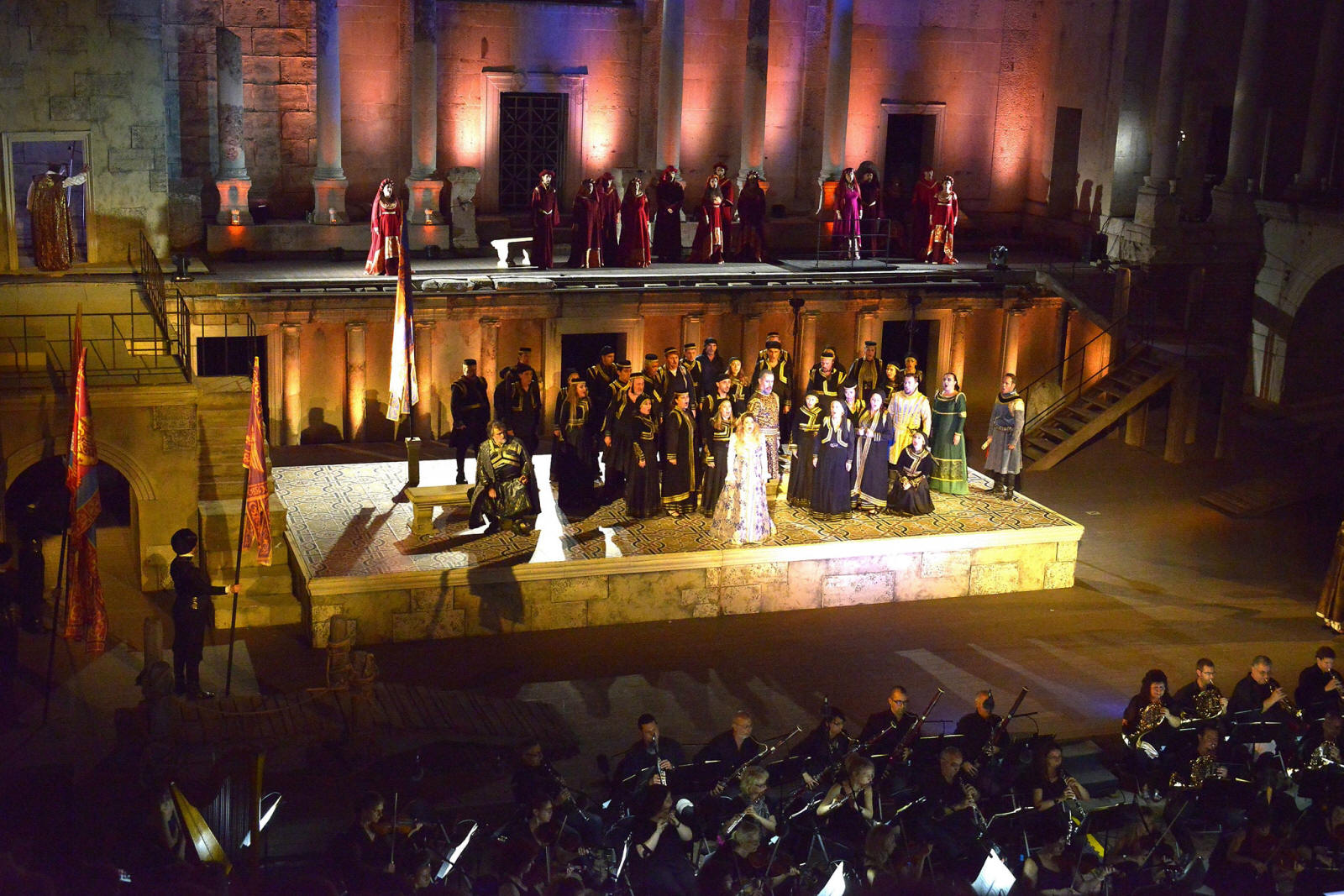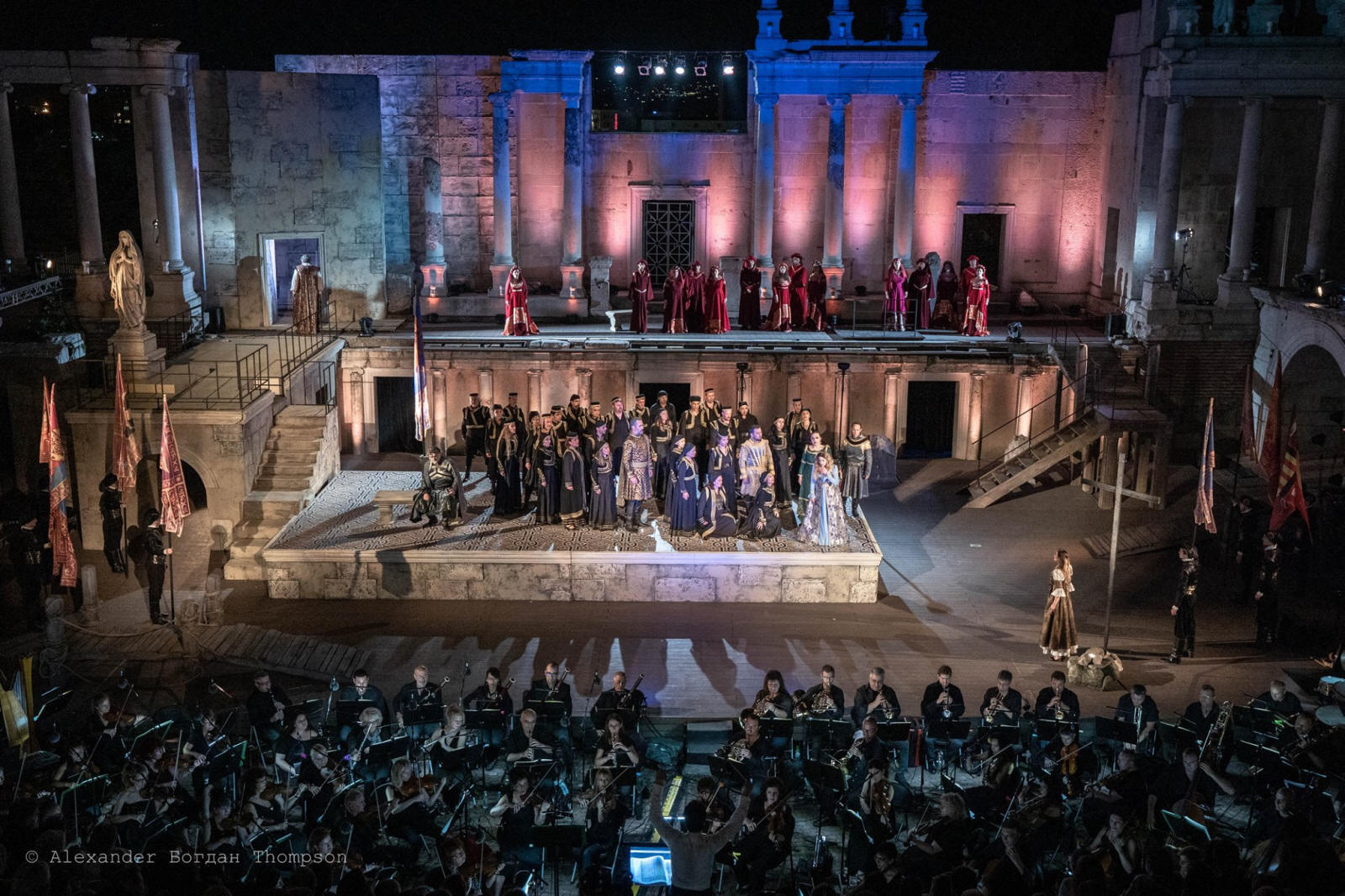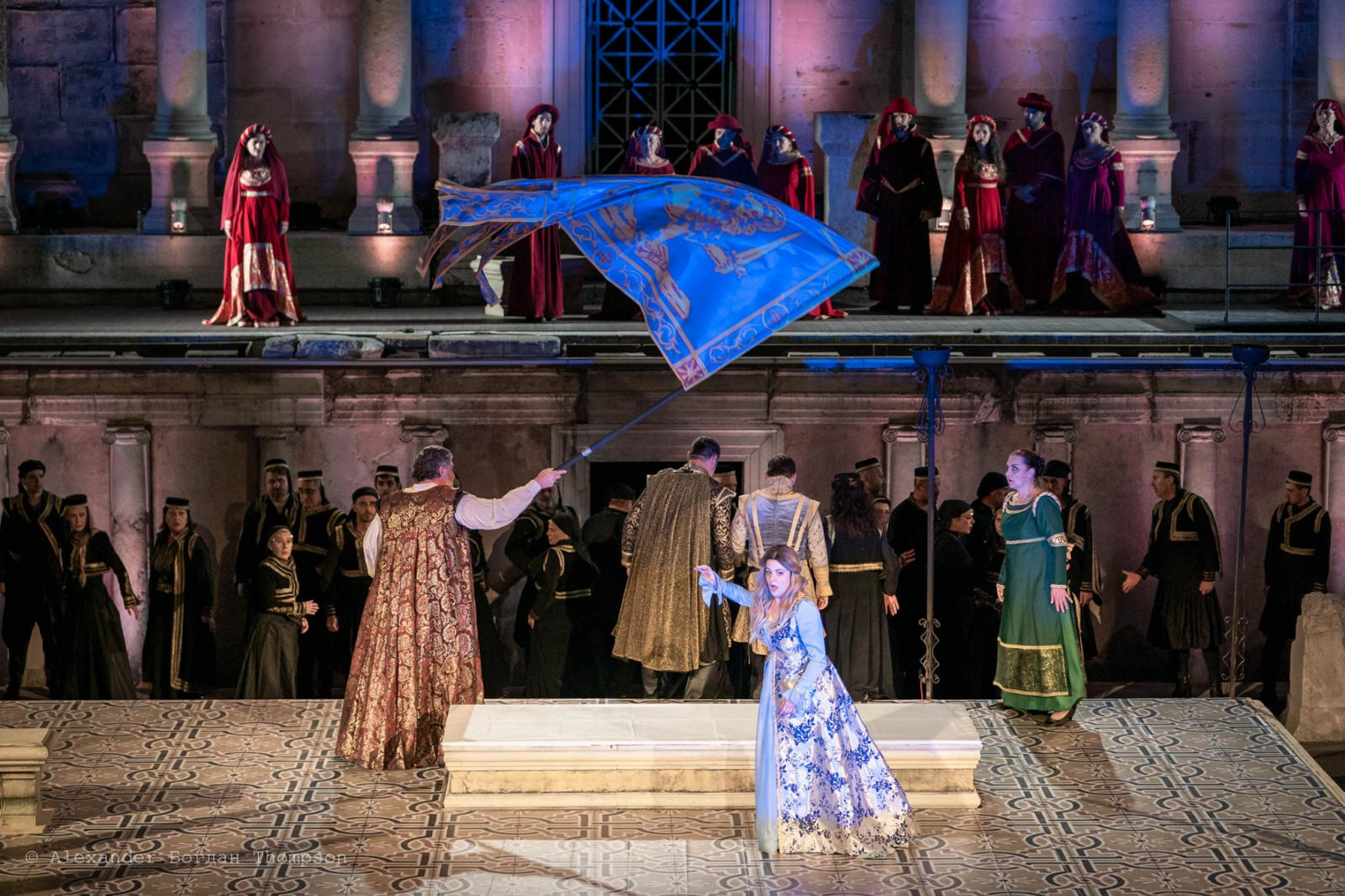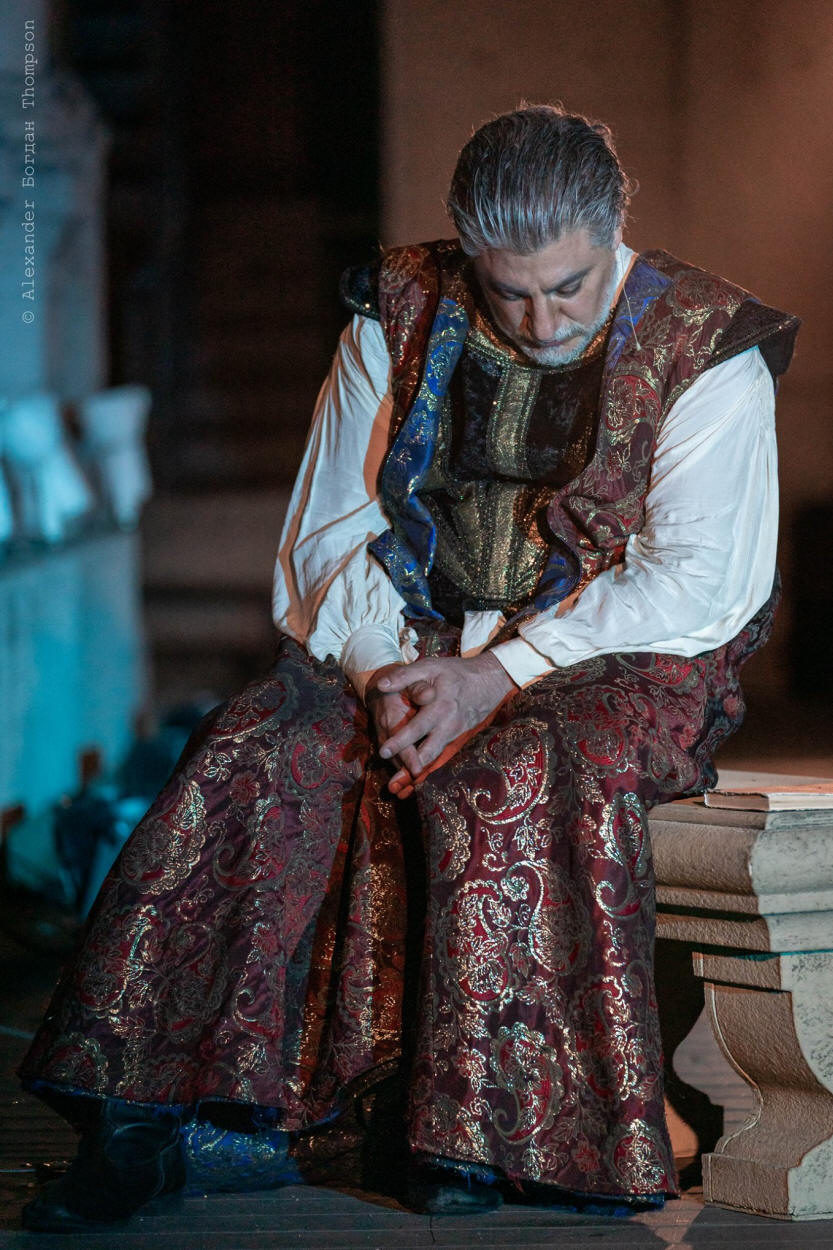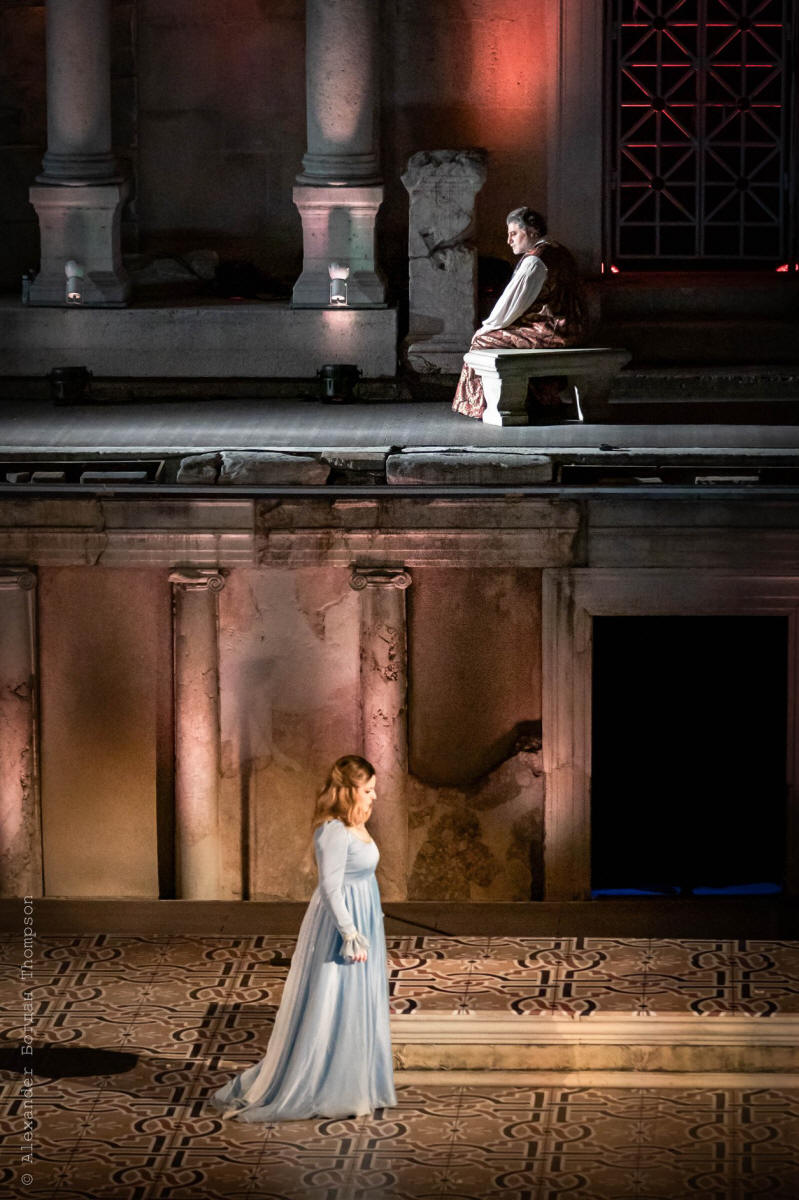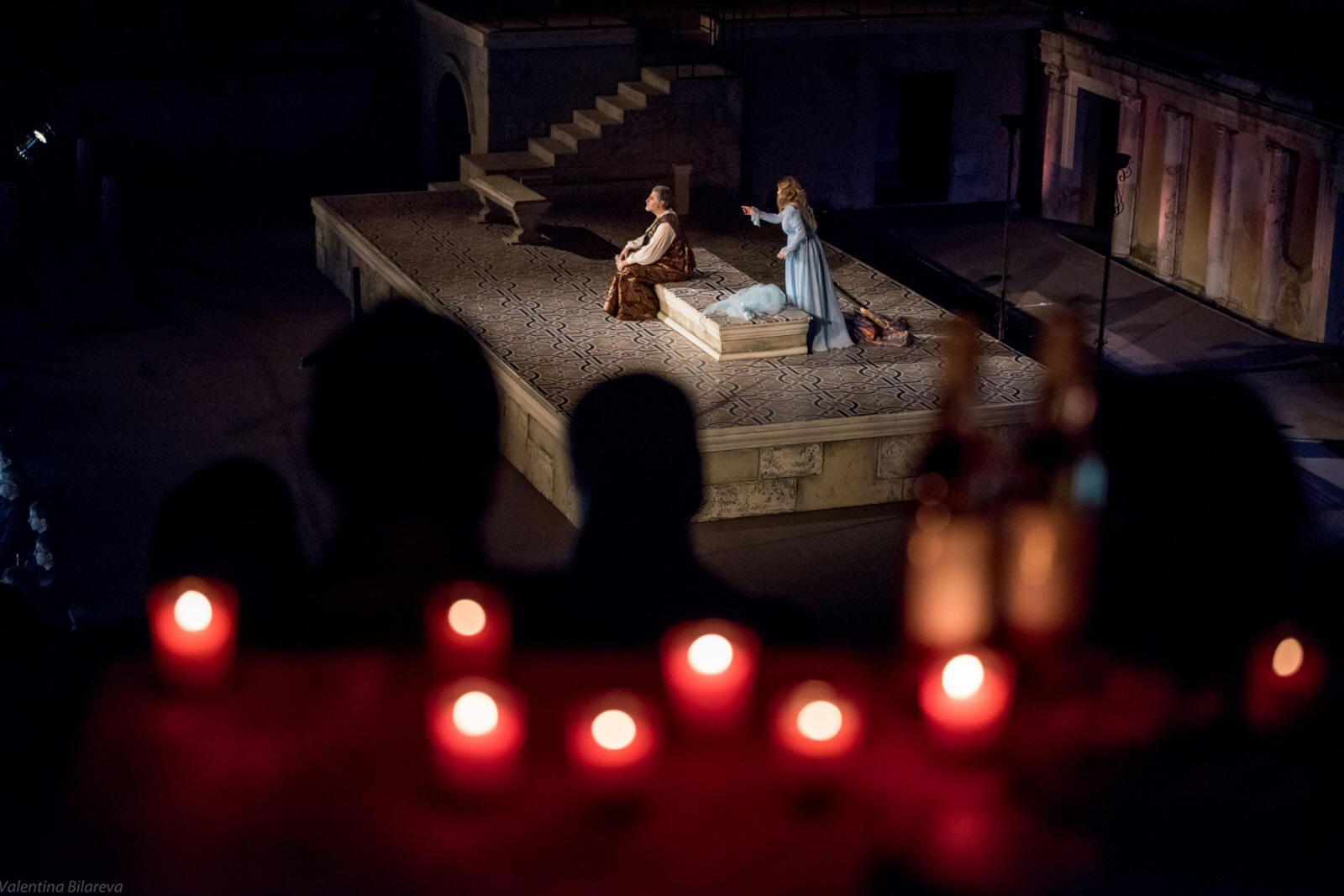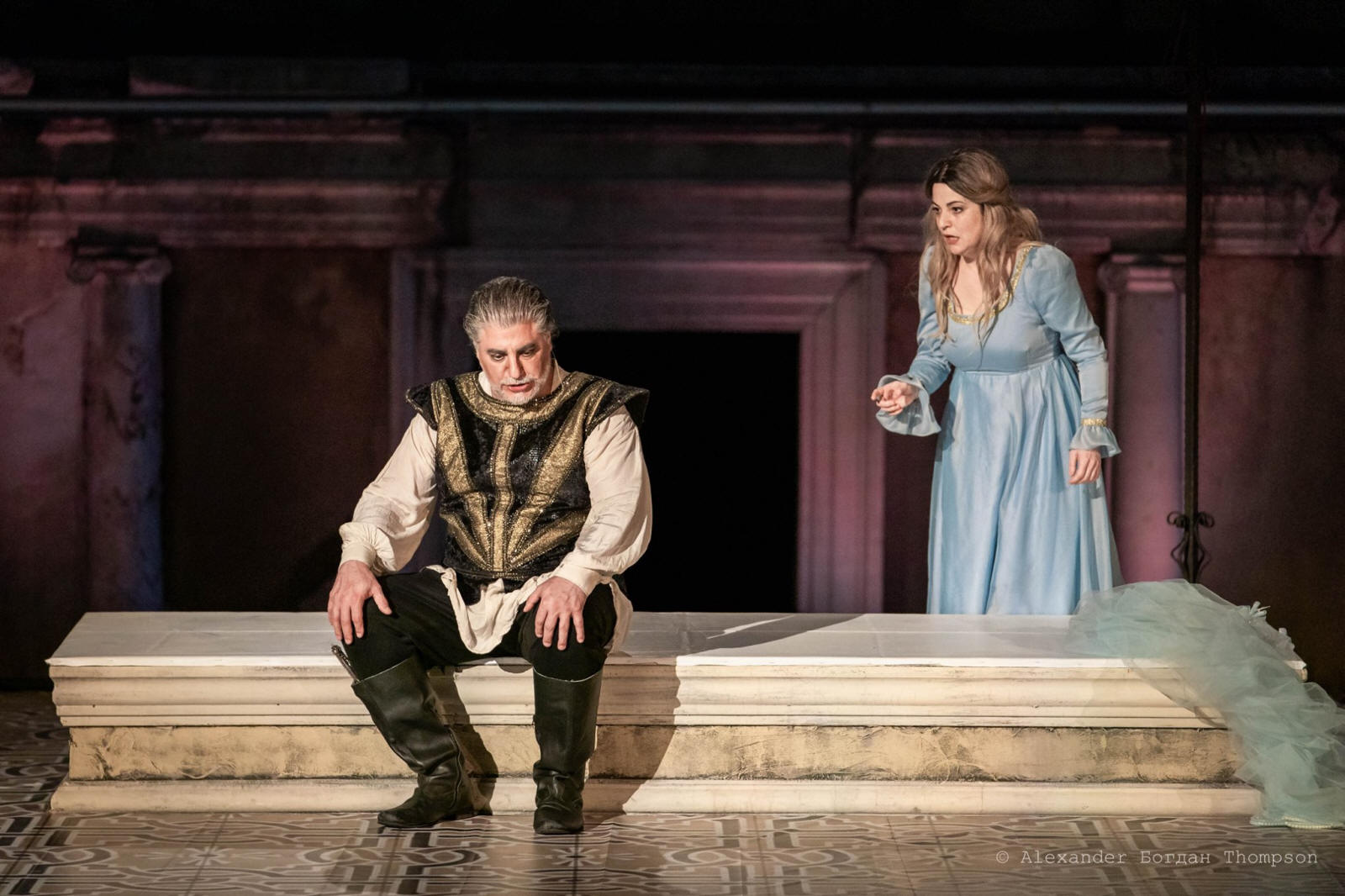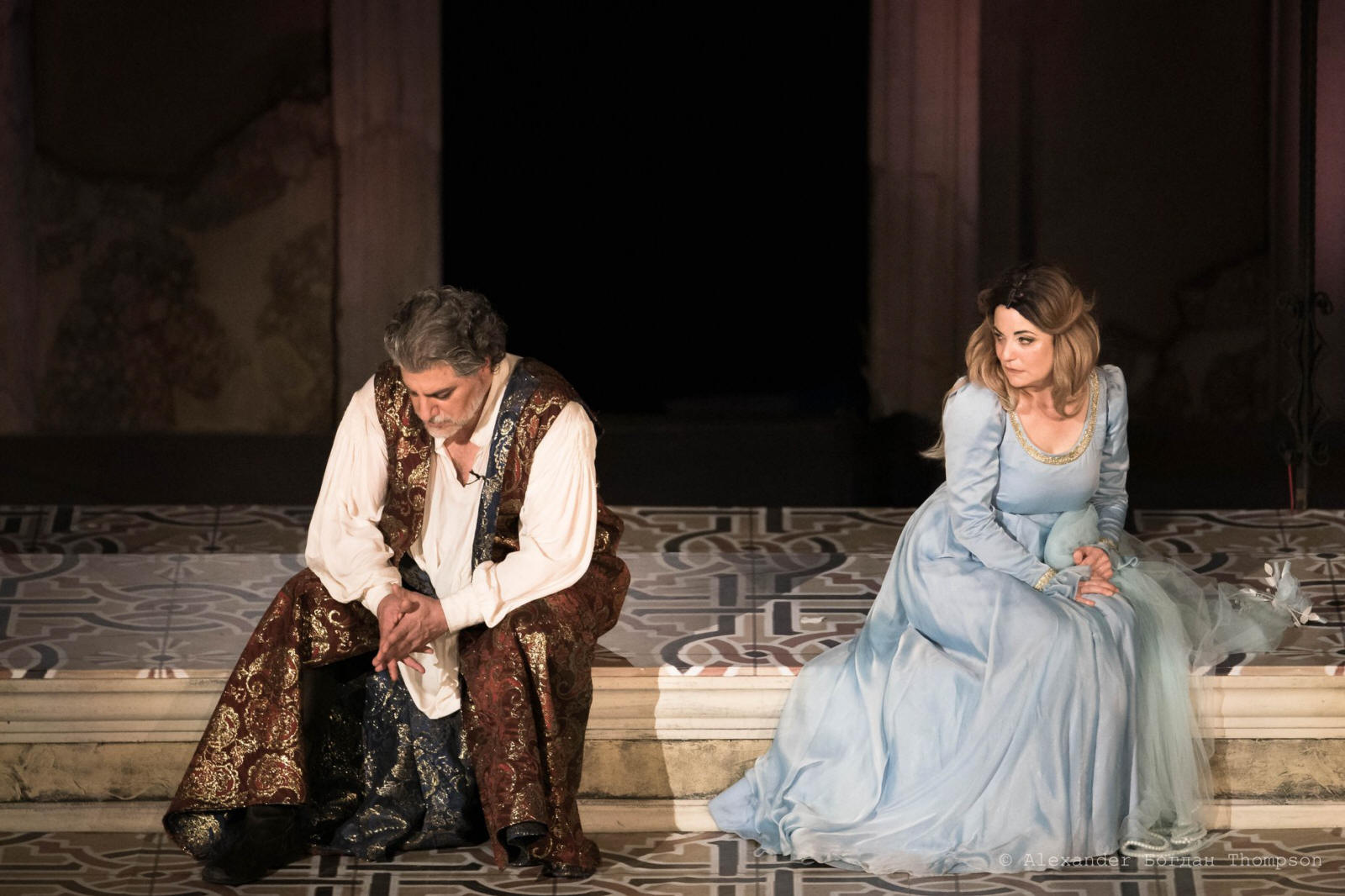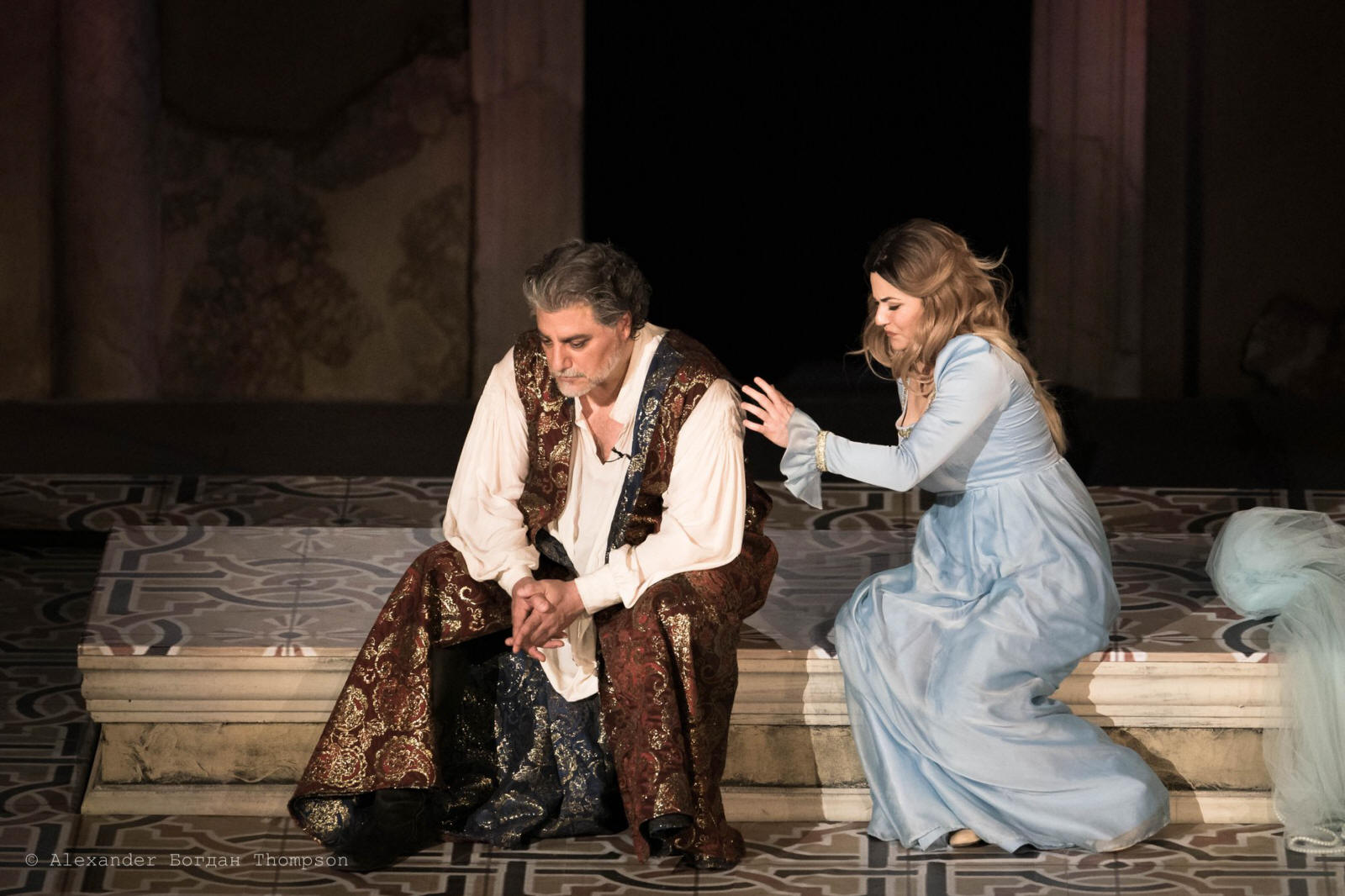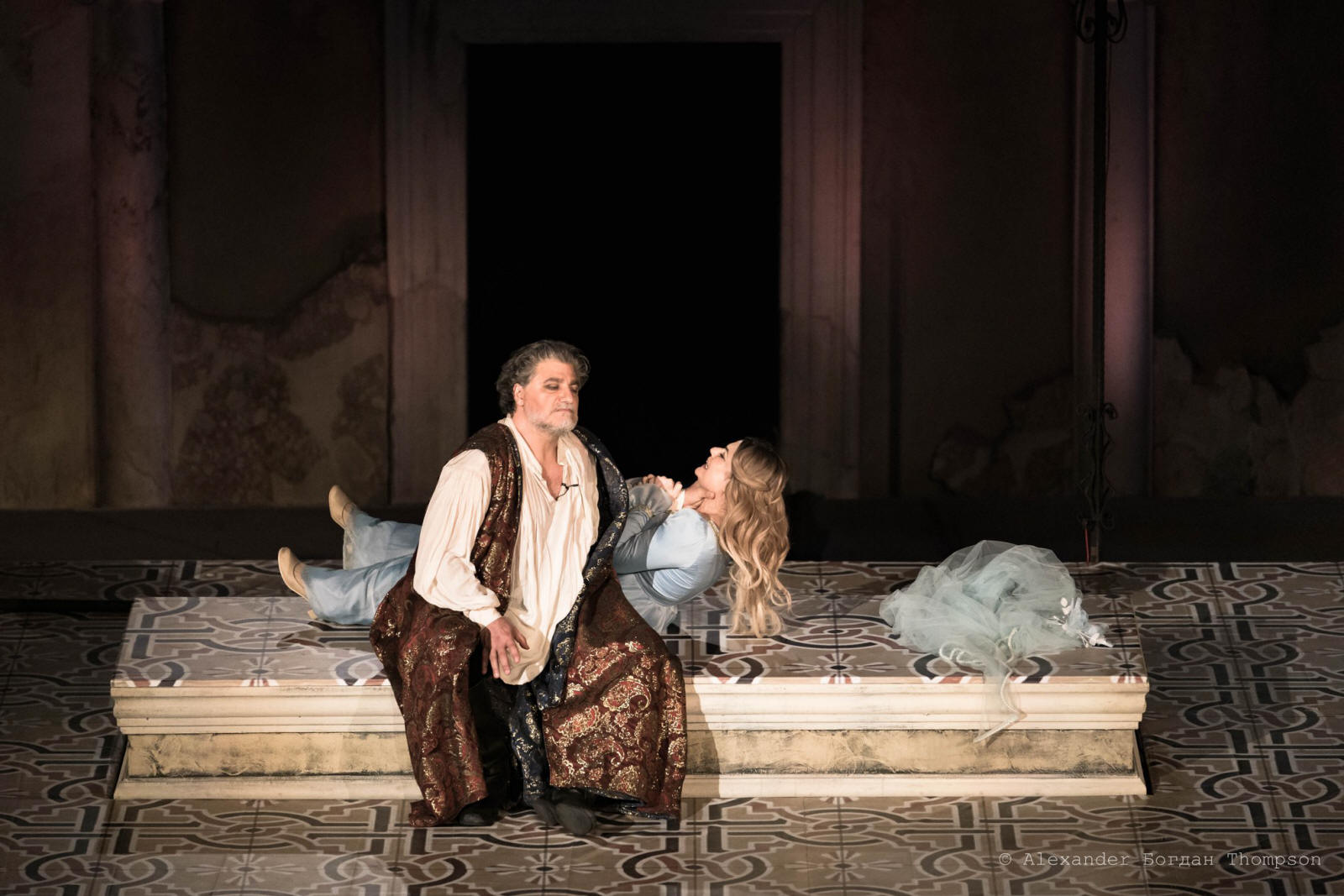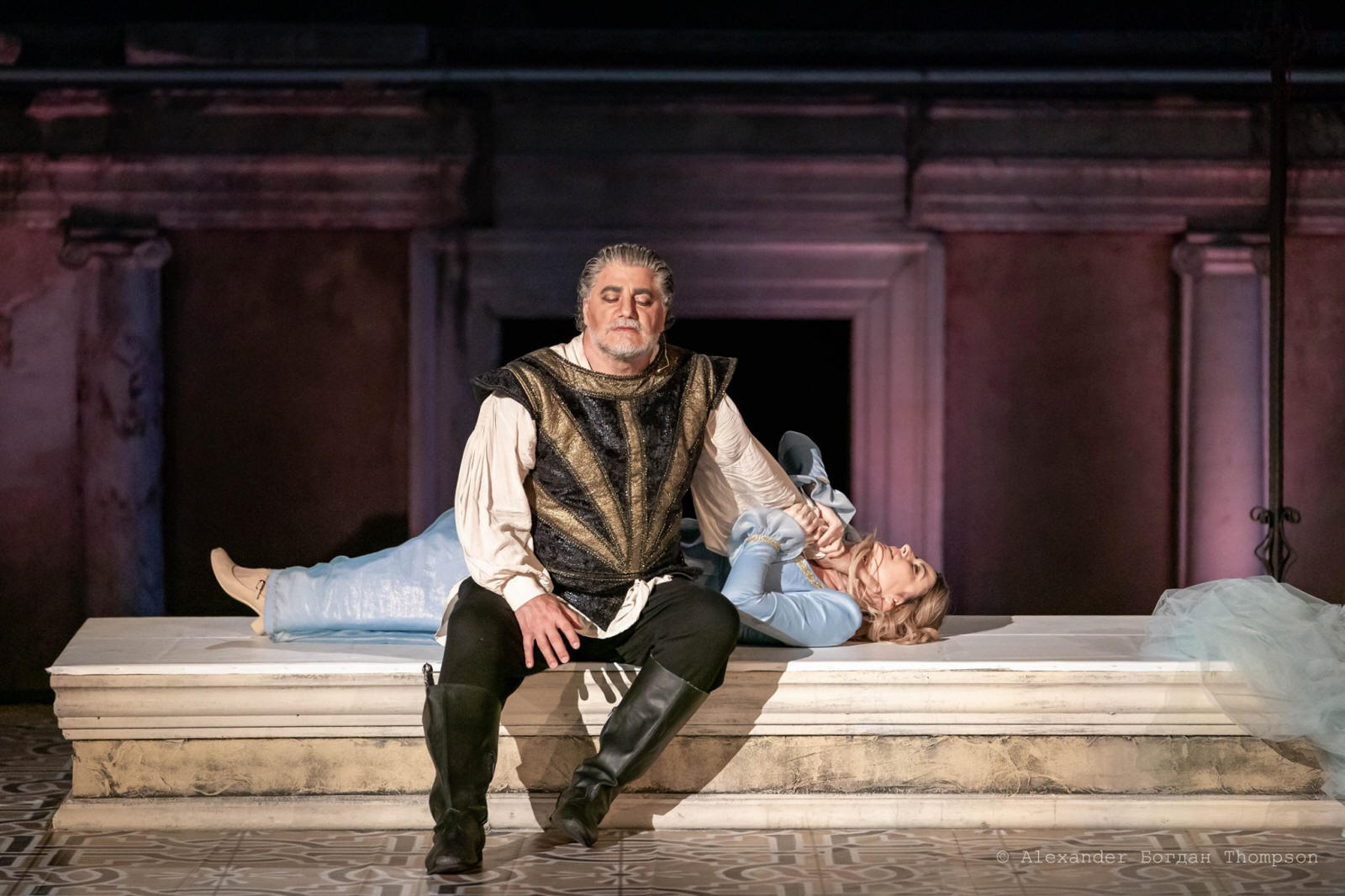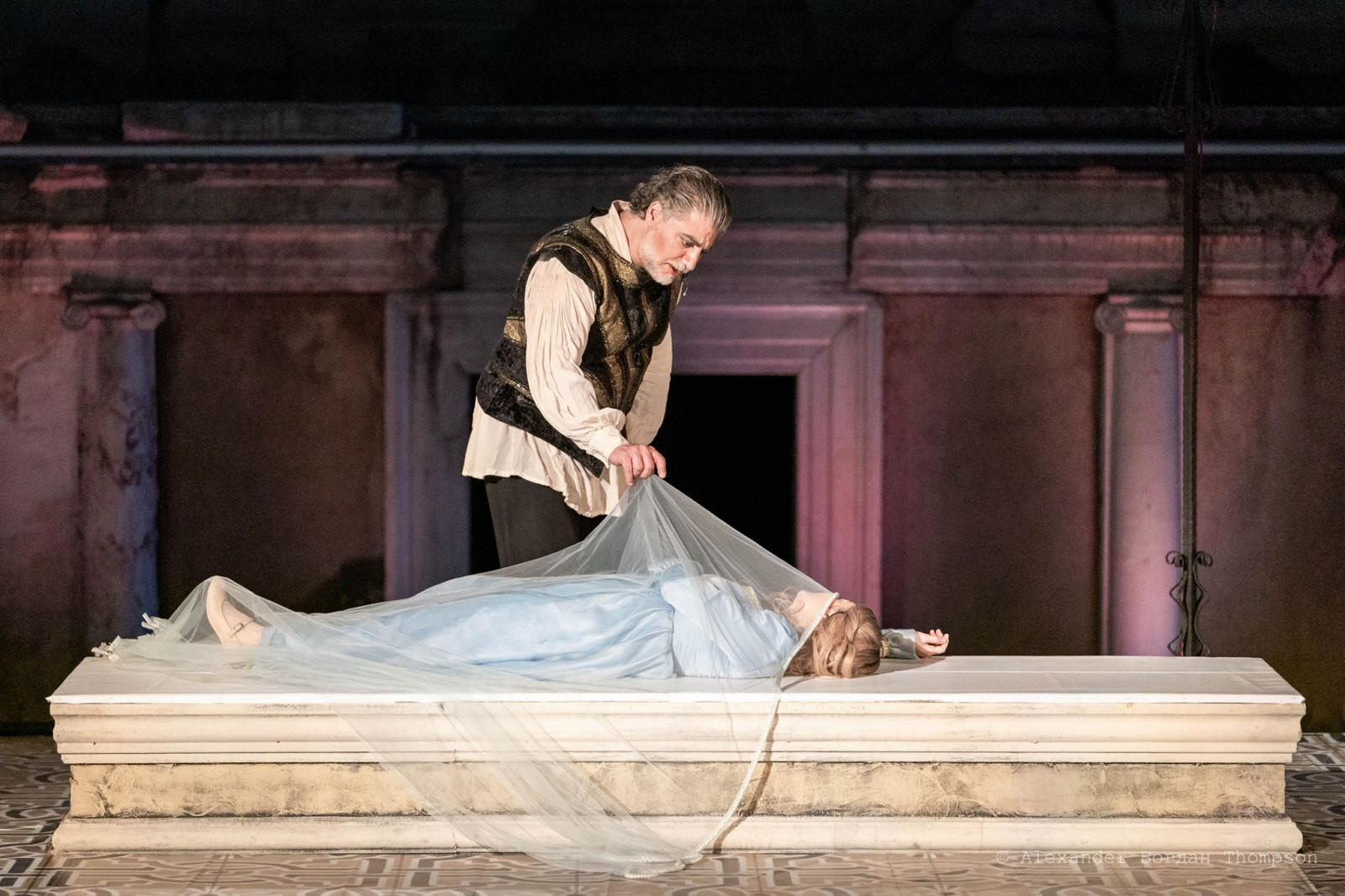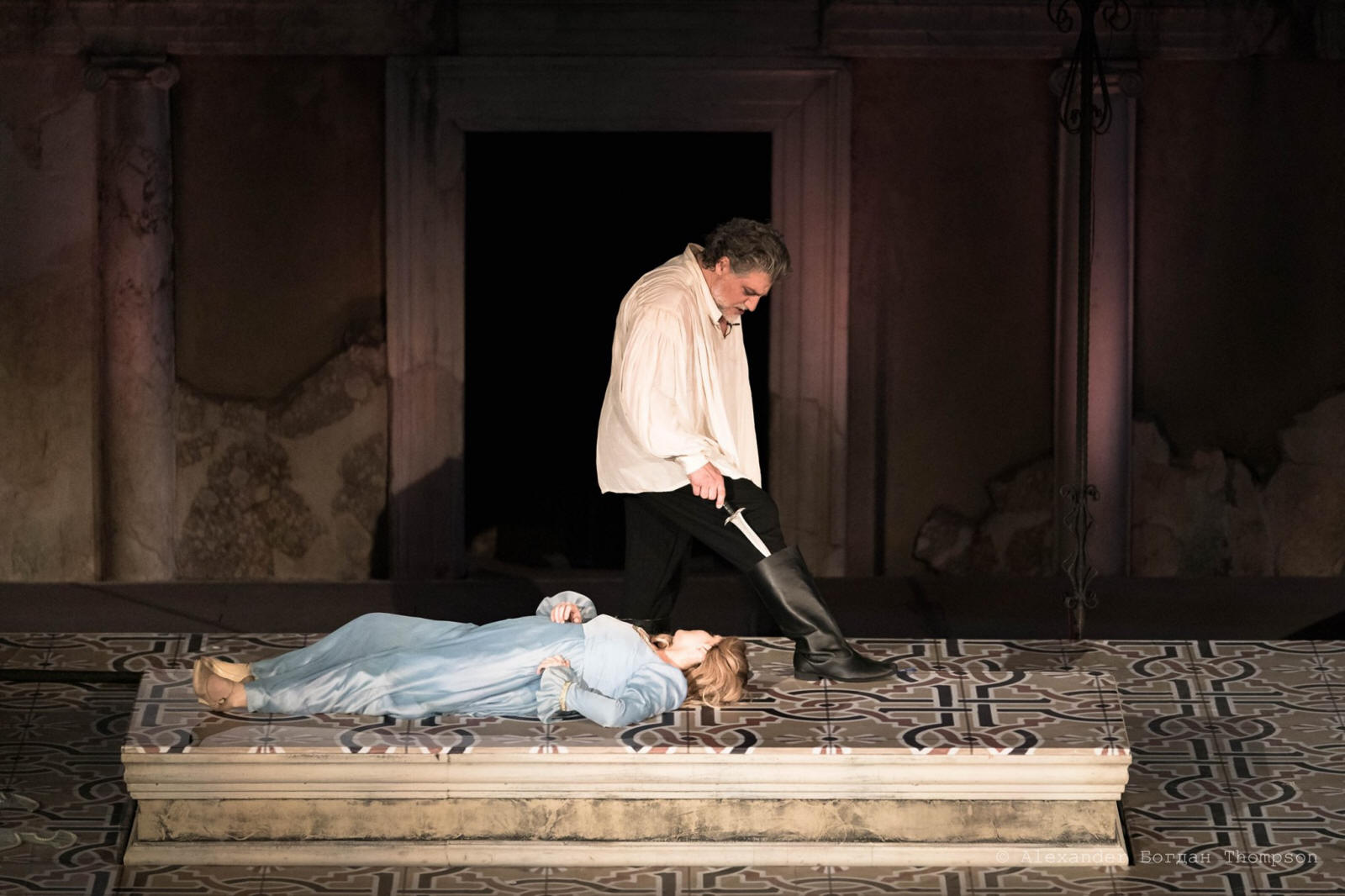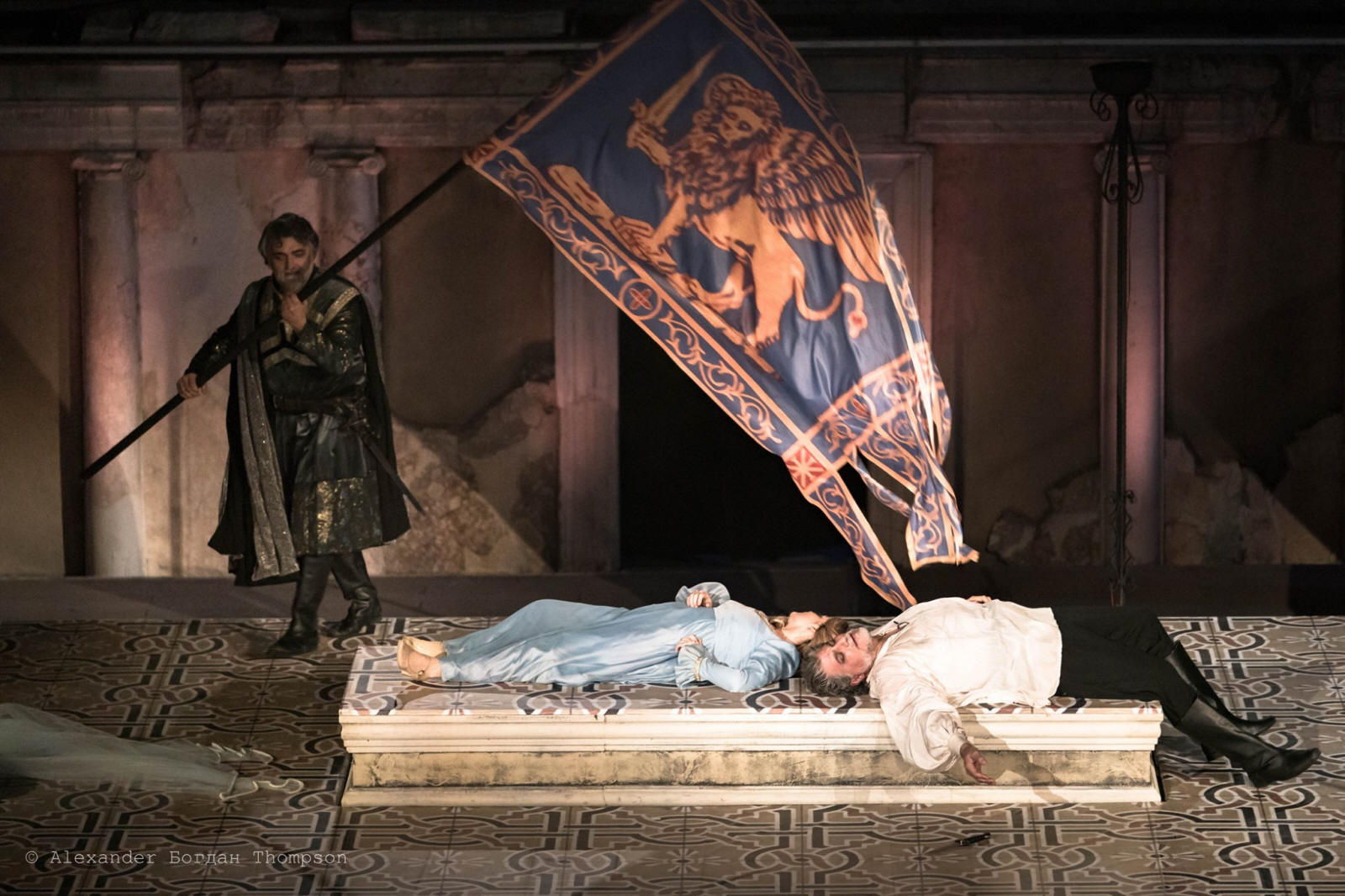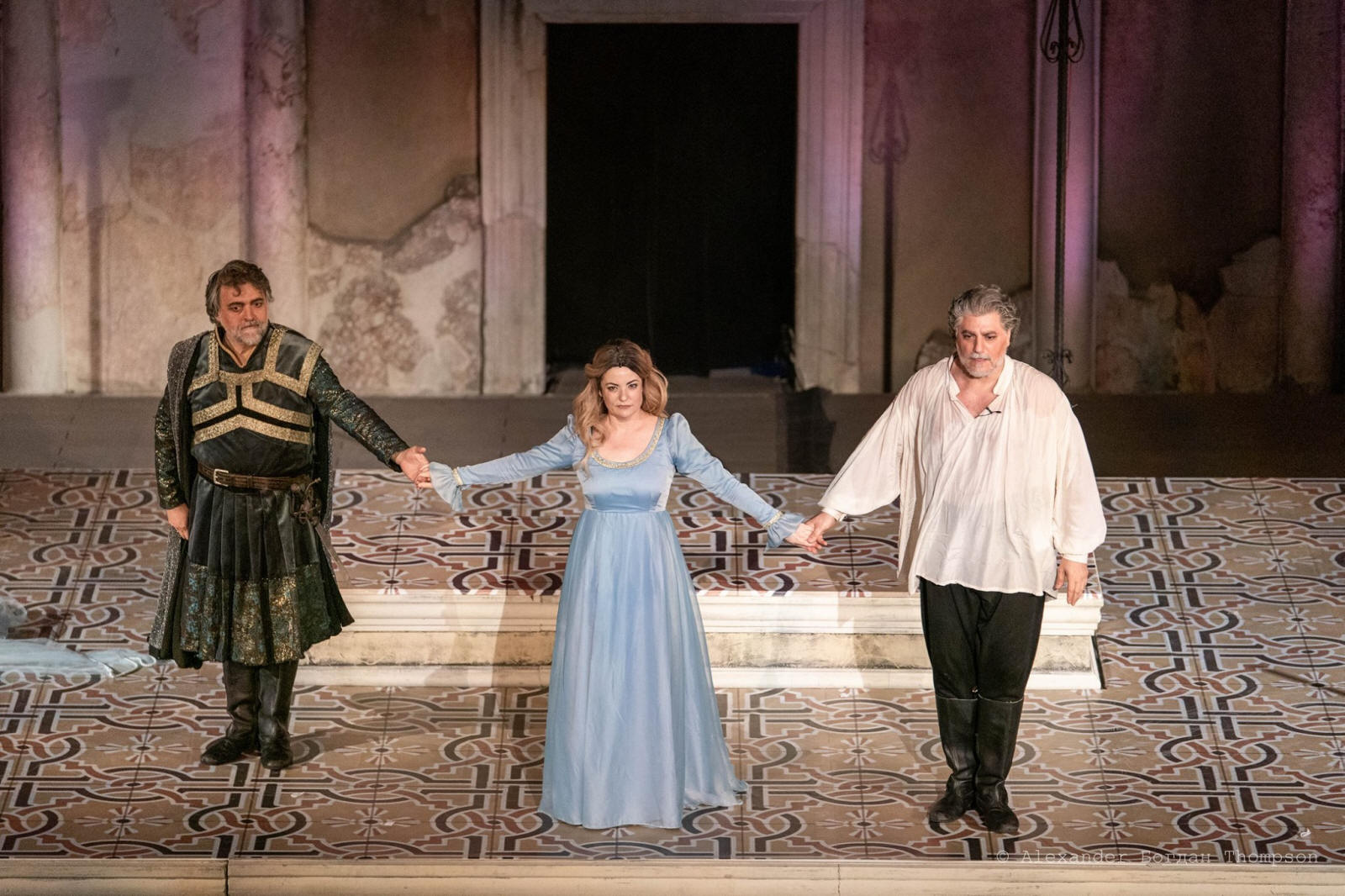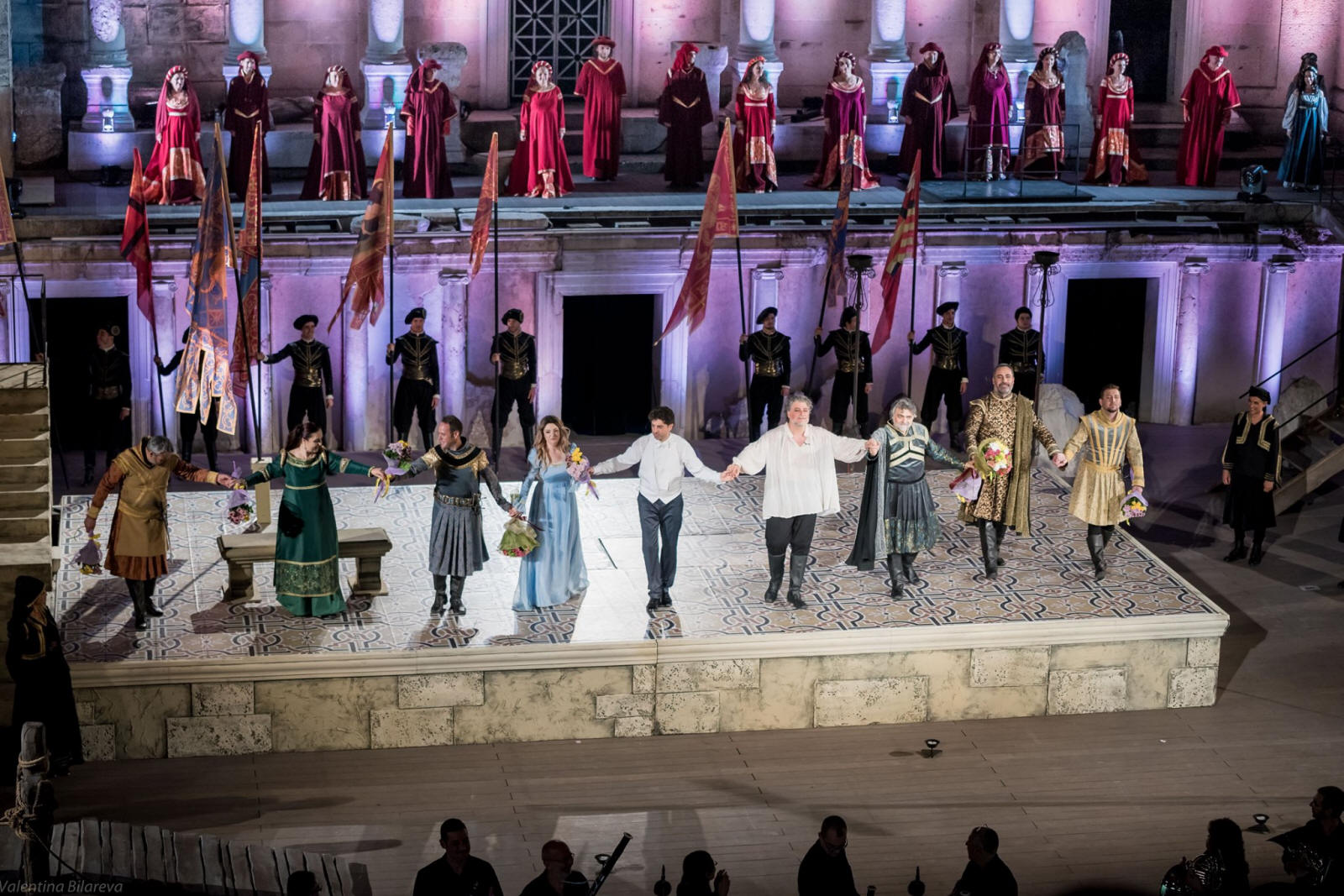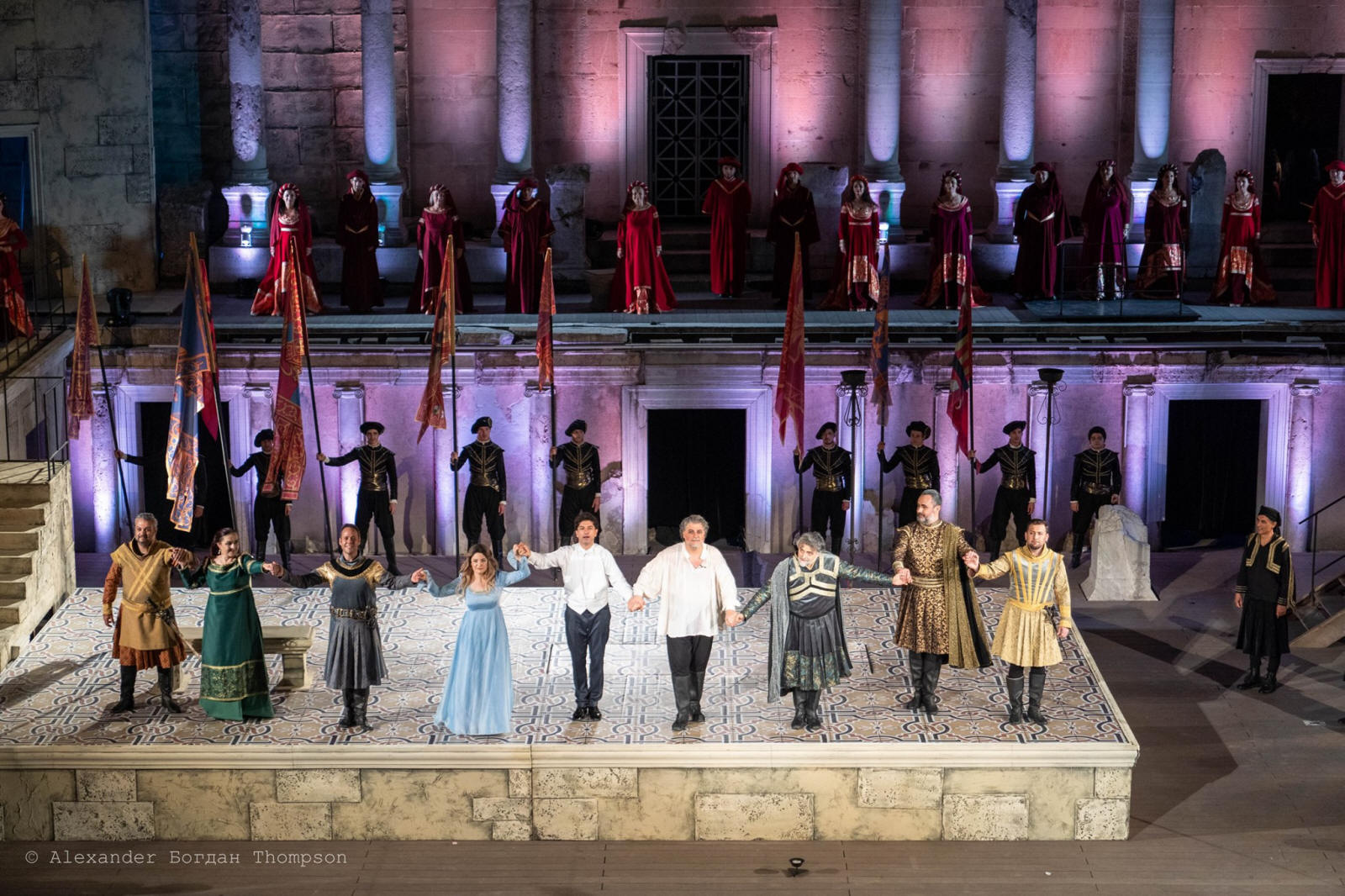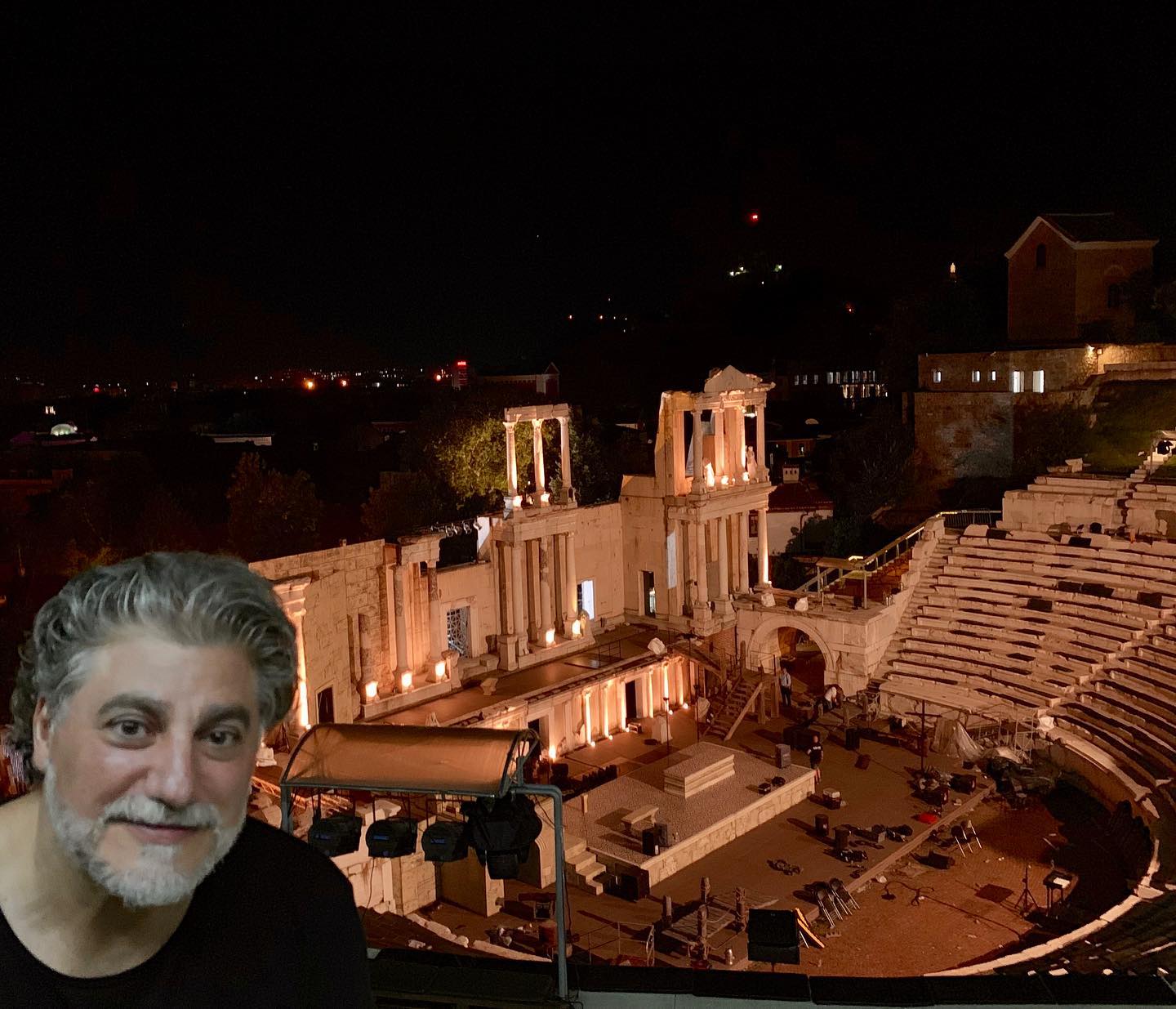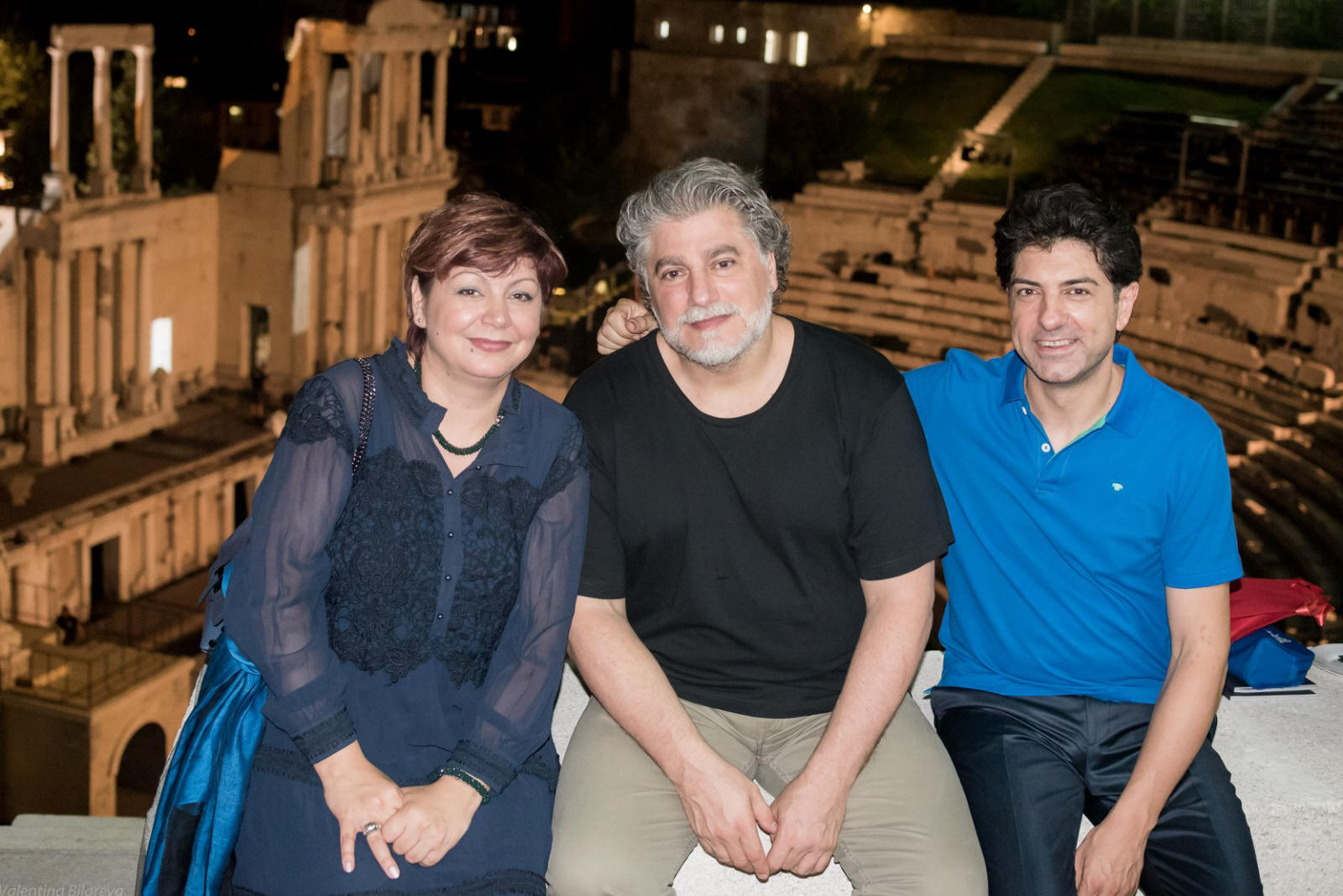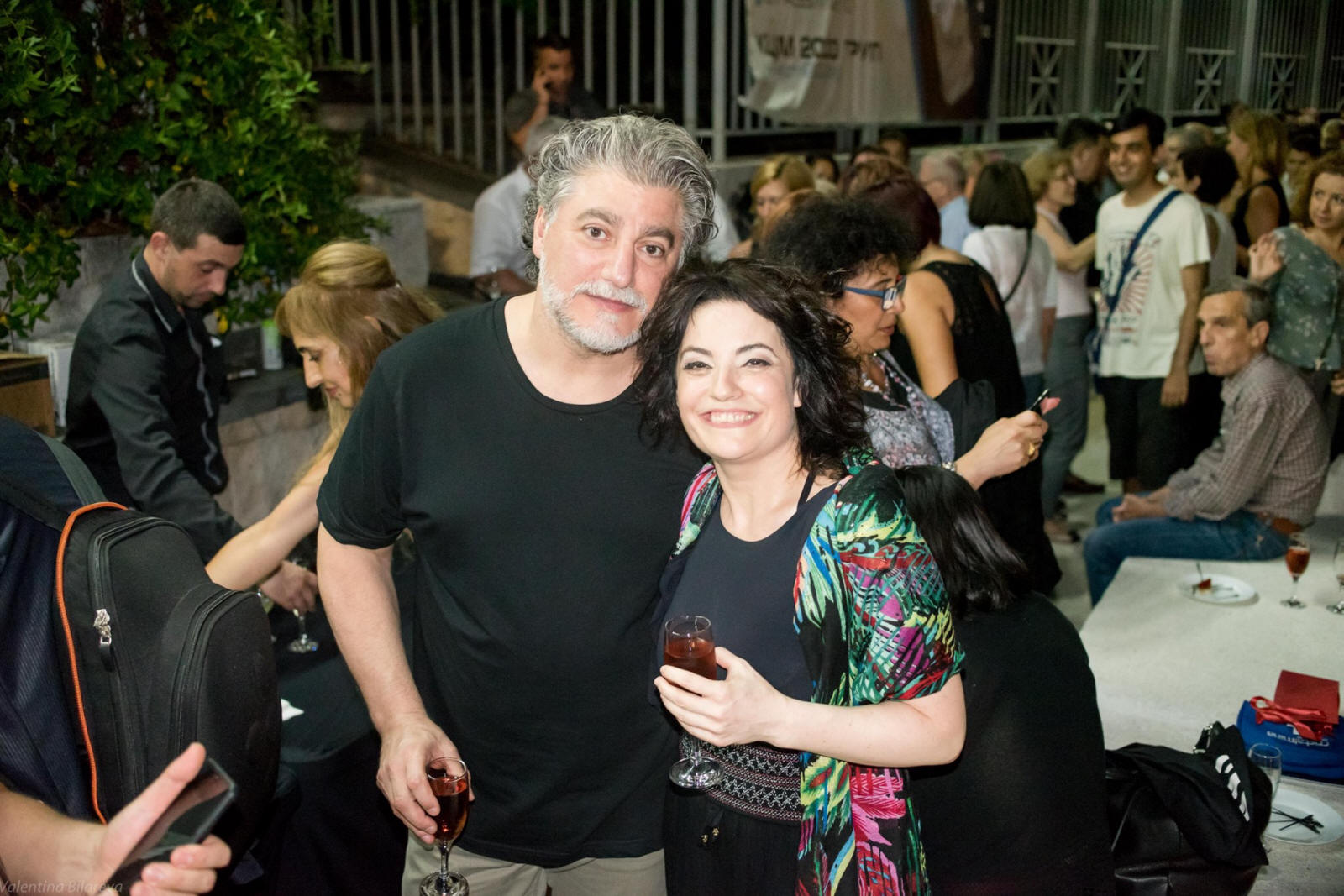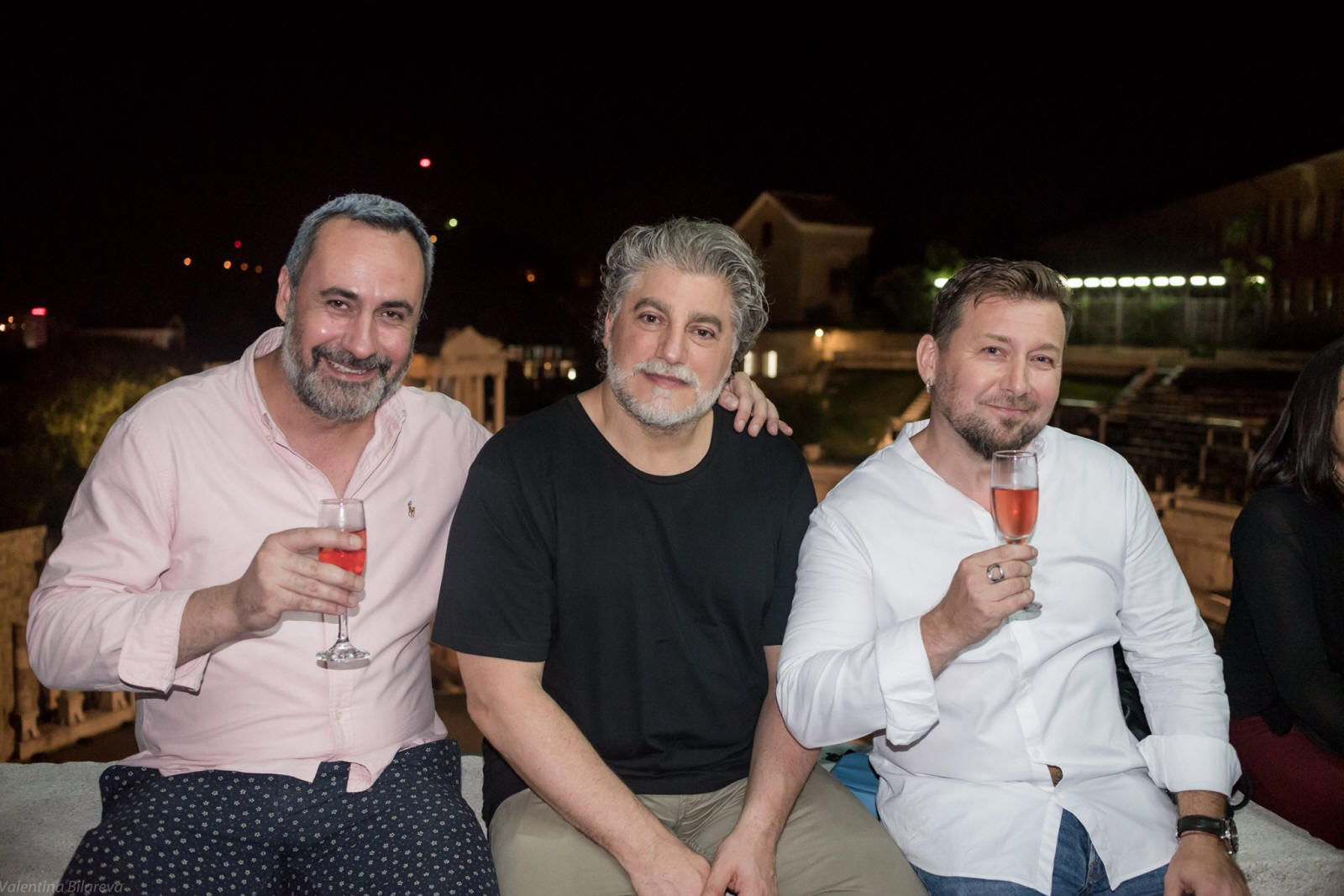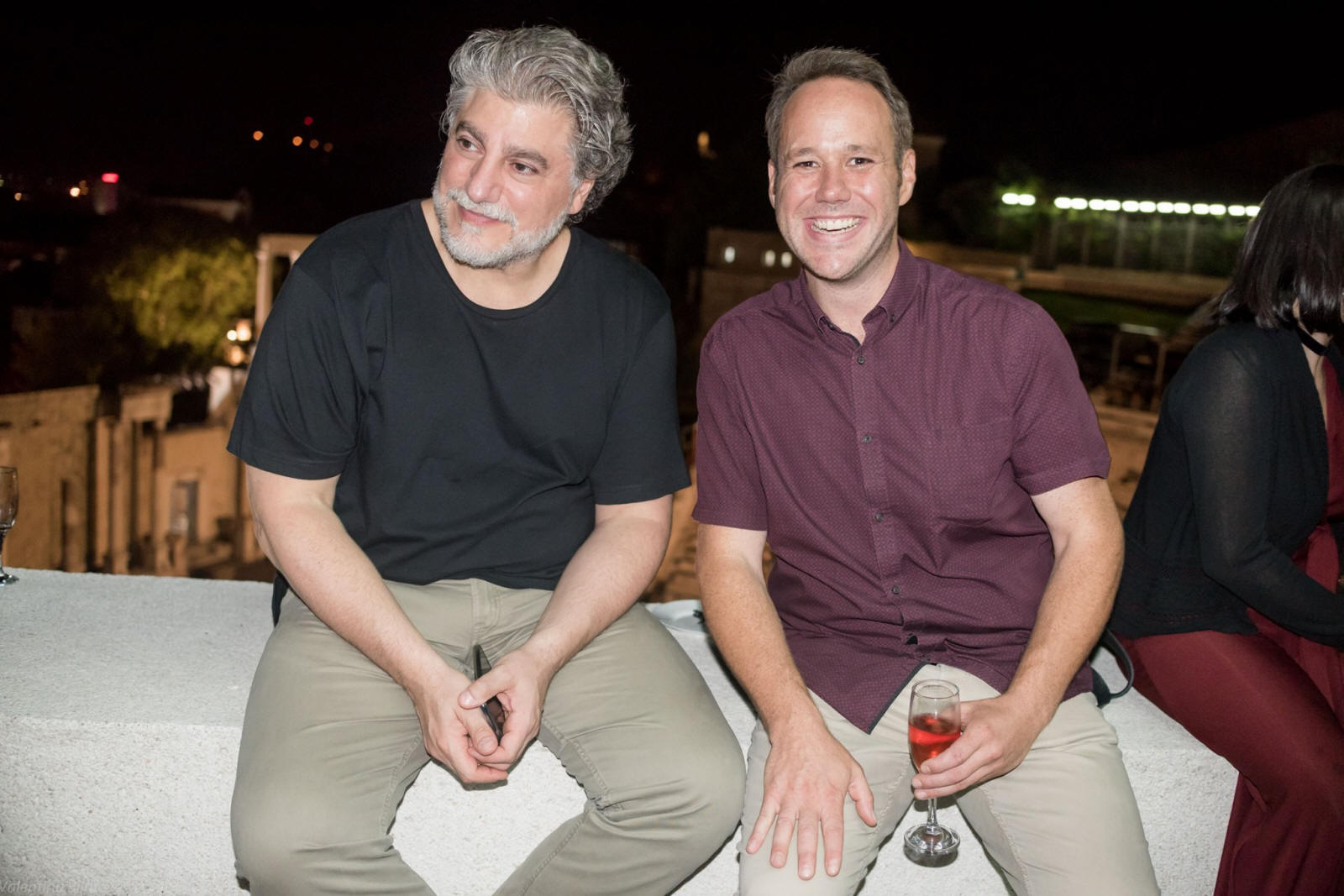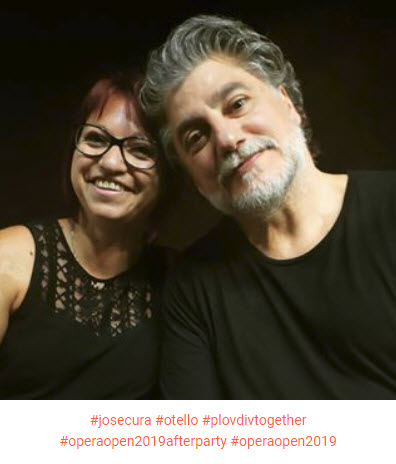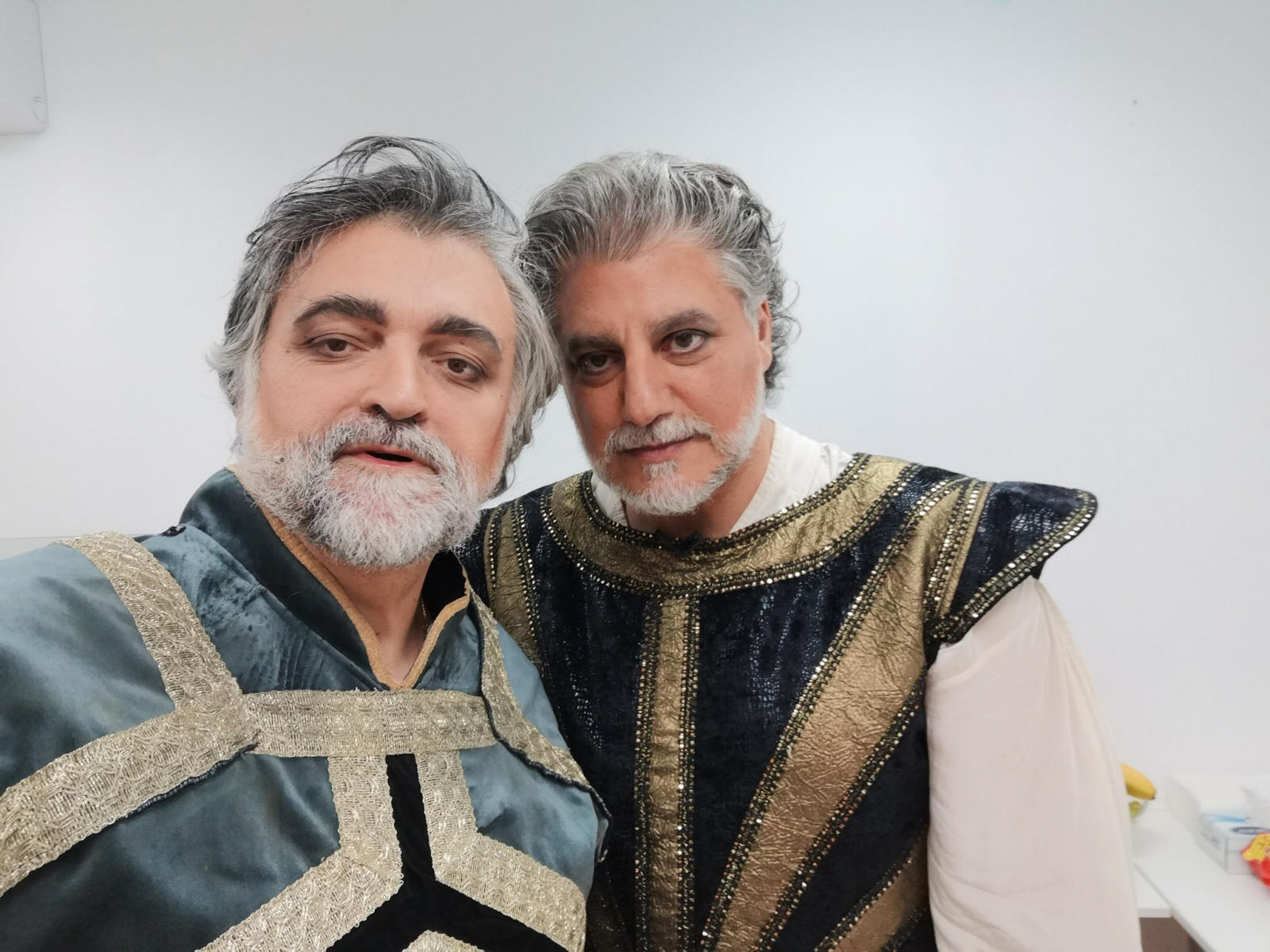|
Note: This is a machine-based translation.
We offer it only a a general guide
but it should not be considered definitive.
Jose
Cura: "Artists Become Famous Before They Turn
into Artists"
Classic FM
Georgi Mitov-Gemi
[Excerpt]
Tenor, director and opera producer, conductor, photographer.
Pure, open, provocative, hearty. The famous
Jose Cura returned to Bulgaria at the invitation
of the State Opera - Plovdiv to join the Otello
(Giuseppe Verdi) performance within the Opera Open
festival, part of the Plovdiv - European Capital
of Culture 2019 program.
"On
July 26, I will be on stage at the Ancient Theater
in Plovdiv with a band of my excellent fellow singers,
the choir and orchestra of the State Opera - Plovdiv
and the magnificent technical staff that works so
well in front of and behind the stage. So everything
is ready for everyone to come and enjoy a wonderful
show and spend nice moments together.” With this
friendly invitation, Jose Cura addressed the listeners
of Classic FM Radio, not forgetting to appreciate
the level of his Bulgarian colleagues. "They
work on a highly professional level and the climate
is great. It would be wonderful to work here and
do even more, since it has been 16 years since my
last visit. It's been many years! It is good
that Plovdiv is the European Capital of Culture.
The body is magnificent. The opera theater is excellent
and the director Nina Naidenova is very friendly
and well prepared. I feel good and if they invite
me, I will come back without a problem,” confirmed
the Argentine opera singer.
Tonight in Plovdiv he will play one of his crowning
roles - that of Otello, partnering with Tanya Ivanova
(Desdemona), and visiting baritone Piero Teranova
(Iago). The remaining parties are distributed among
Elena Chavdarova - Isa, Mark Fowler, Alexander Baranov,
Alexander Nosikov, Yevgeny Arabadzhiev and August
Metodiev. The conductor of one of the most powerful
musical dramas in the opera literature is Maestro
Dian Chobanov. The production director (also director
of the Plovdiv Opera, Assoc.), Prof. Nina Naydenova,
examines the constantly changing duality in the
relations of the heroes and peeps in the darkest
depths of the human heart. The Ancient Theater was
transformed into medieval Cyprus by scenographer
Svetoslav Kokalov ("Askeer" for "Storm"
and "Don Quixote" by Alexander Morfov).
The costumes from the period are made by the artist
Tsvetanka Petkova - Stoynova, and the dancing is
placed by the choreographer Boryana Sechanova. The
choir is led by Dragomir Yosifov, and the concertmaster
Miko Dimitrov is head of the Plovdiv Opera Orchestra.
In the preparation of the show is included the stage
martial artist Kamen Ivanov, who helps the soloists
to master the intricacies of the fencing.
José Cura has performed the role of Otello hundreds
of times on world stages including the Salzburg
Festival, Barcelona's Gran Liceu, Teatro Regio
in Torino, Teatro Colon in Buenos Aires, the Teatro
Real in Madrid and others. In the last two years,
the remarkable maestro debuted in two major opera
productions - Tannhäuser by Richard Wagner
at the Monte Carlo Opera and Peter Grimes by Benjamin
Britton at the Opera Theater in Bonn, Germany.
The world-famous musician is concerned about the
next generation of talented artists. "New voices
come from China, Japan, Korea, Russia. This is a
specific public phenomenon. When I was young, I
often asked why so many South Americans came to
sing in Europe. The answer is that in South America
the difference between succeeding and failing is
to eat or not to eat. The same happens with boys
and girls from Asia, Korea, China, Russia, Balkan
countries."
The 56-year-old tenor remains cautious about the
future of opera art. "Artists become known
before they have become such. To be an artist, you
have take time," said Maestro Cura. "By
the end of the 90's and the beginning of this
century, to be famous, you had to have a bunch of
qualities - artistic, professional," he stresses. "Today,
to become famous, you need to master the means of
communication to serve you - the Internet, Youtube,
Instagram. Talent is abundant and mass media ruins
it. Now are the junior conductors and conductors.
It's nice, it's beautiful, but when I was
young, you could not be an orchestra conductor at
the age of 20, but a helper, an assistant conductor,
and as such, you learned the craft. Today, at 20
they are already being chosen for conductors of
the Los Angeles Philharmonic Orchestra or the New
York Philharmonic Orchestra. I think you must first
learn the knowledge and then take that job,"
said Cura.
In his words, "we are probably losing the opportunity
to have great talented artists, as we ruin them
before we let them grow, so the future is at stake.
In the case of the classical musician, whether violinist,
pianist, singer or an orchestra conductor, you have
to invest 15 years of your life so you can understand
this vocation, which is as beautiful as it is difficult.
How many young people today are willing to invest
15-20 years of their life not just to succeed but
just to find out if they can succeed at all? But
conducting an orchestra, performing an opera or
playing a violin is not learned from Wikipedia.
There is no way this can happen!"
At the end of the interview, José Cura noted the
25th anniversary of Classif FM radio with these
words: "Anyone who has reached 25 years
of something and continues to maintain enthusiasm
and a desire to do so, deserves a great applause,
congratulations and good luck!"
|
